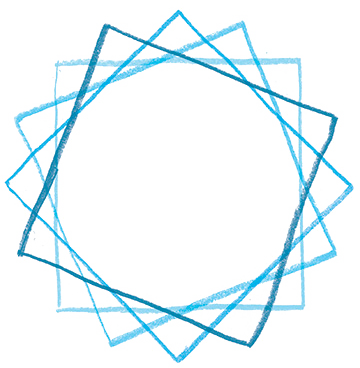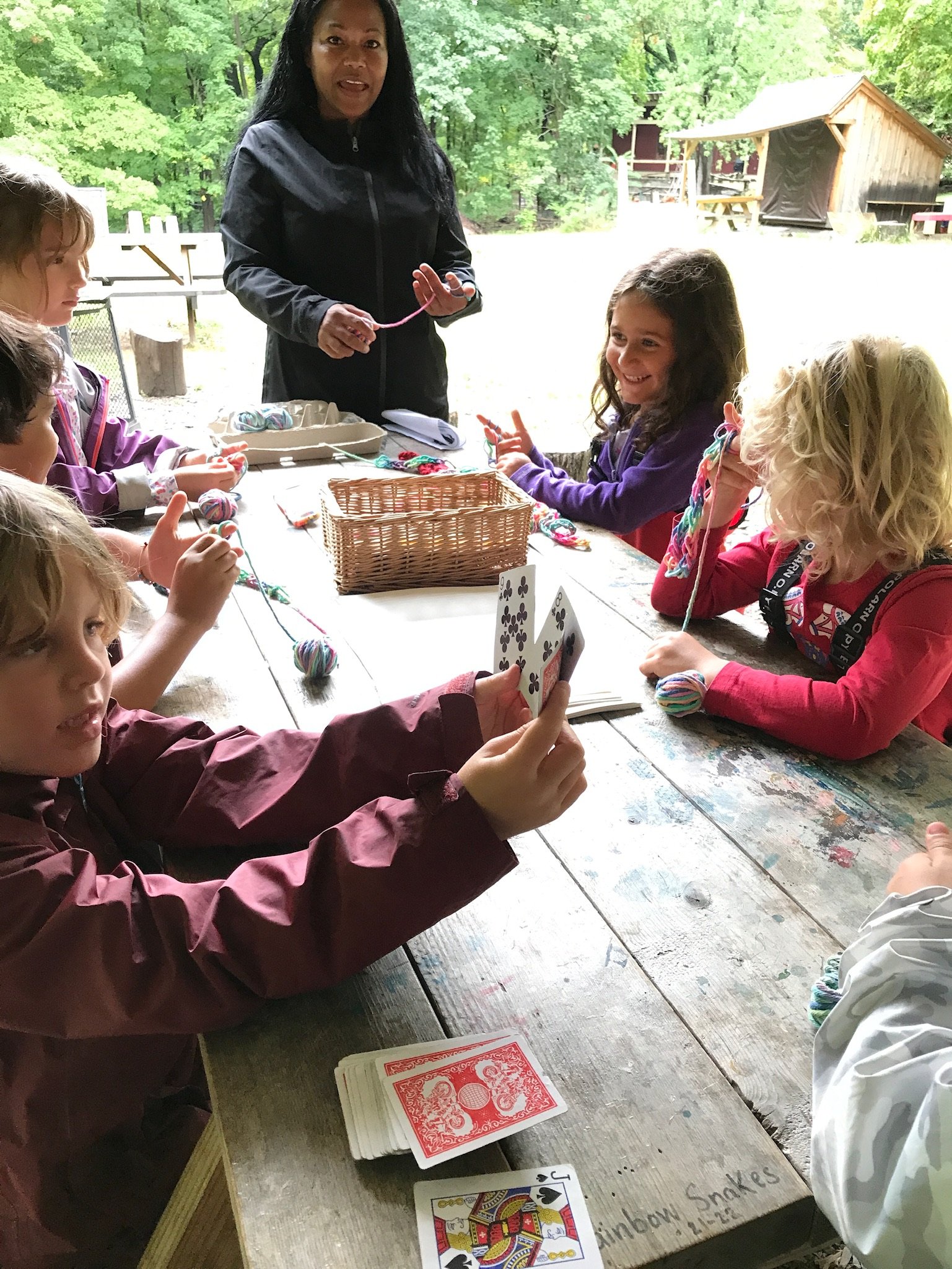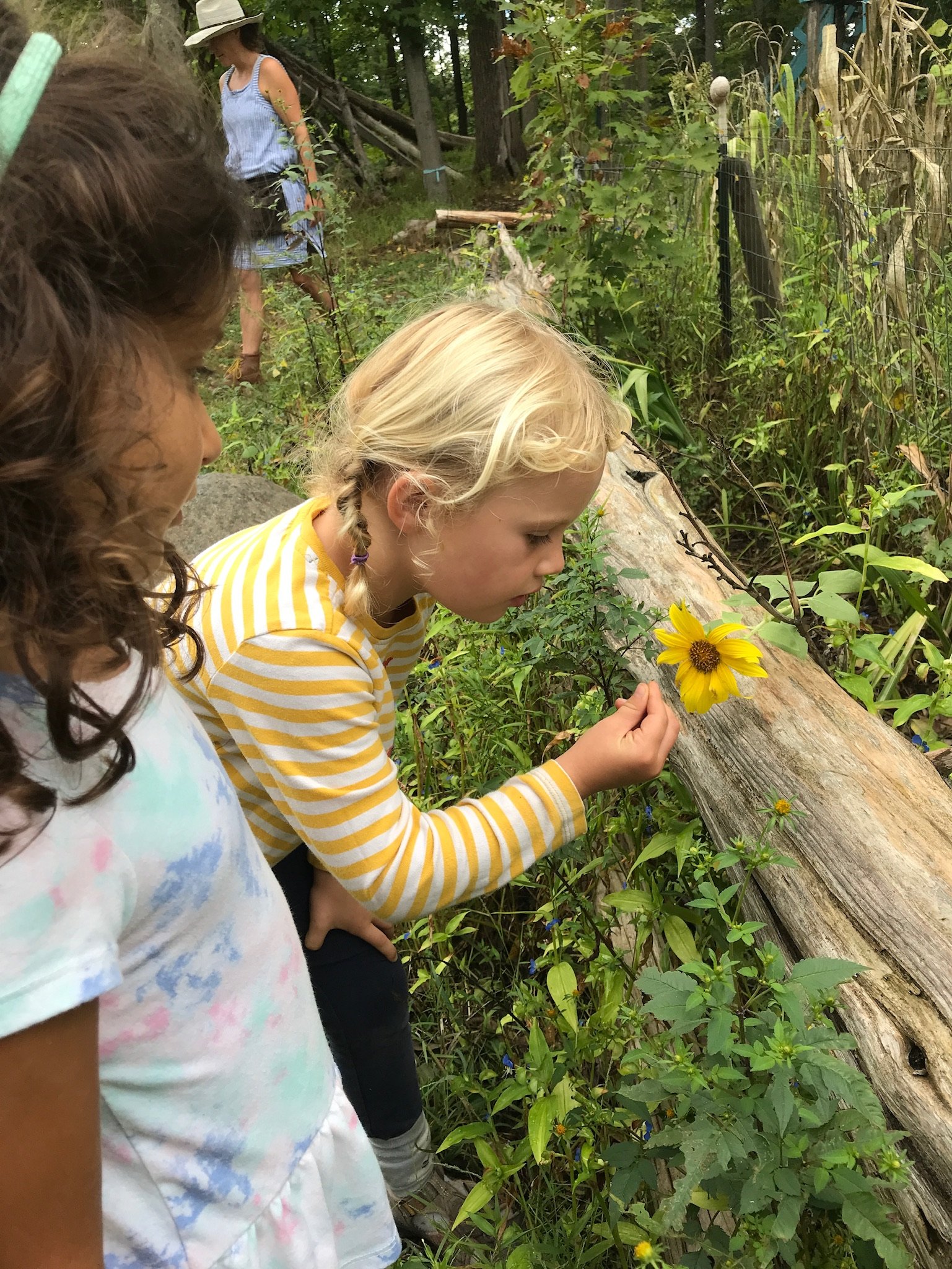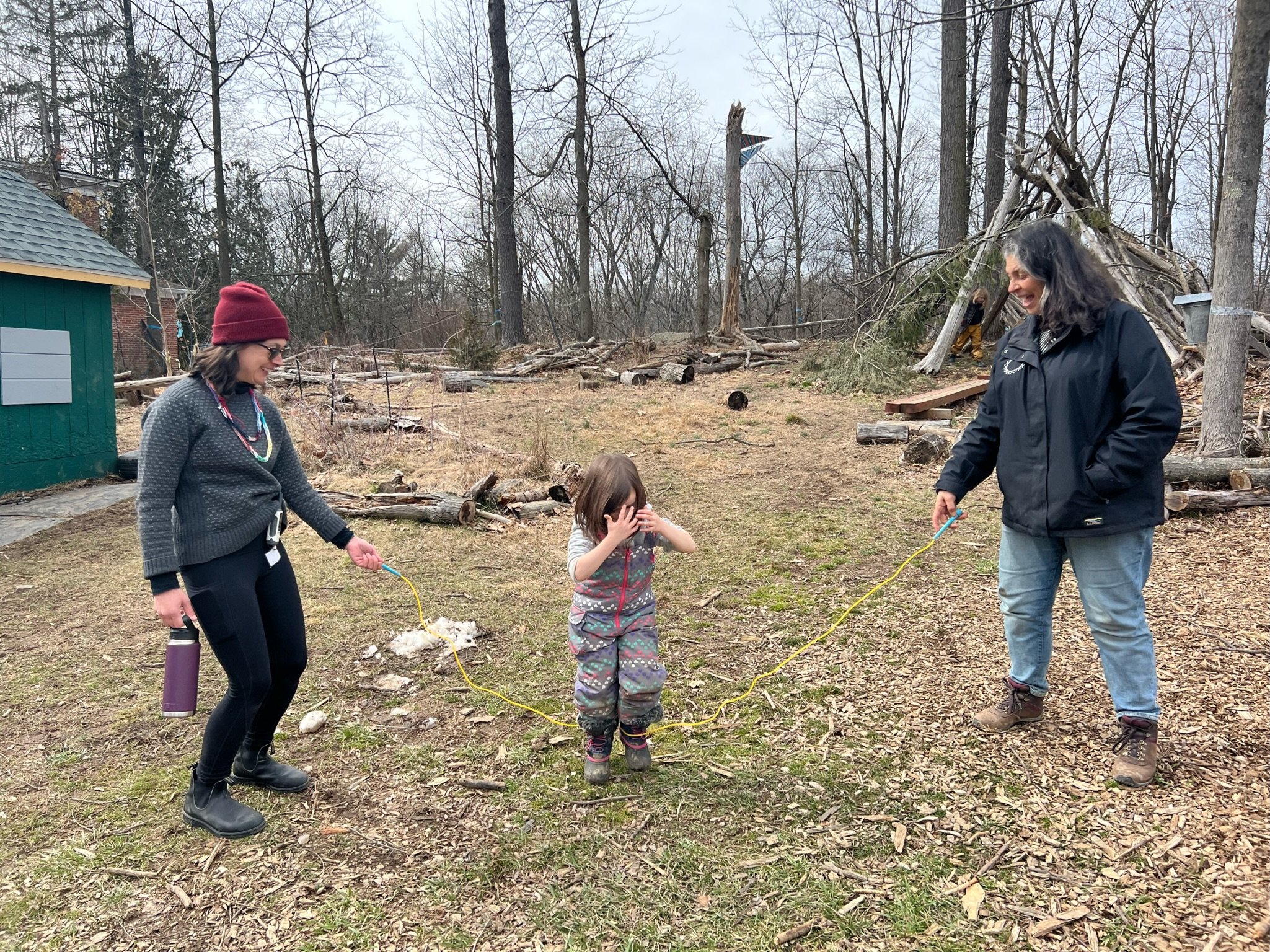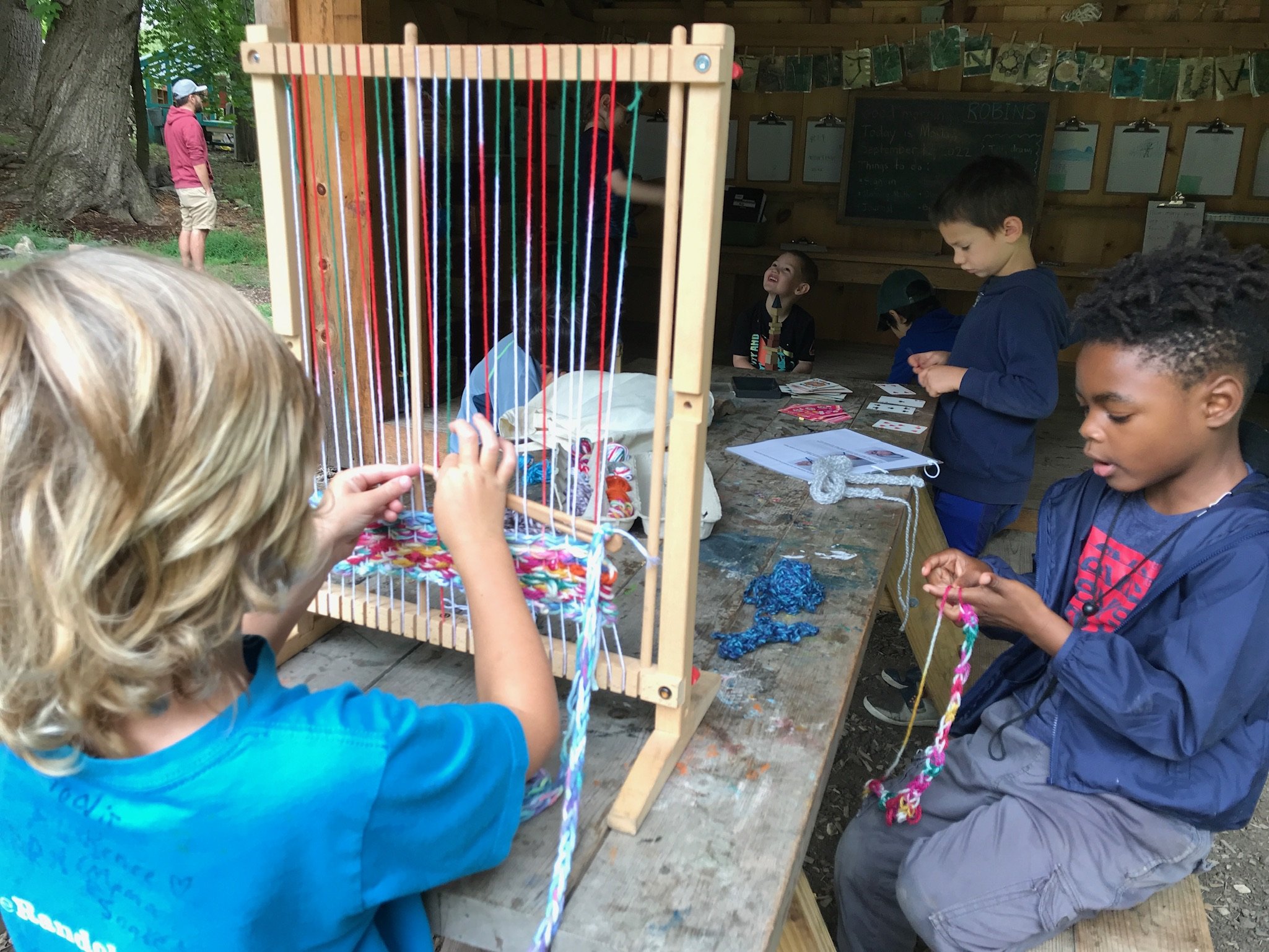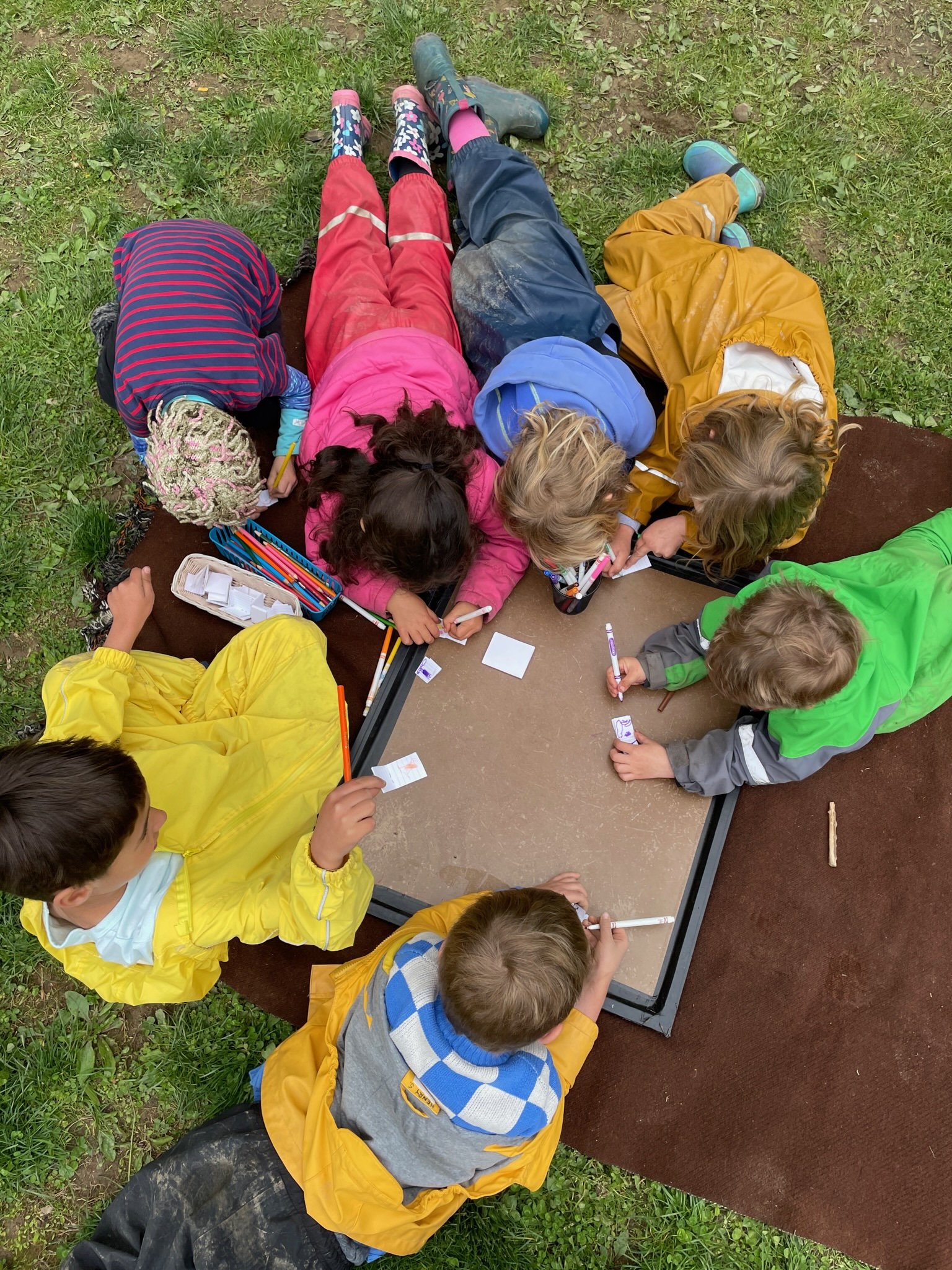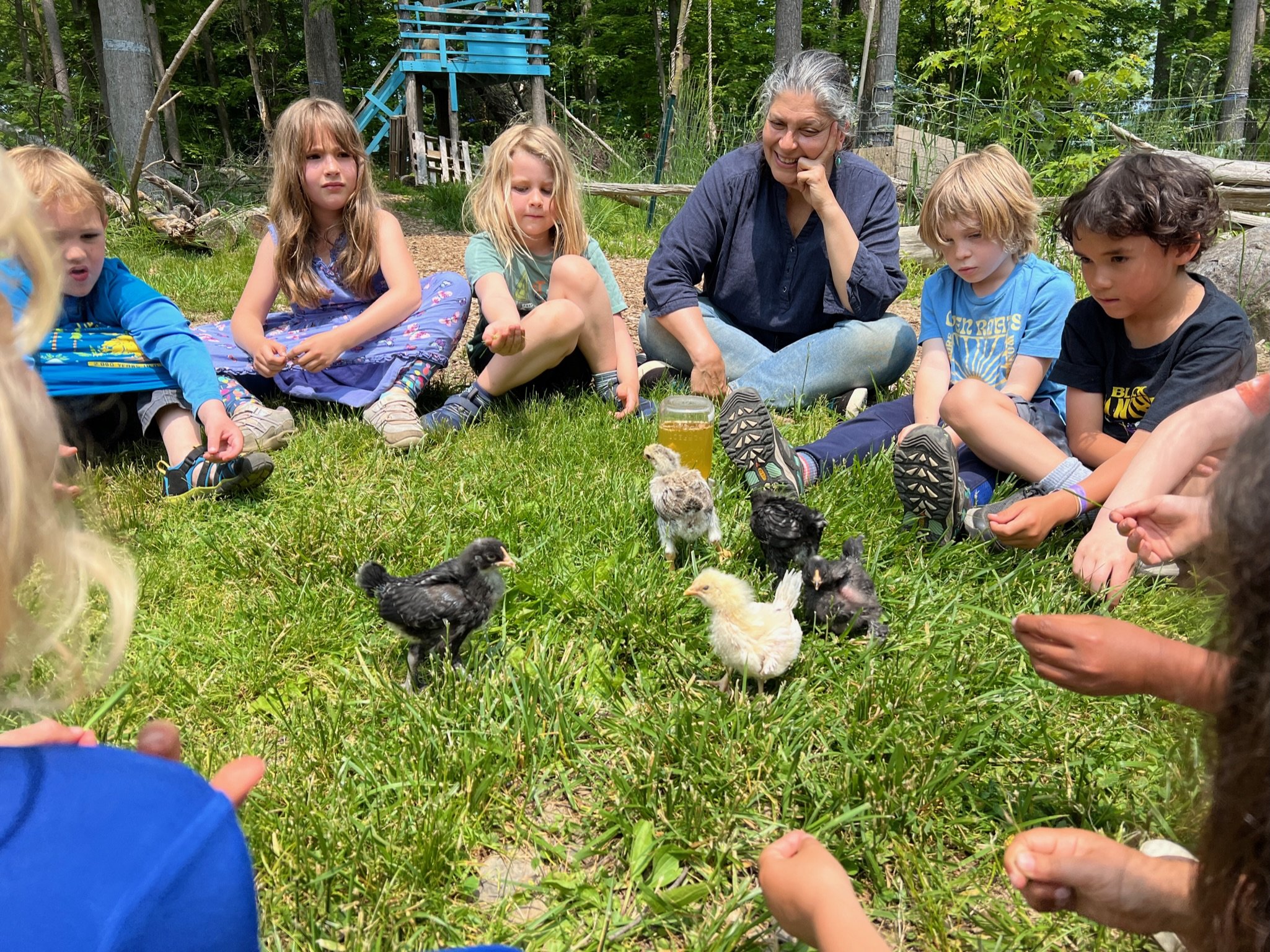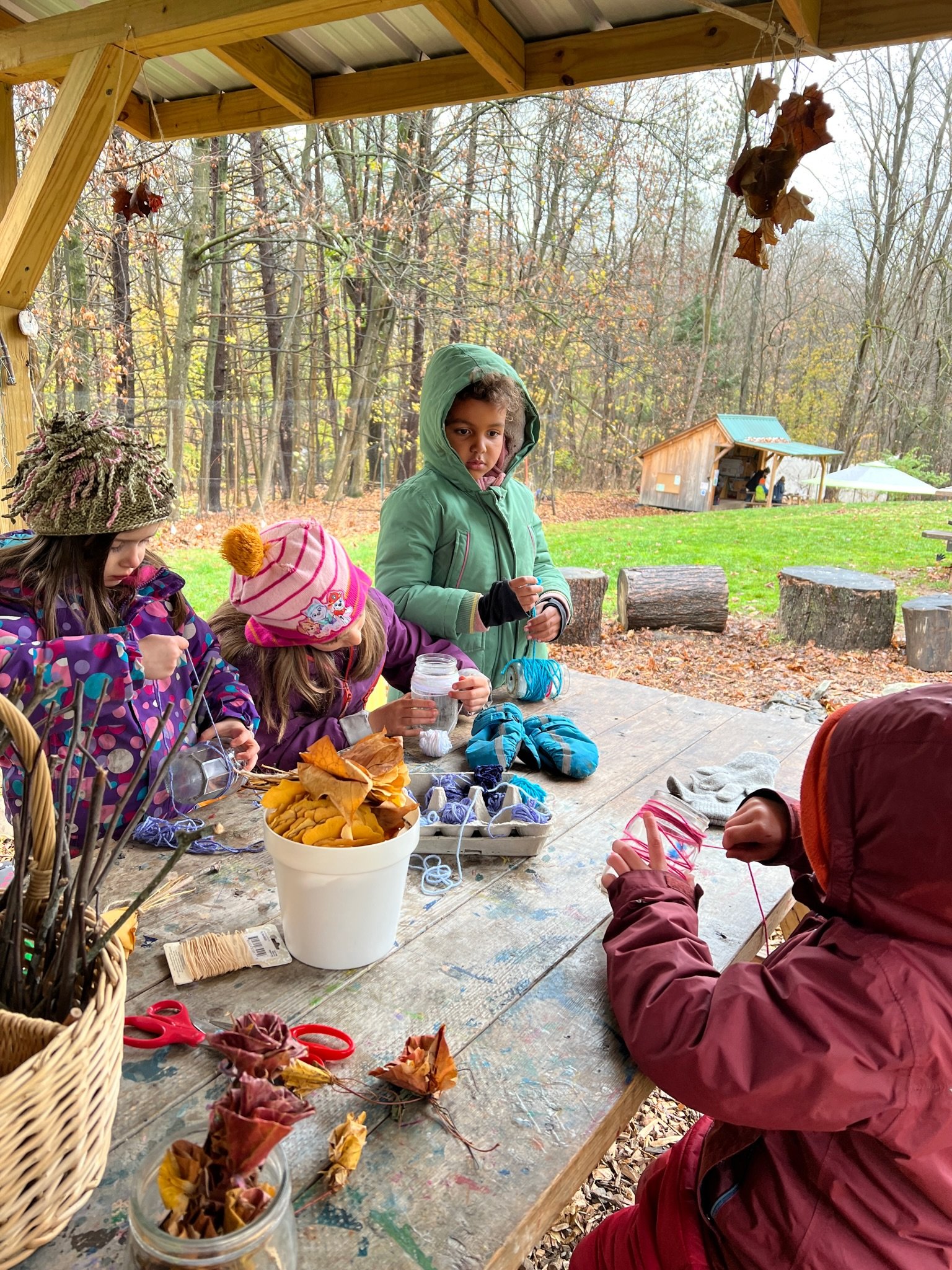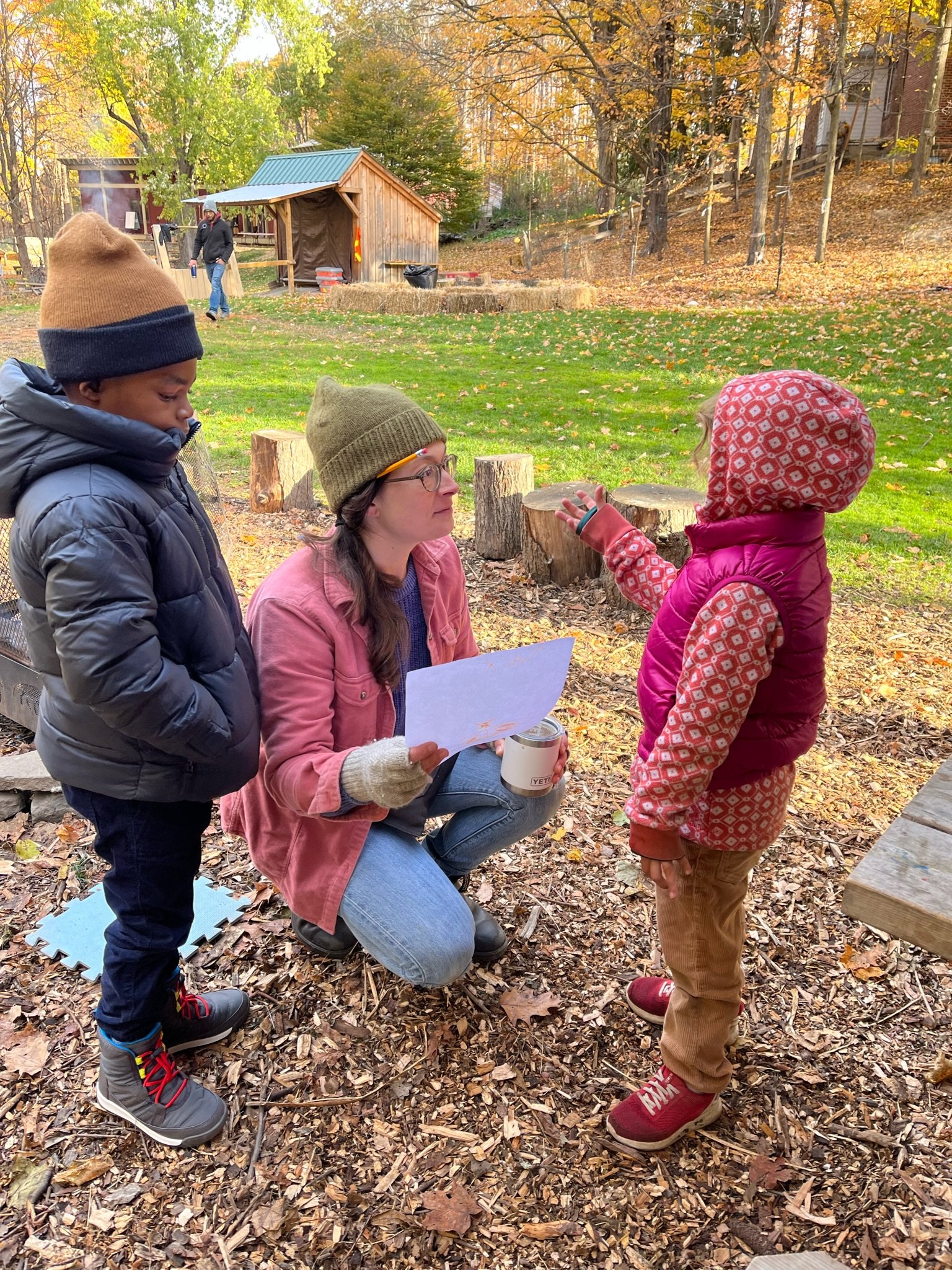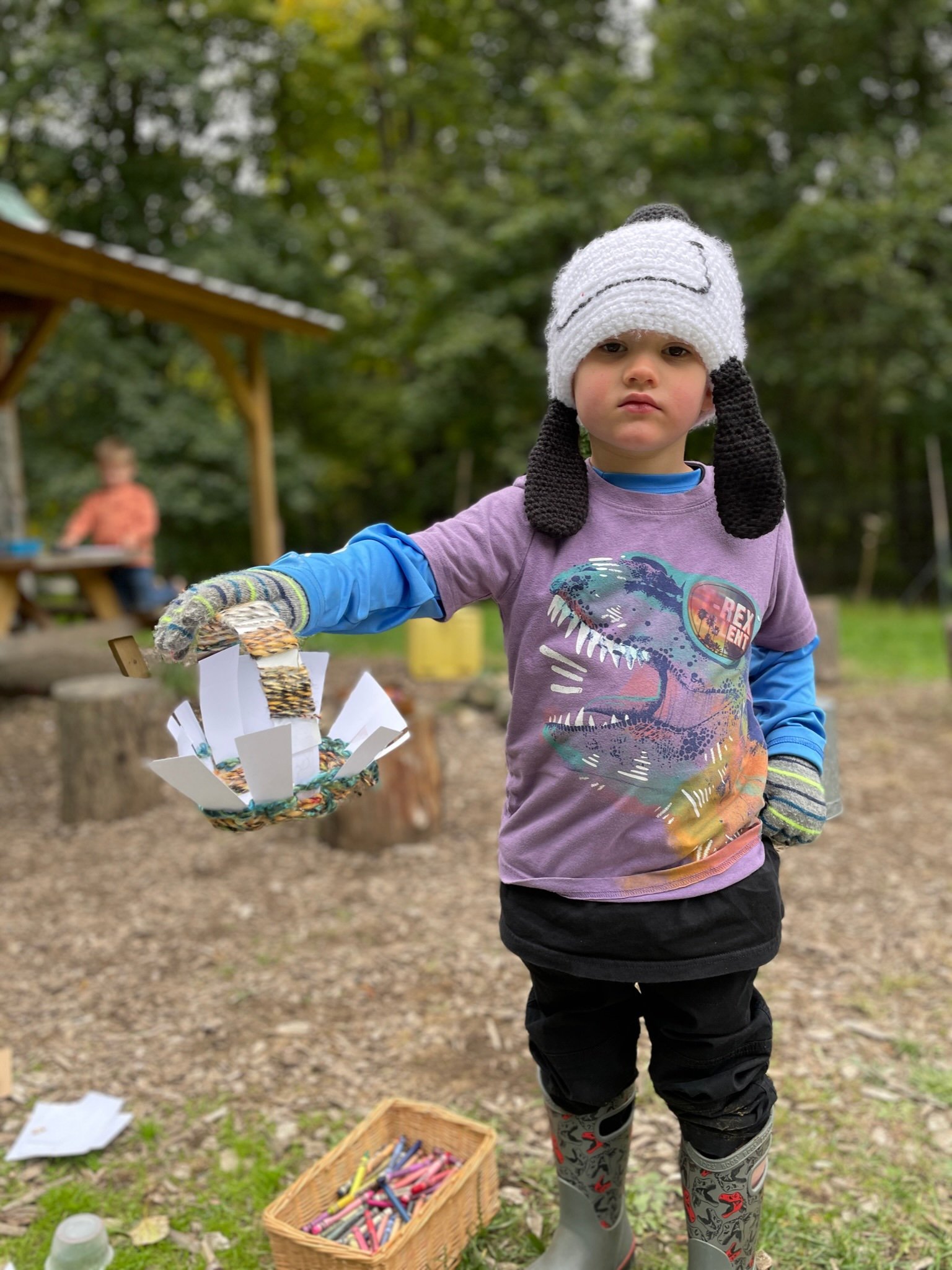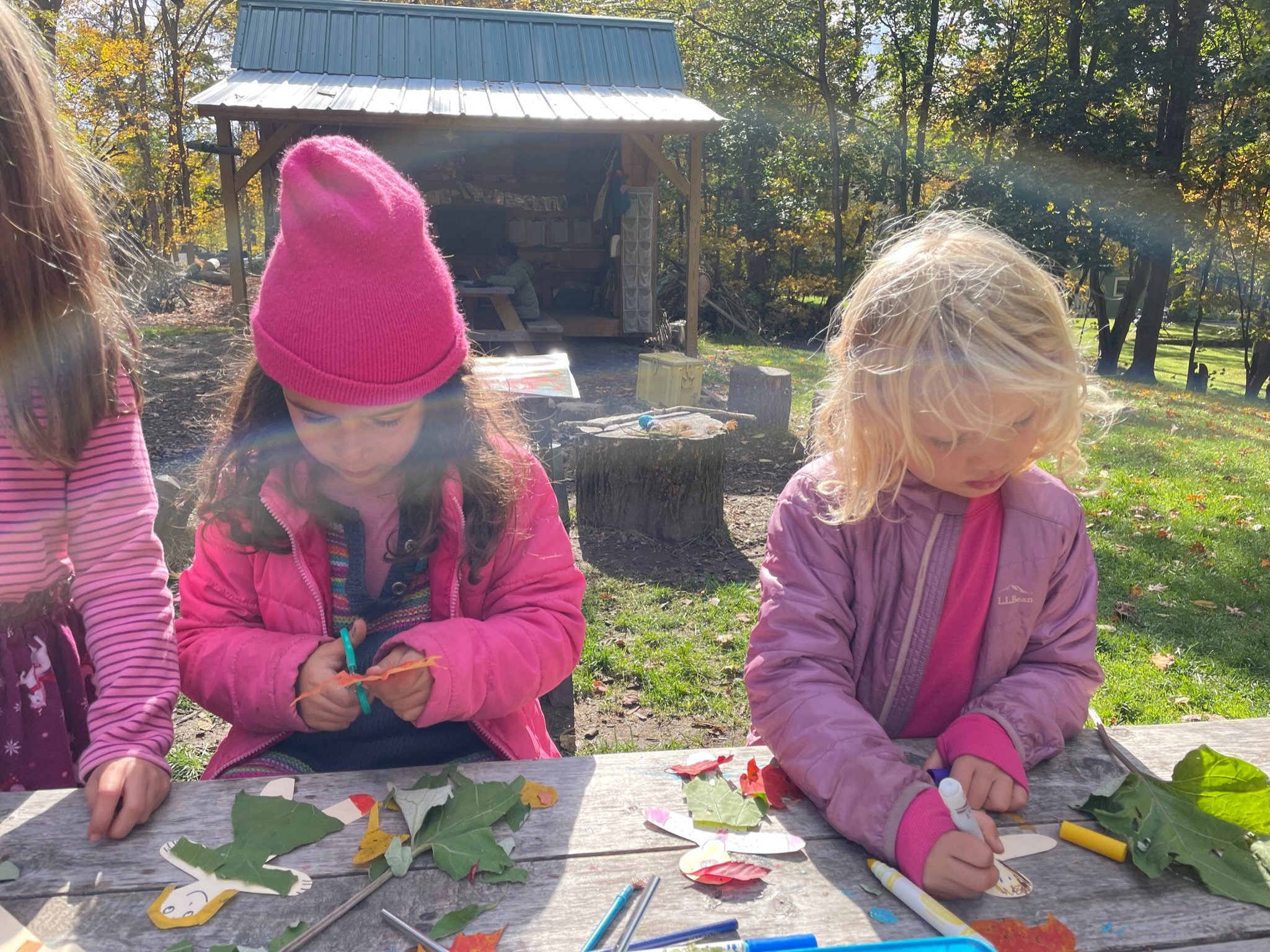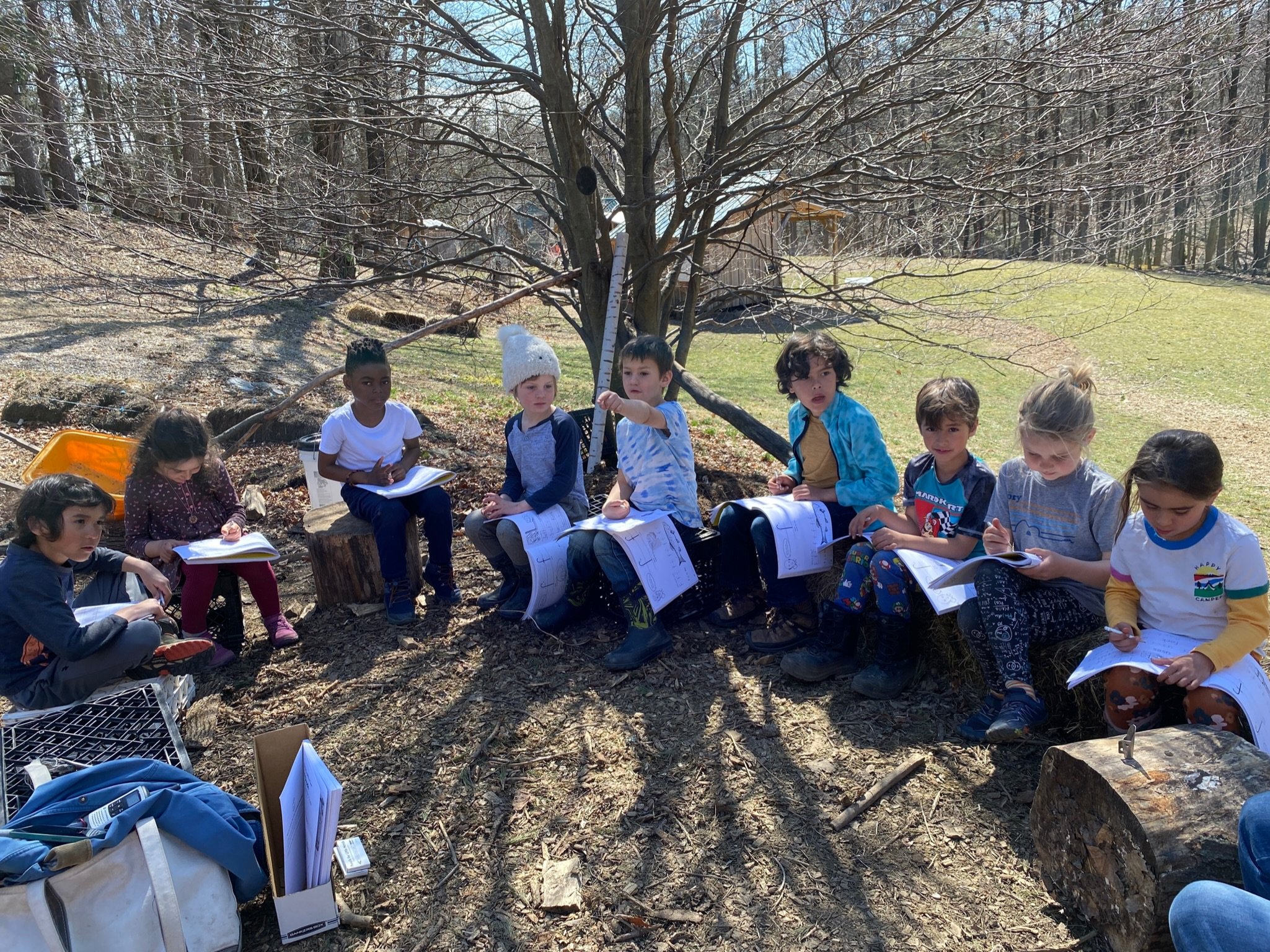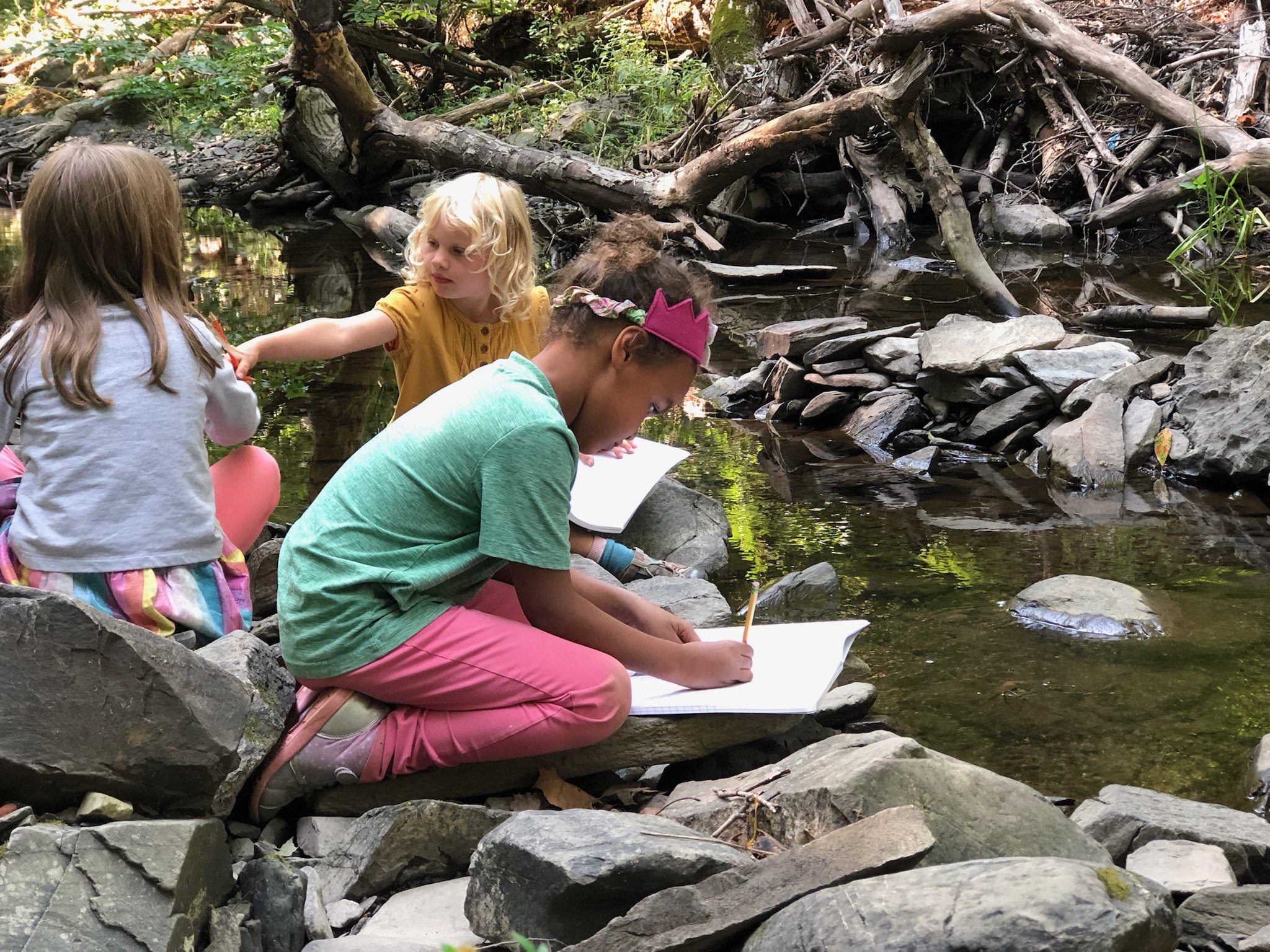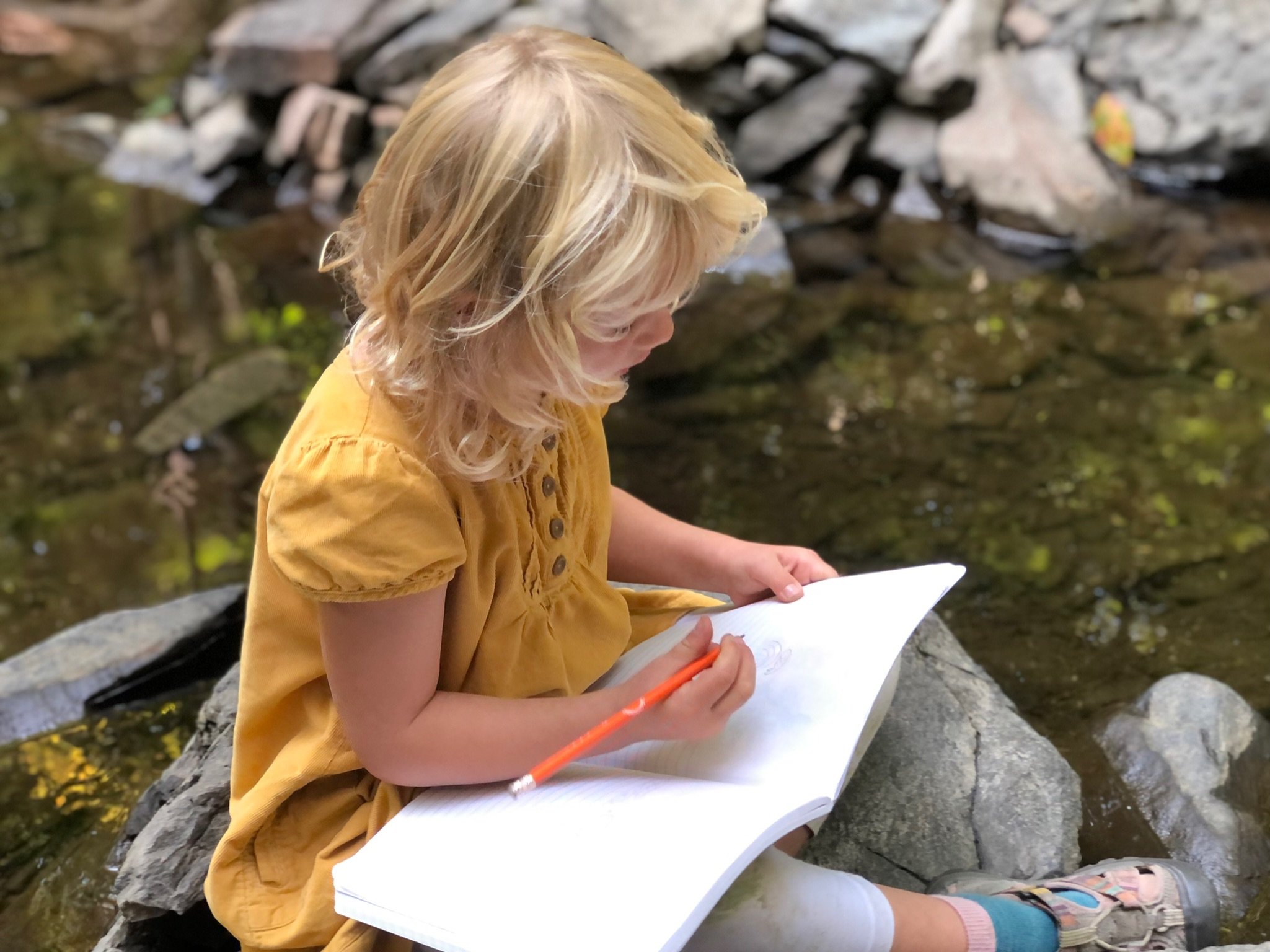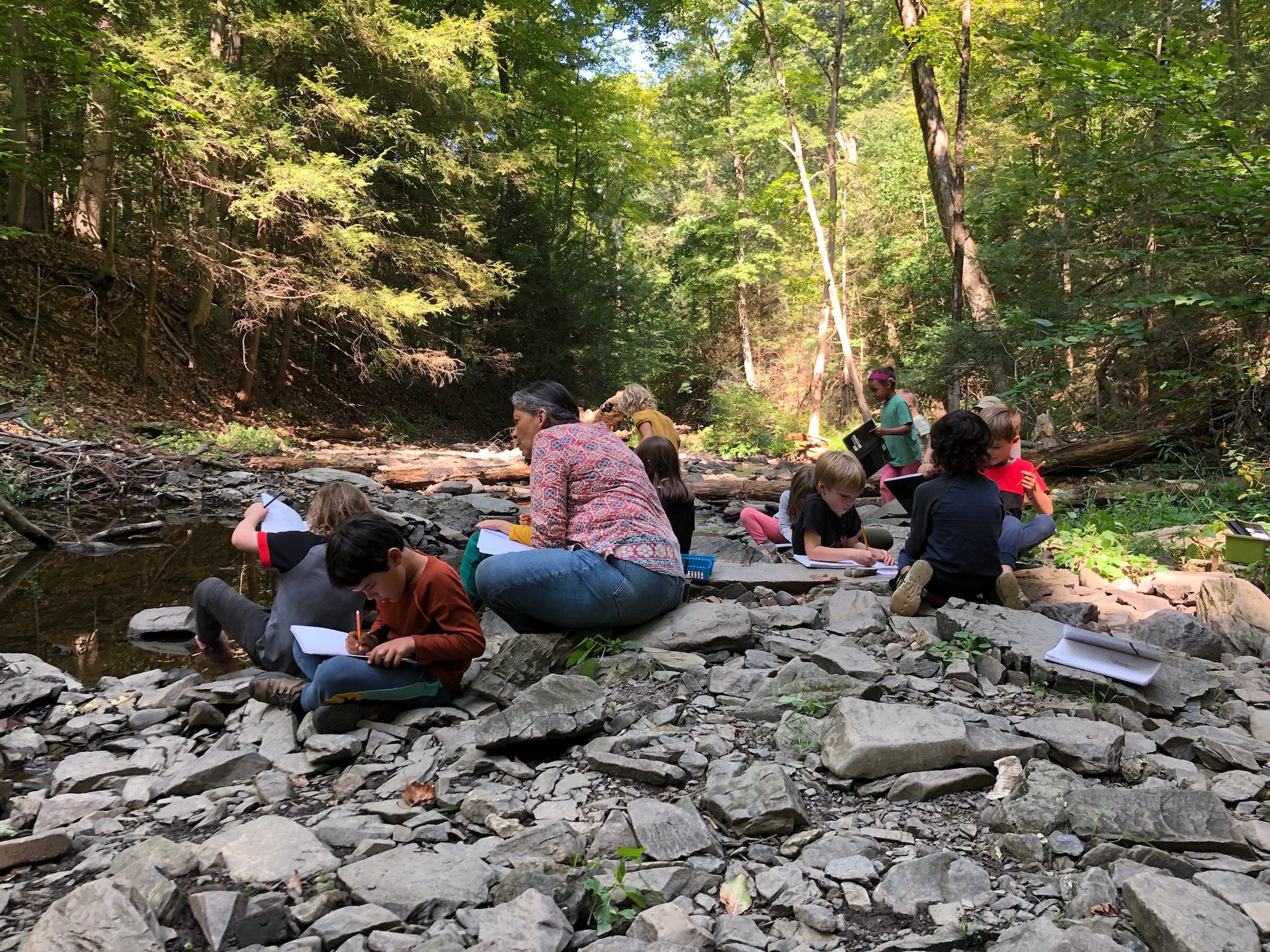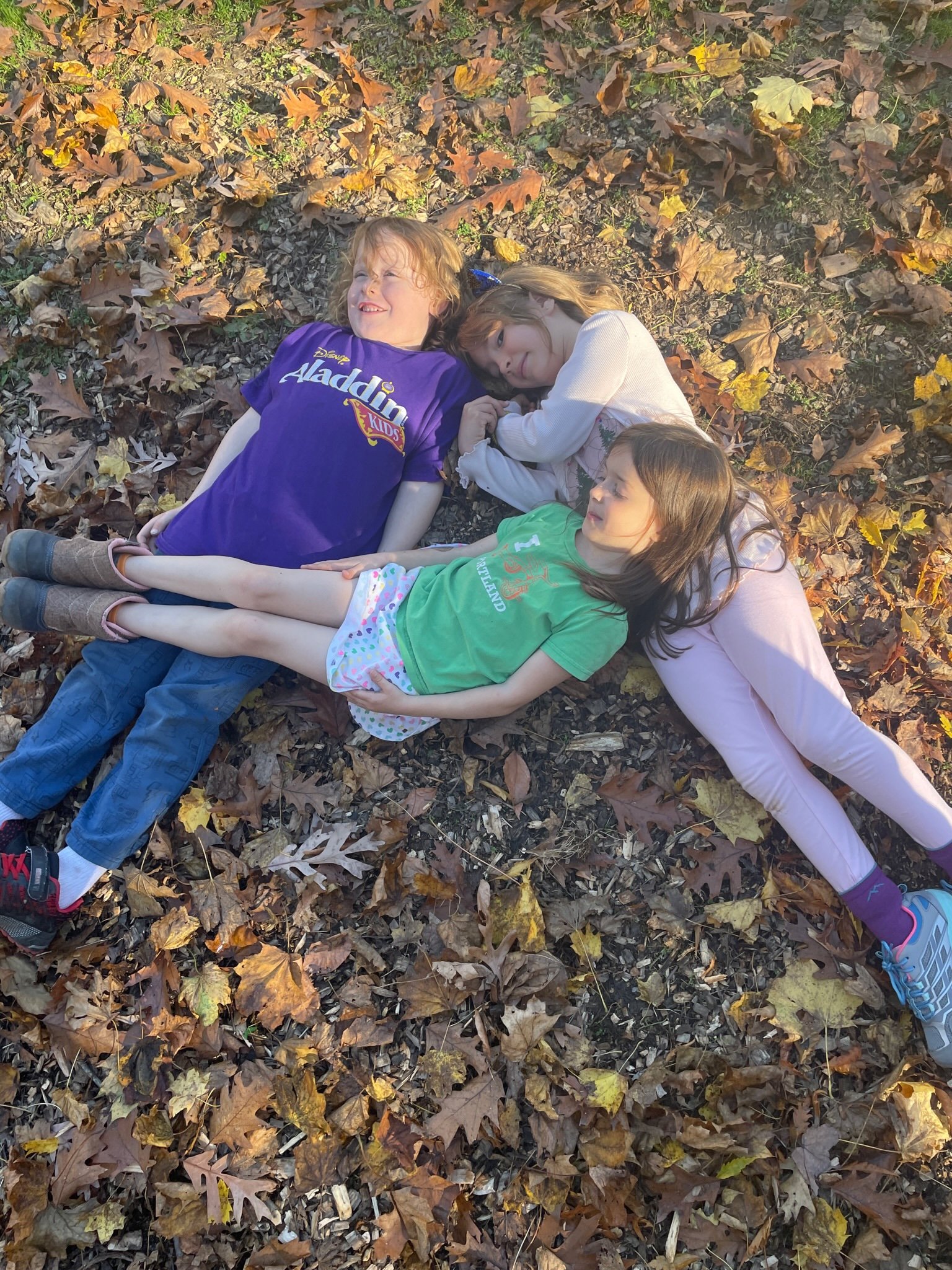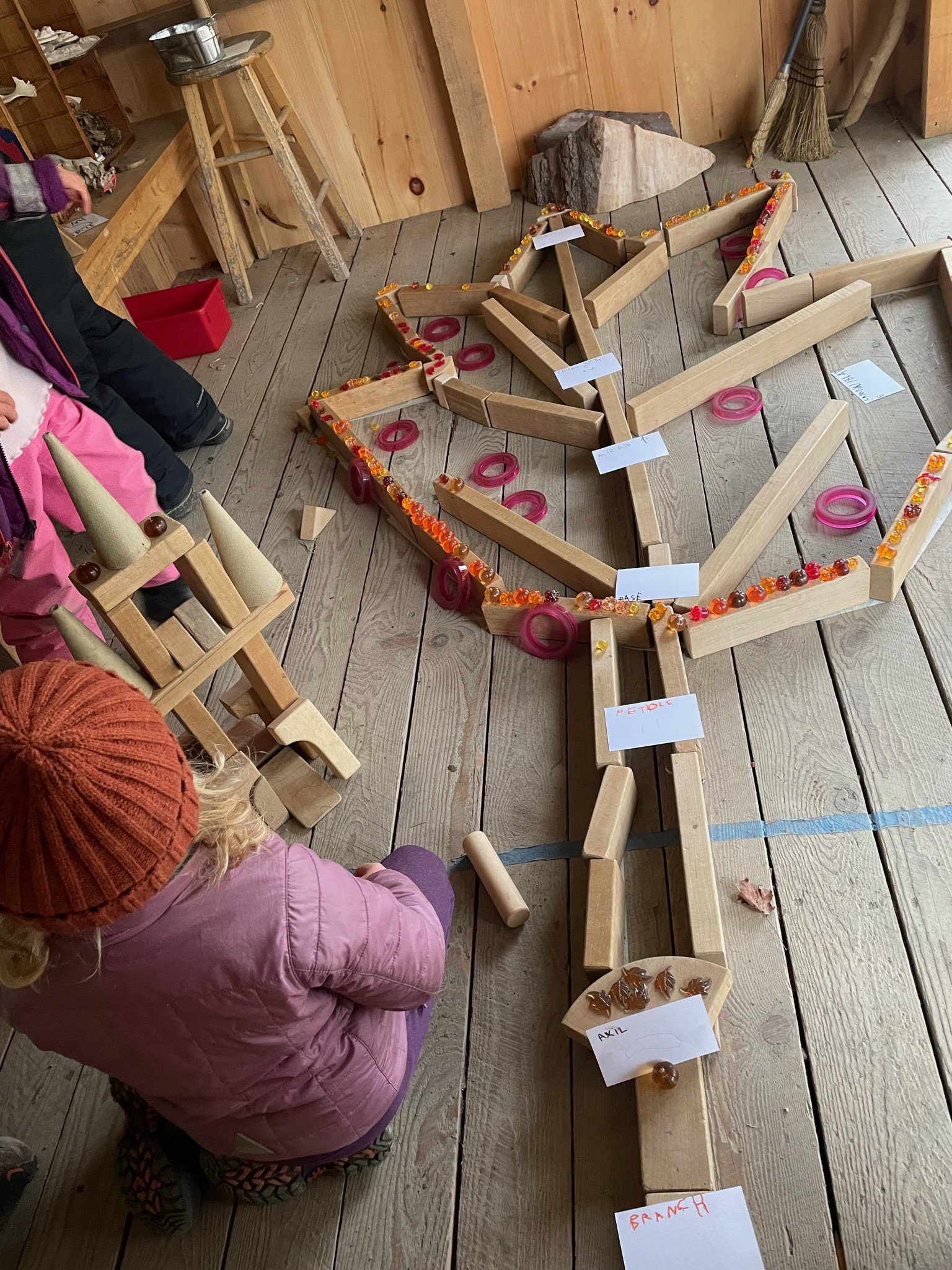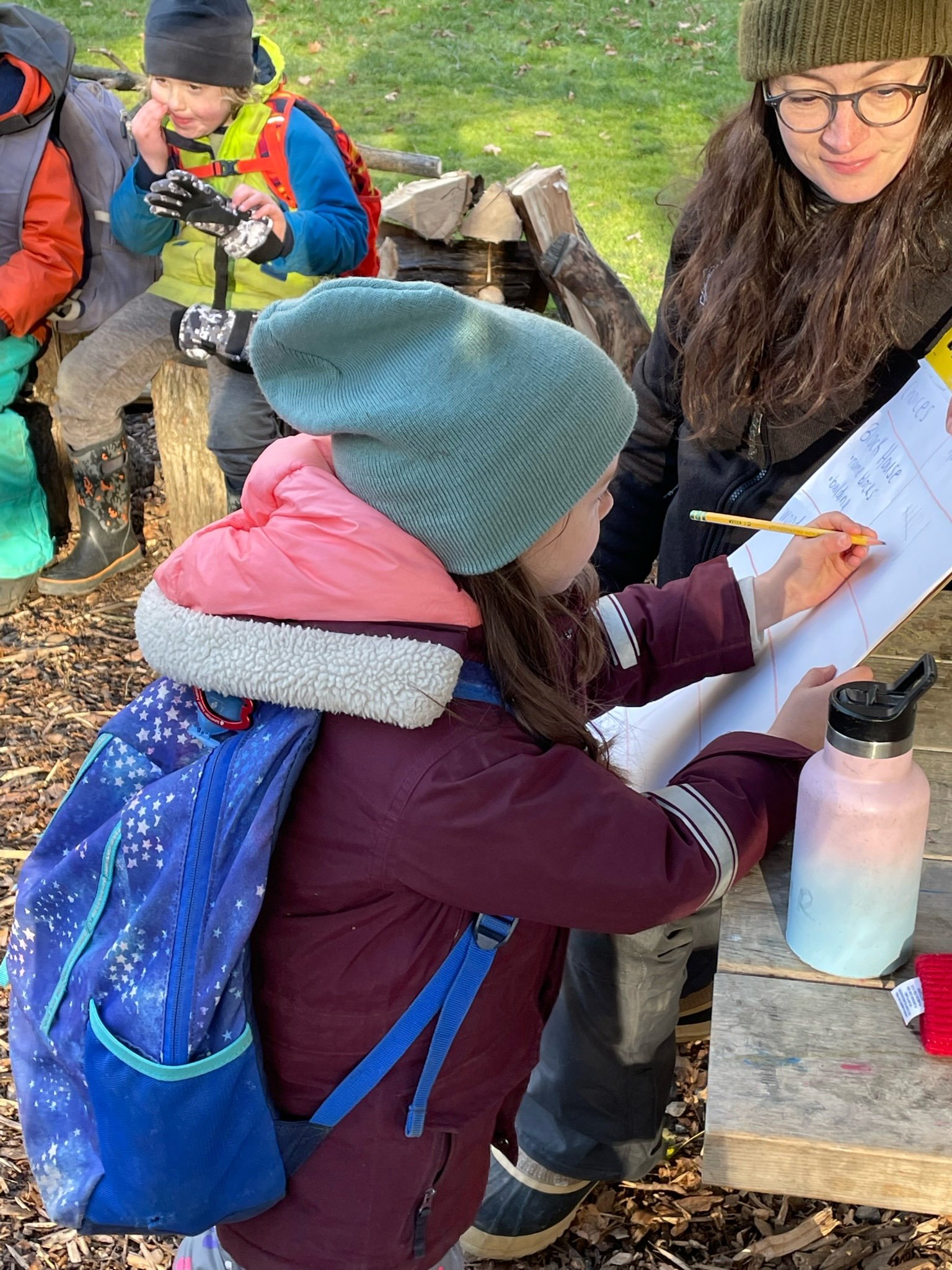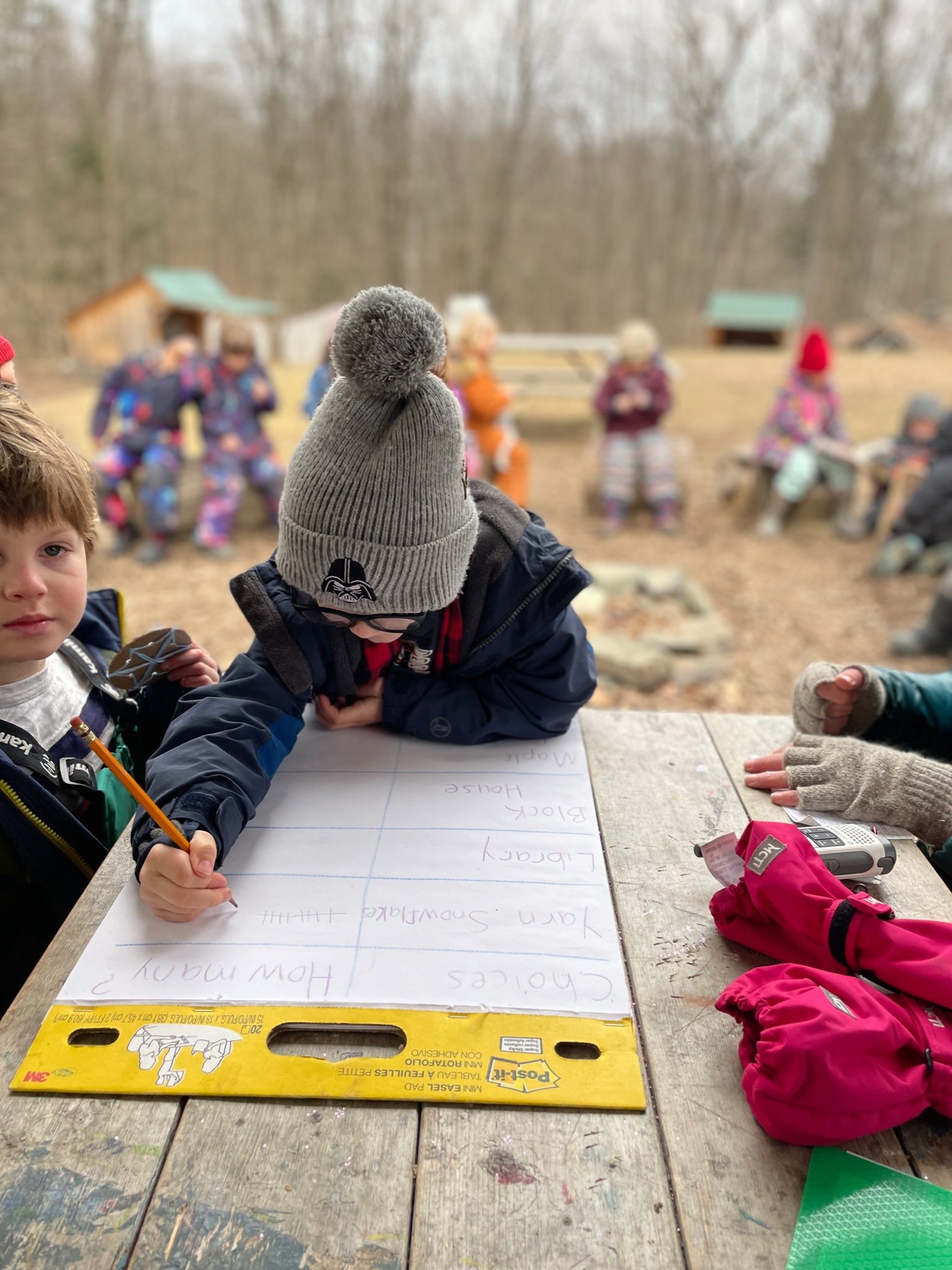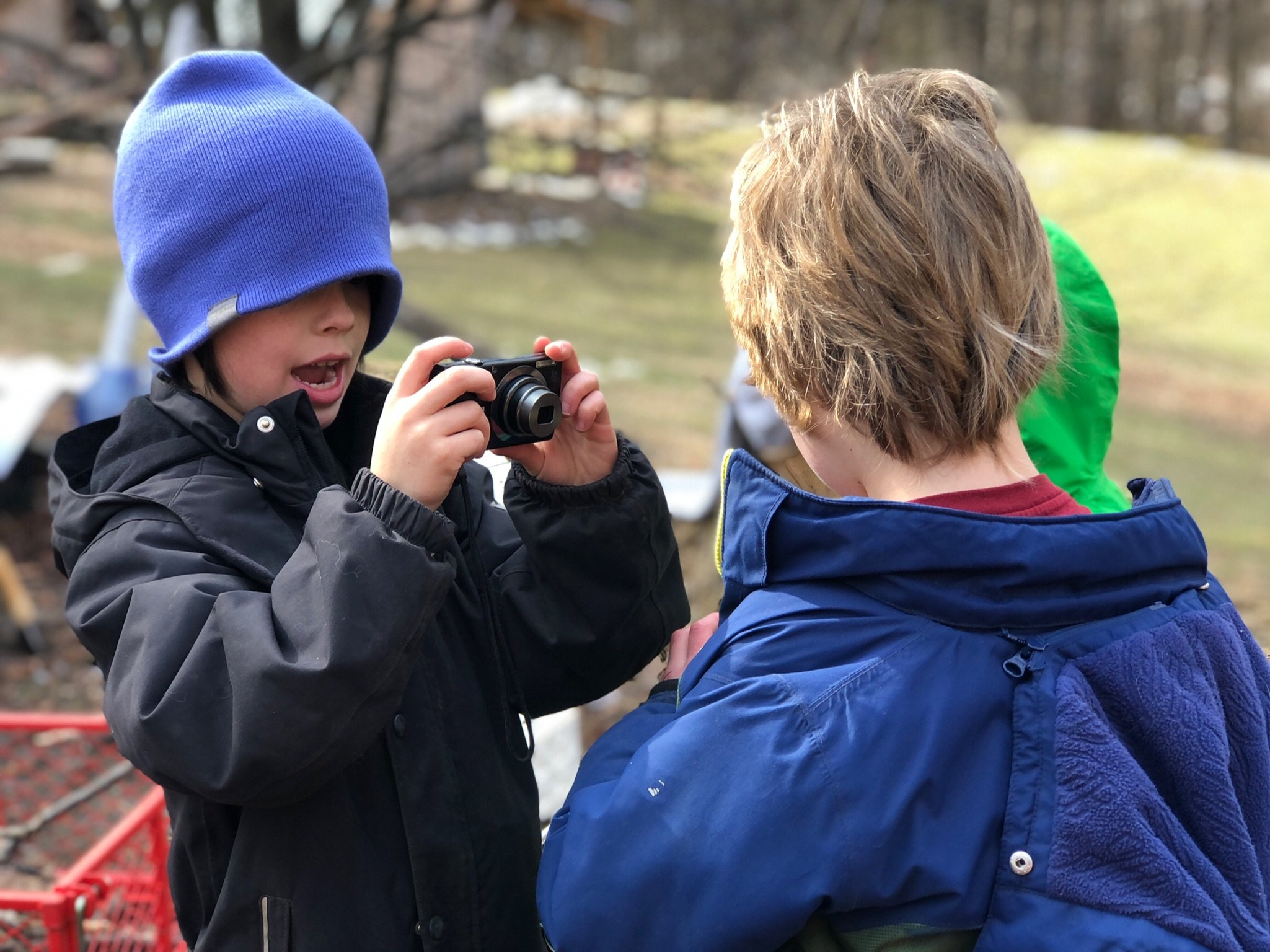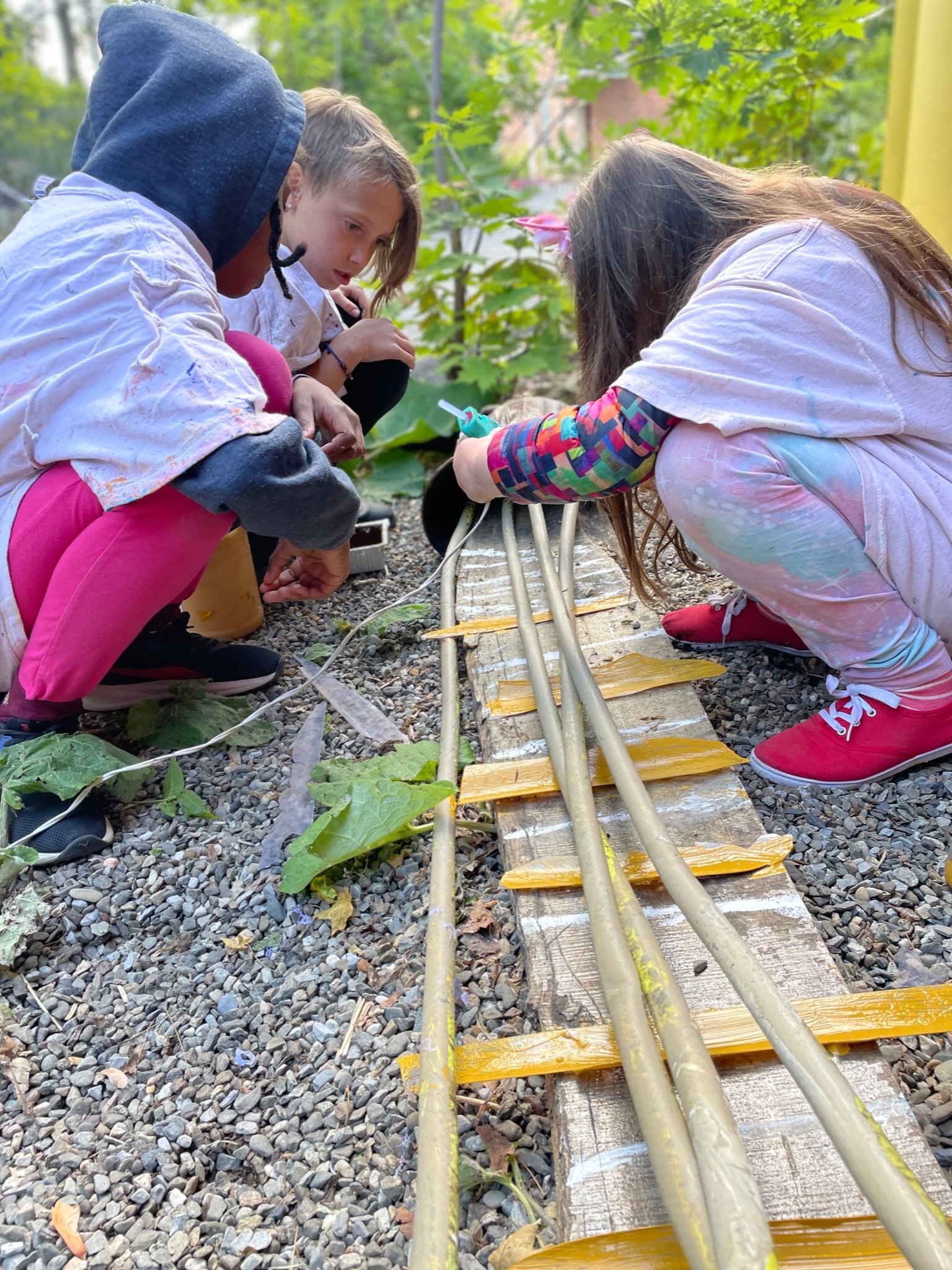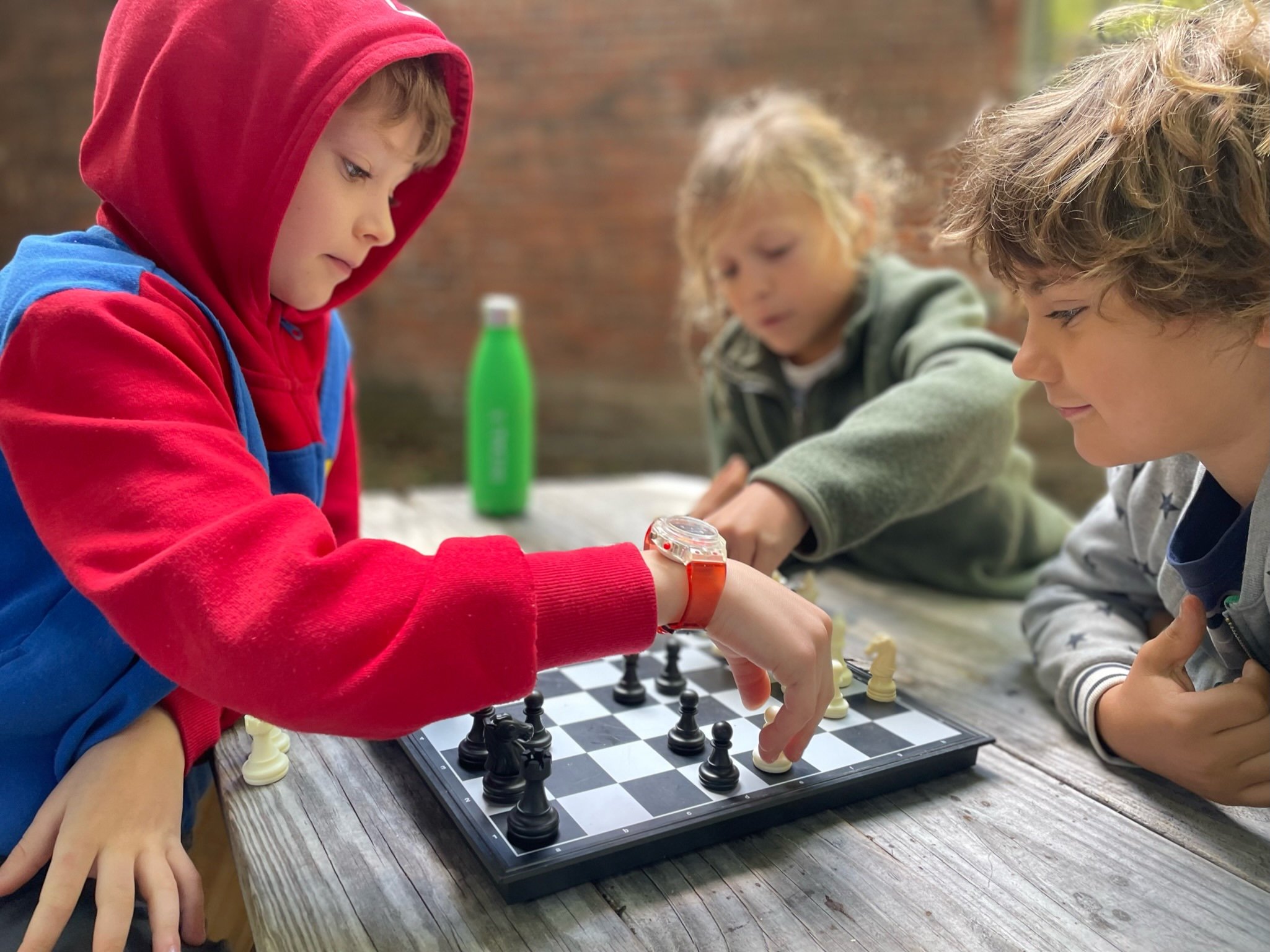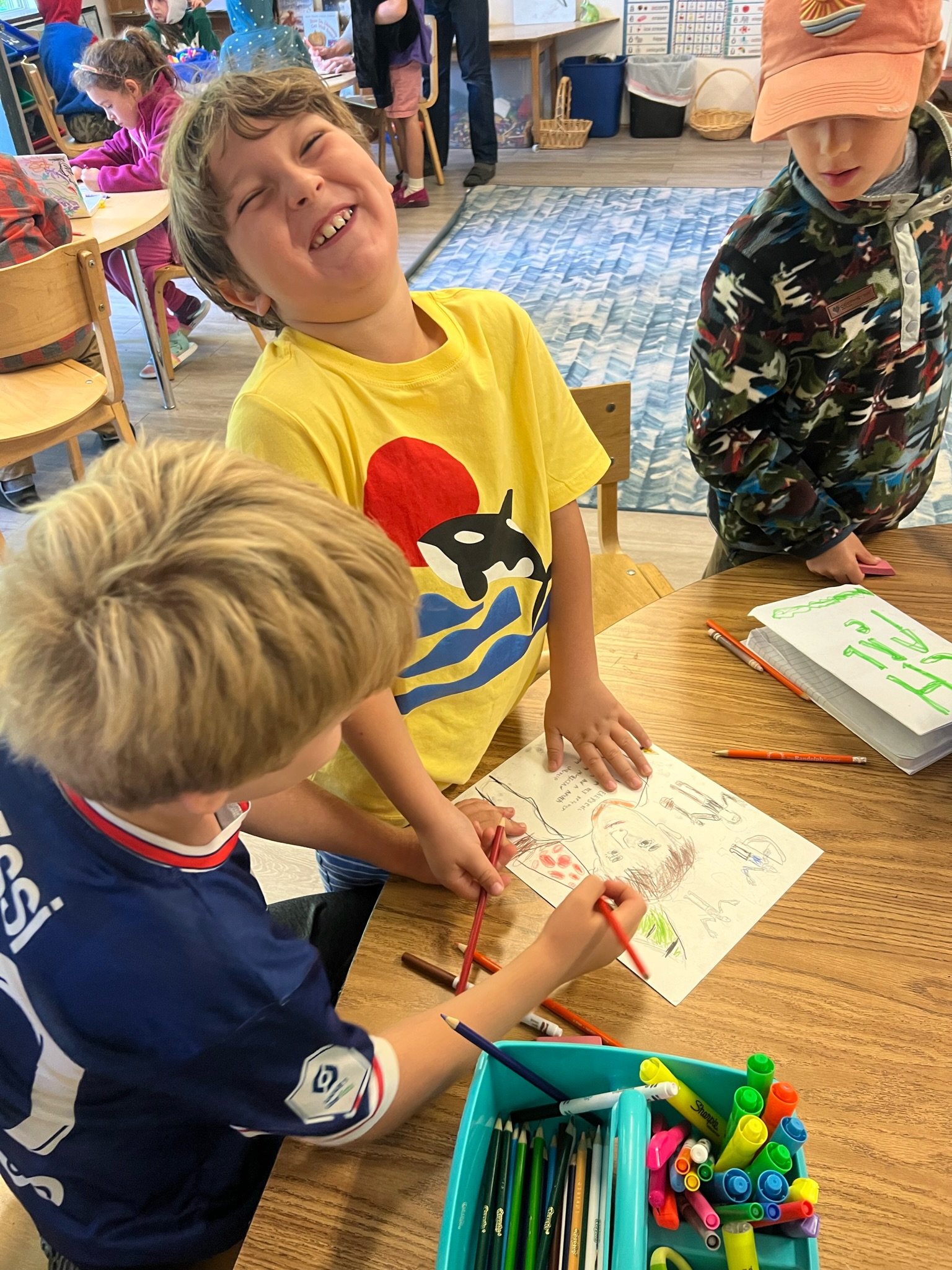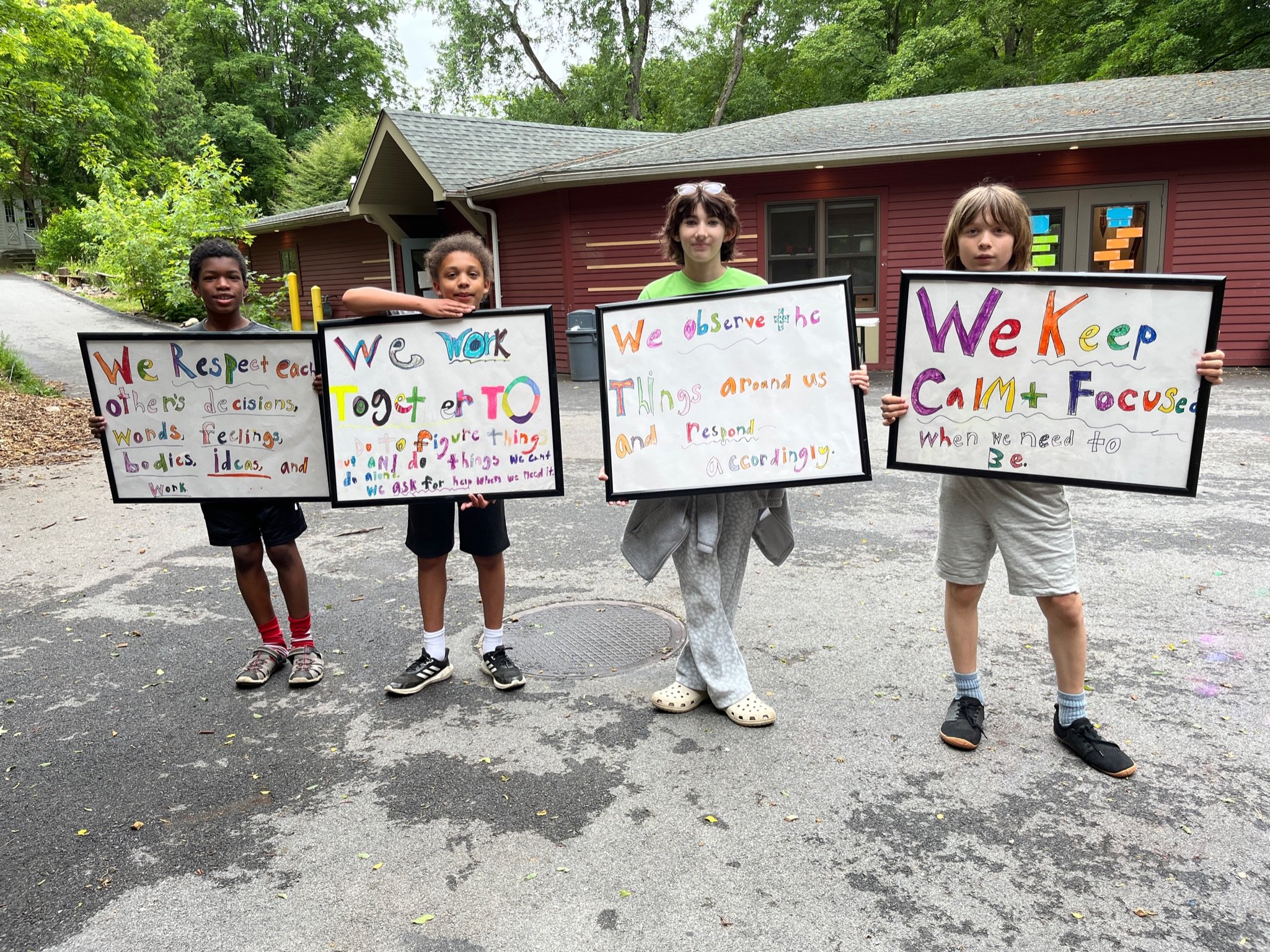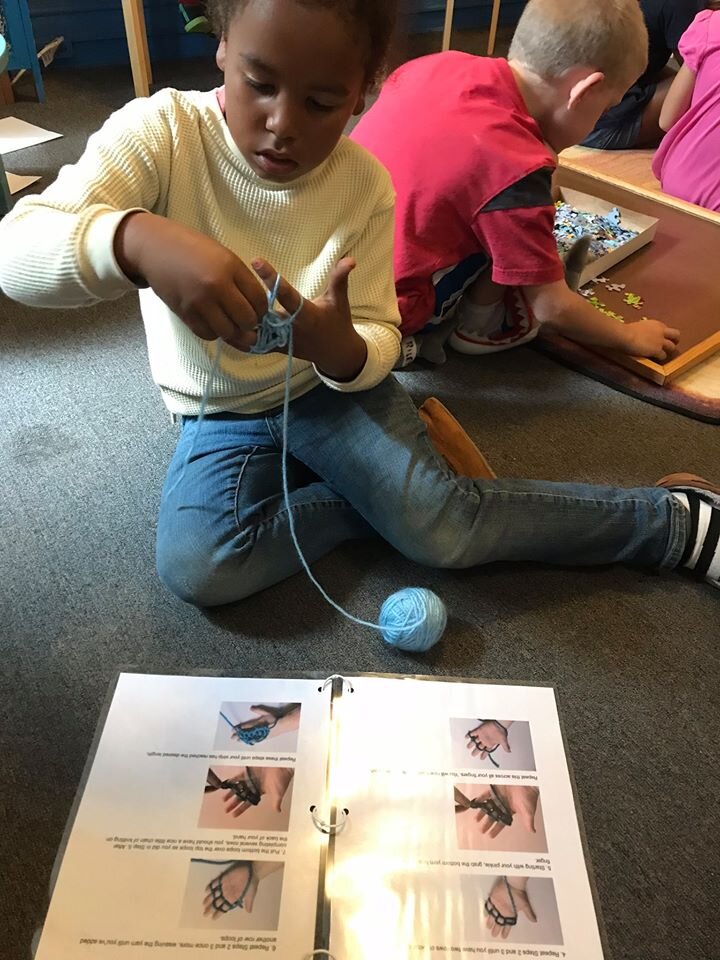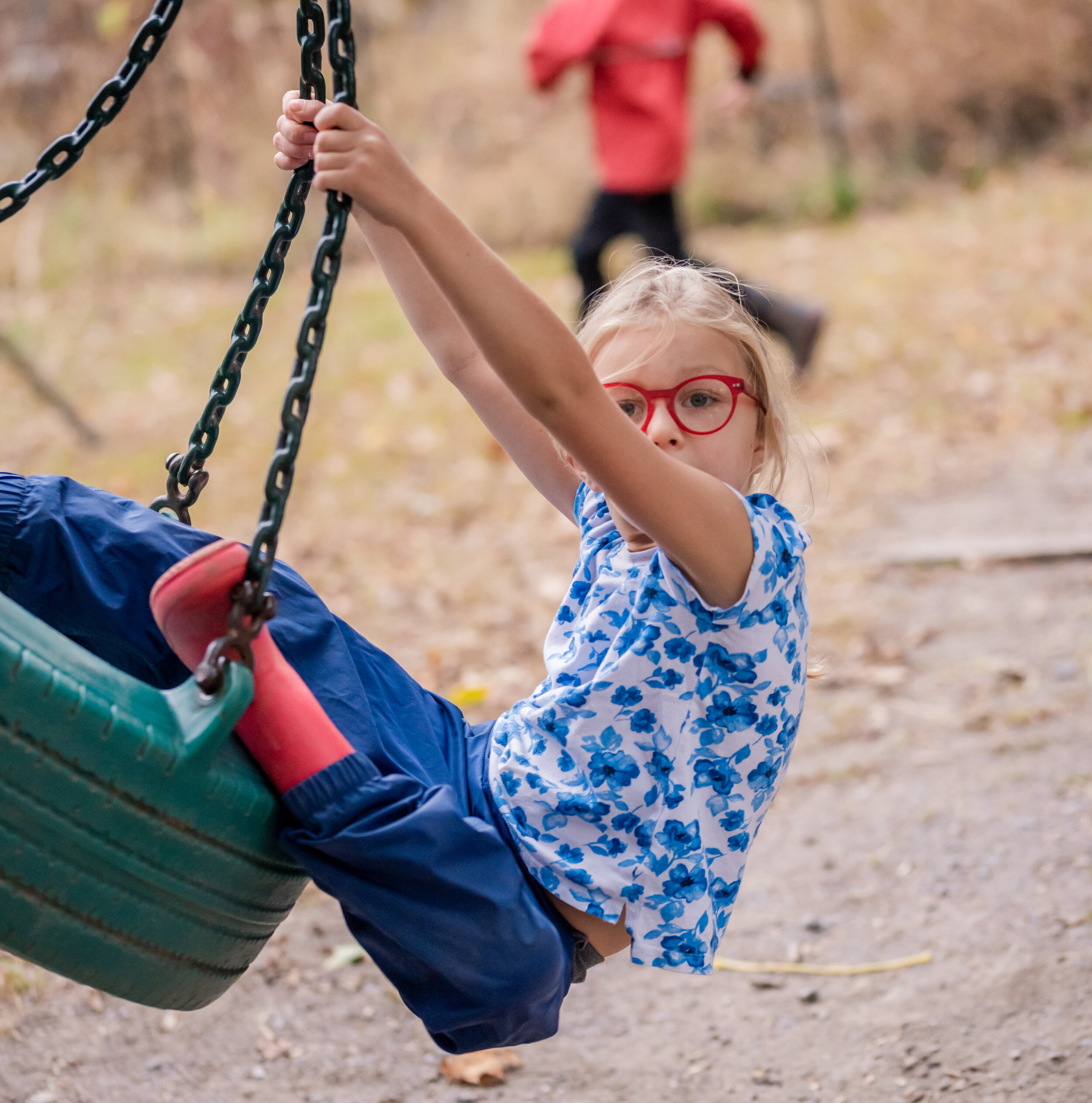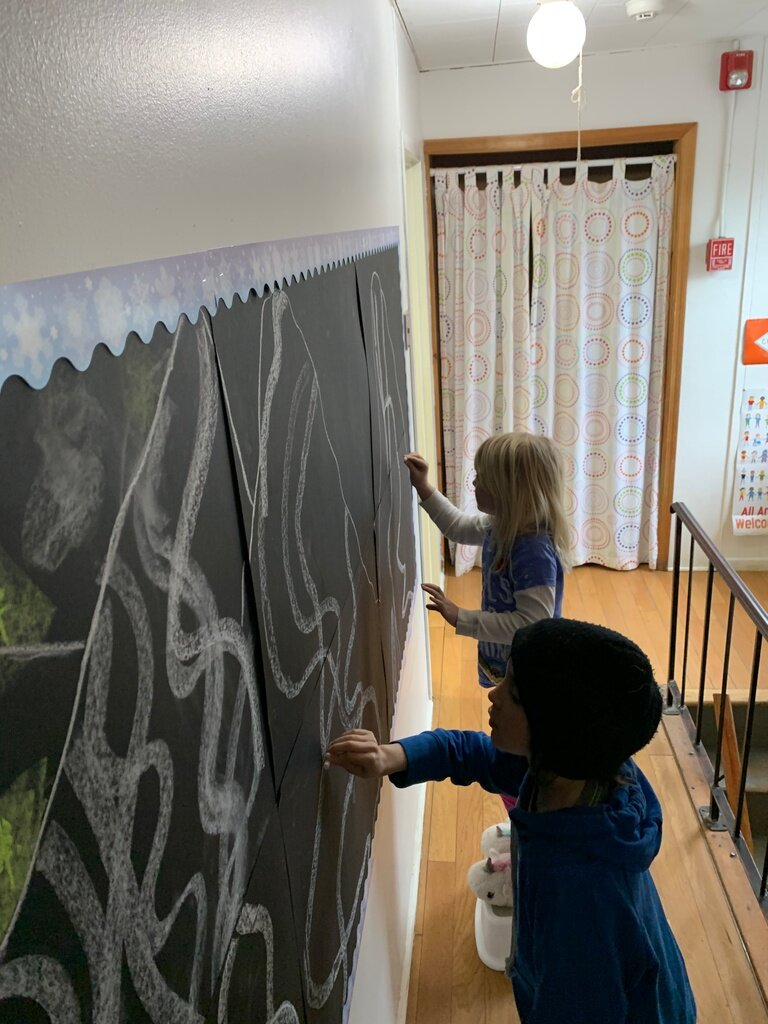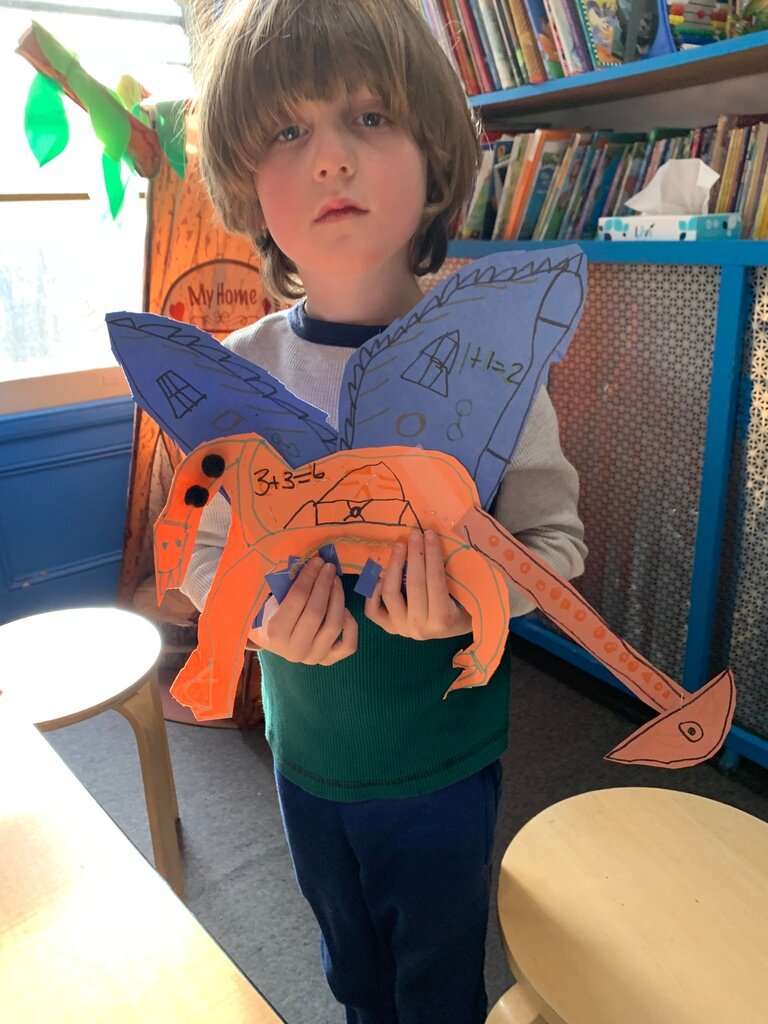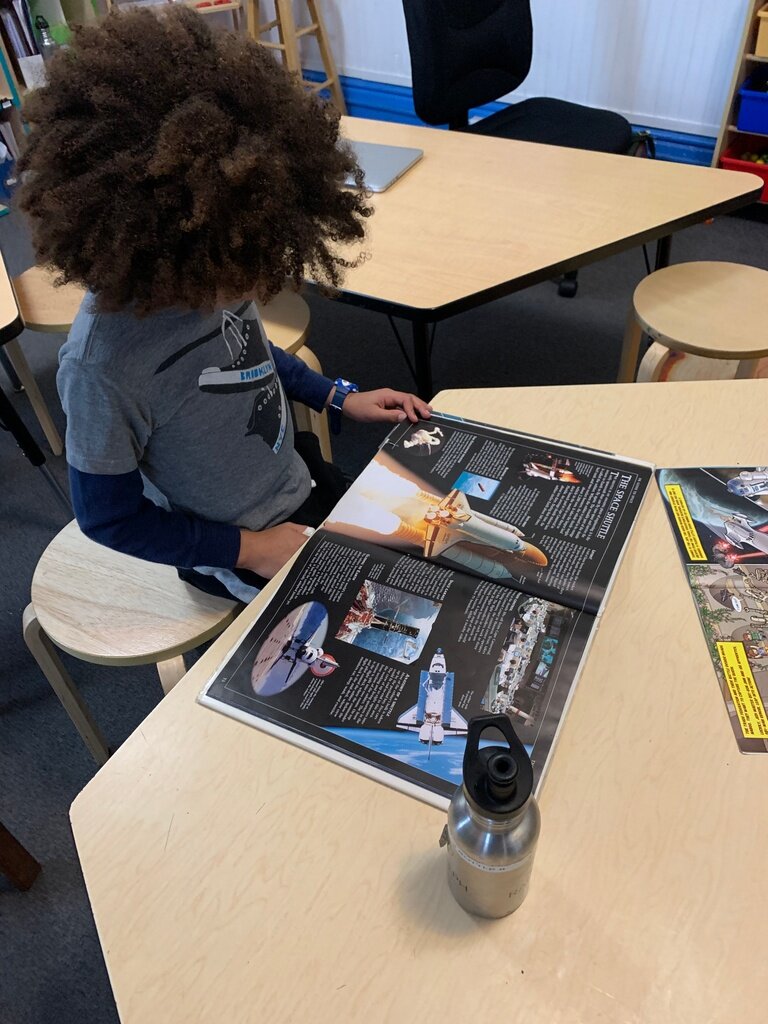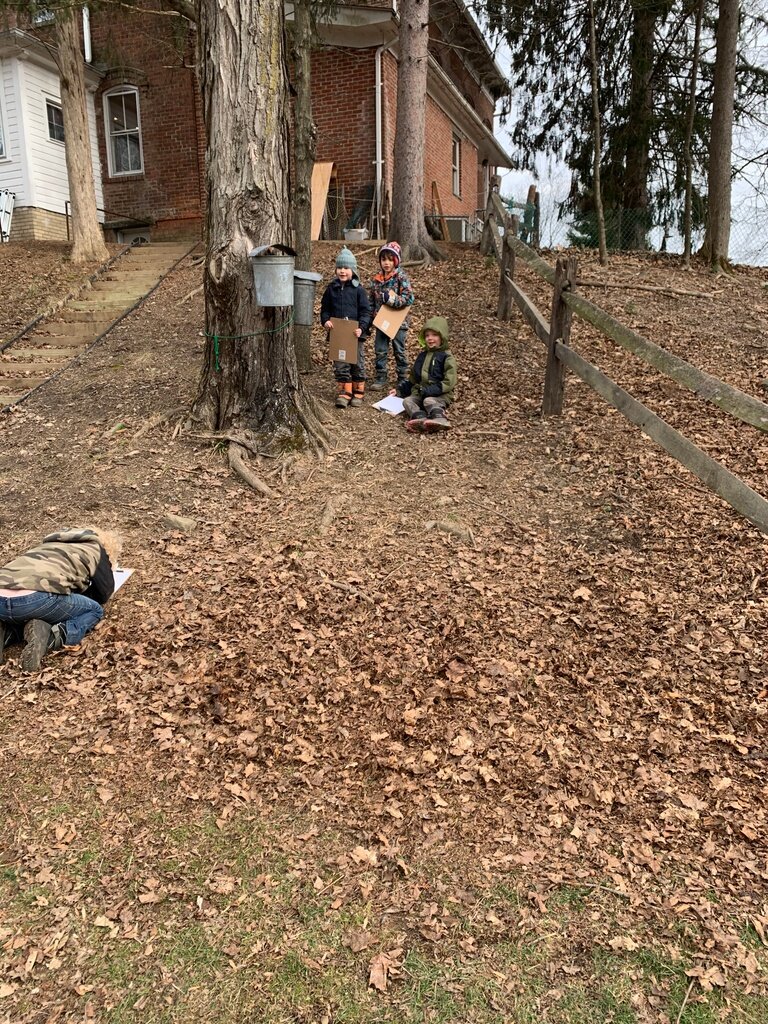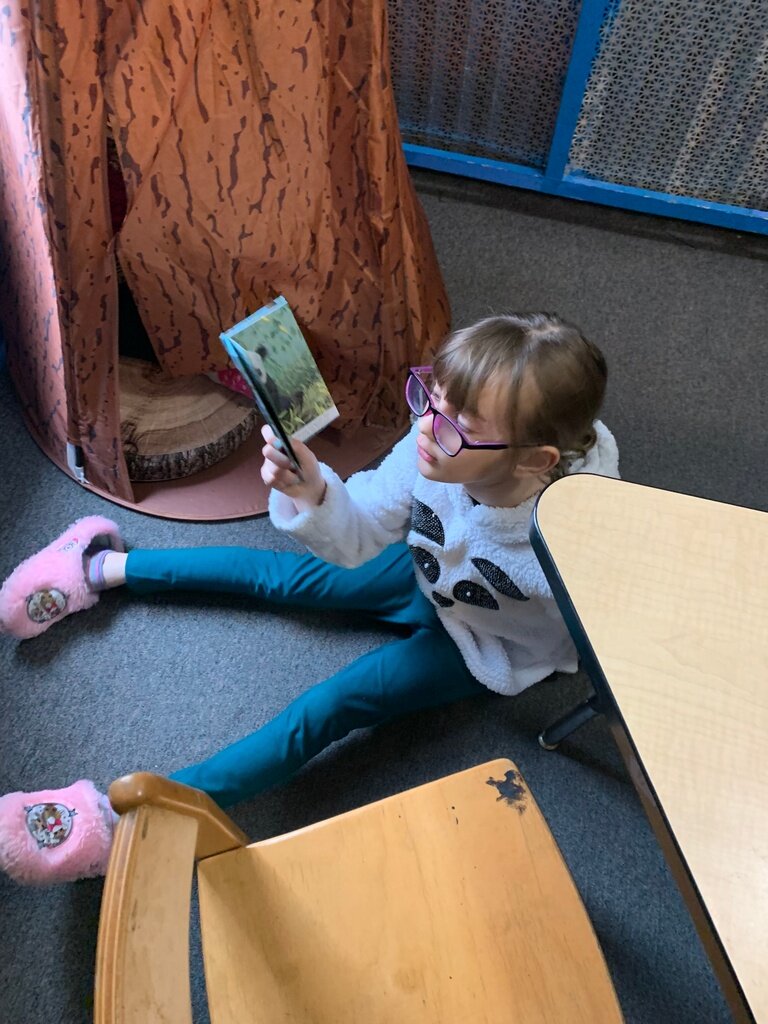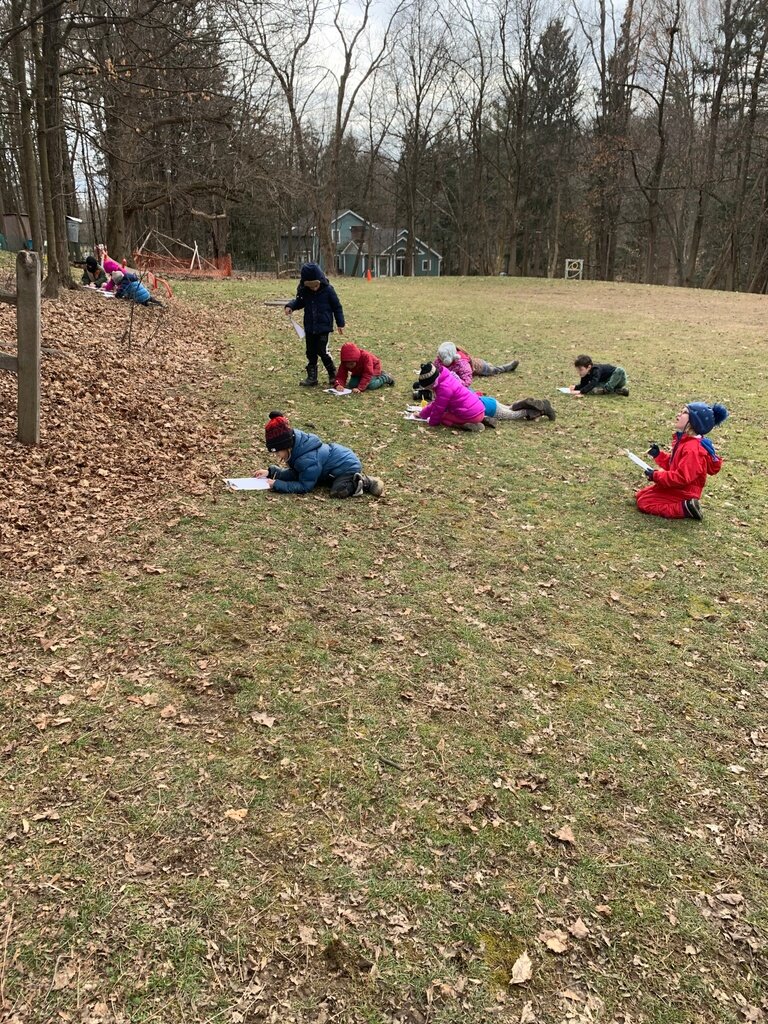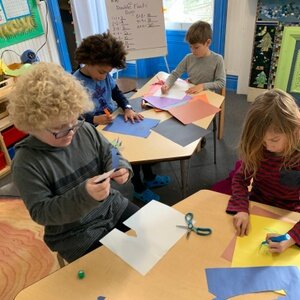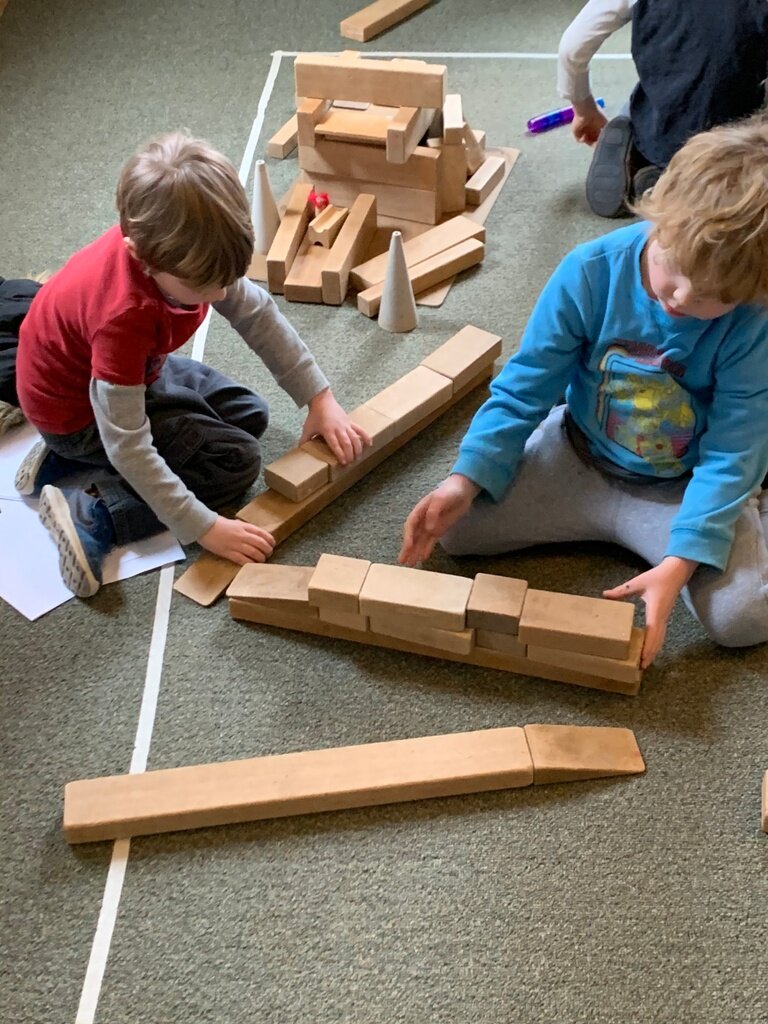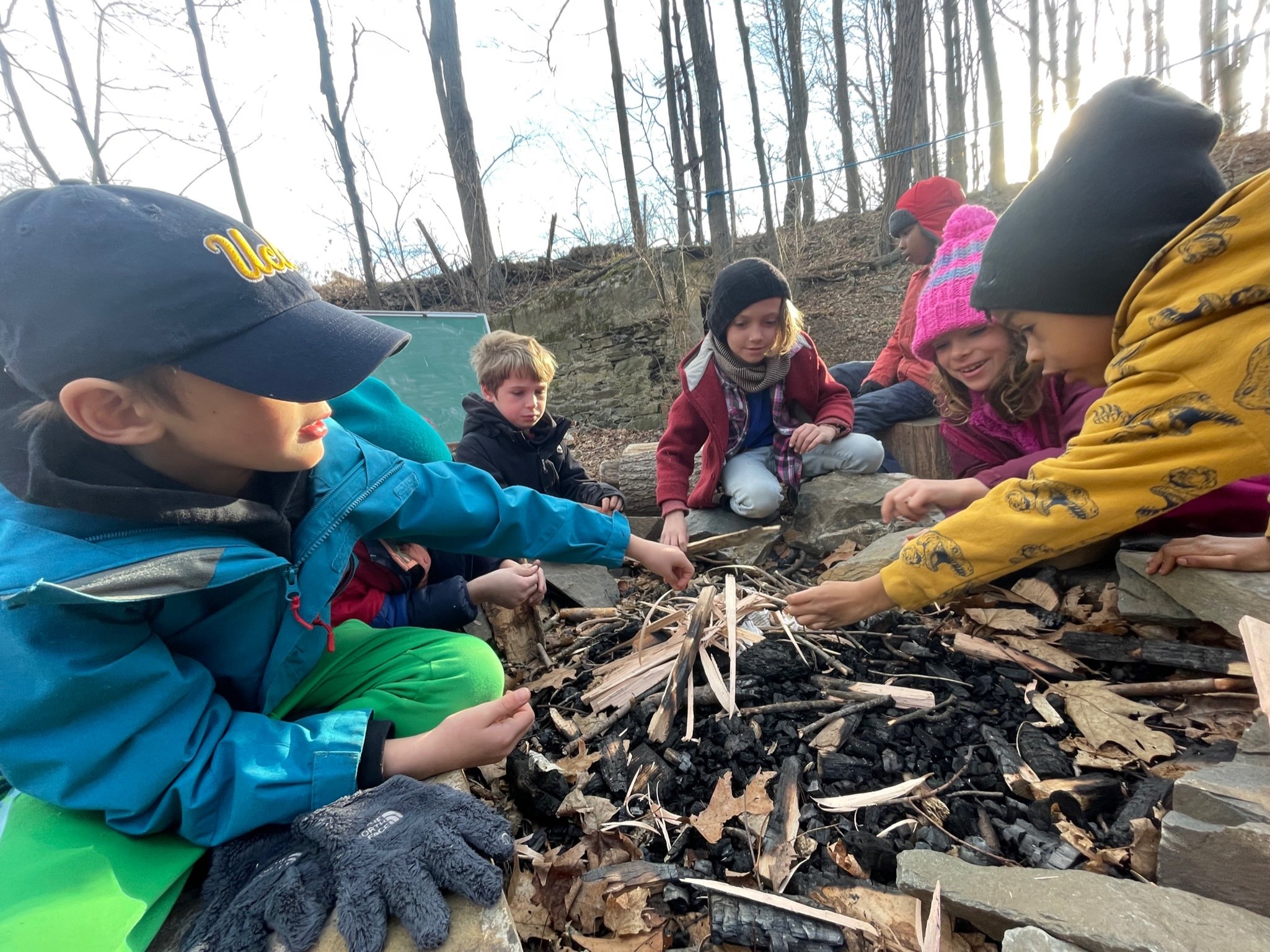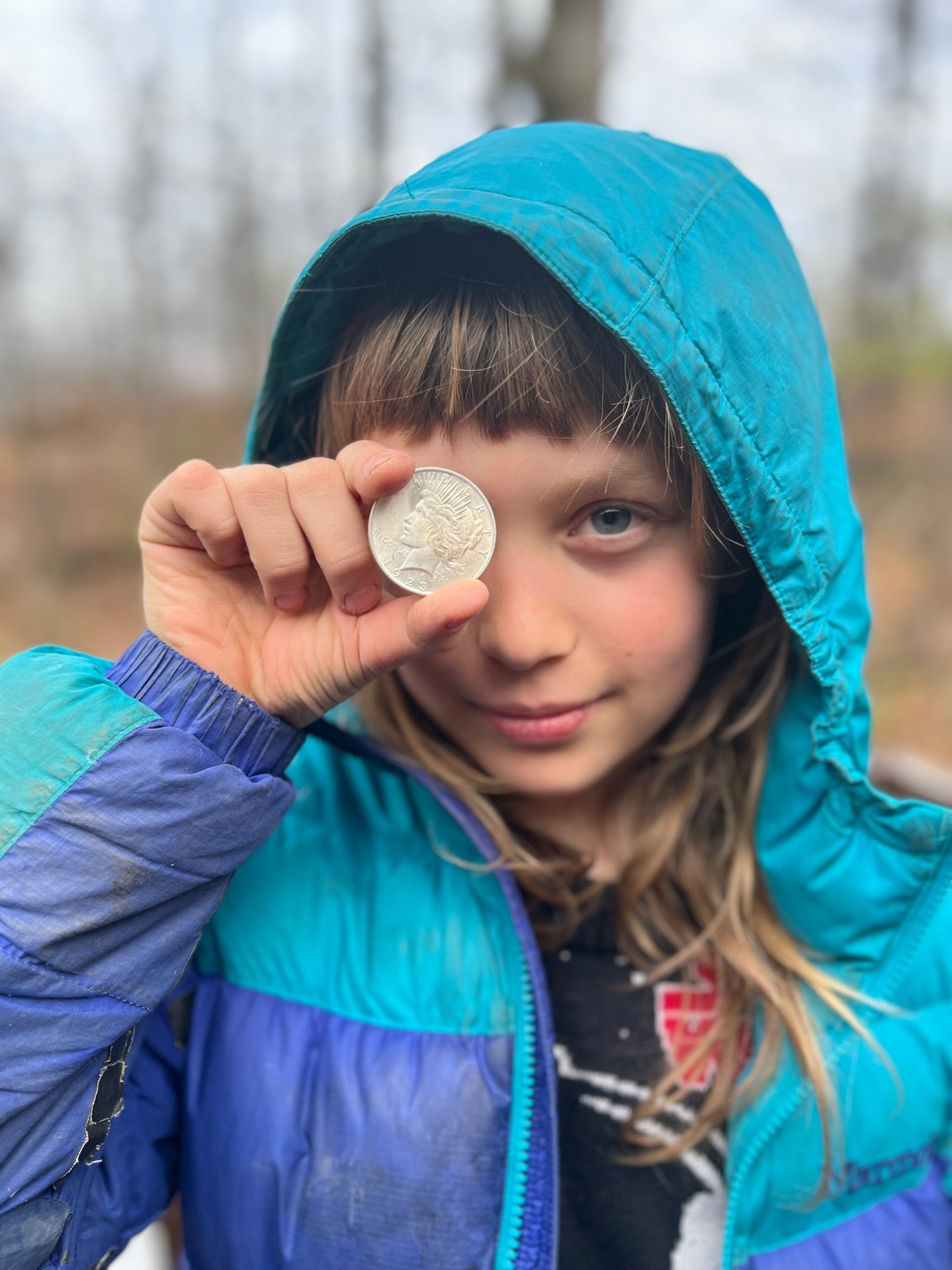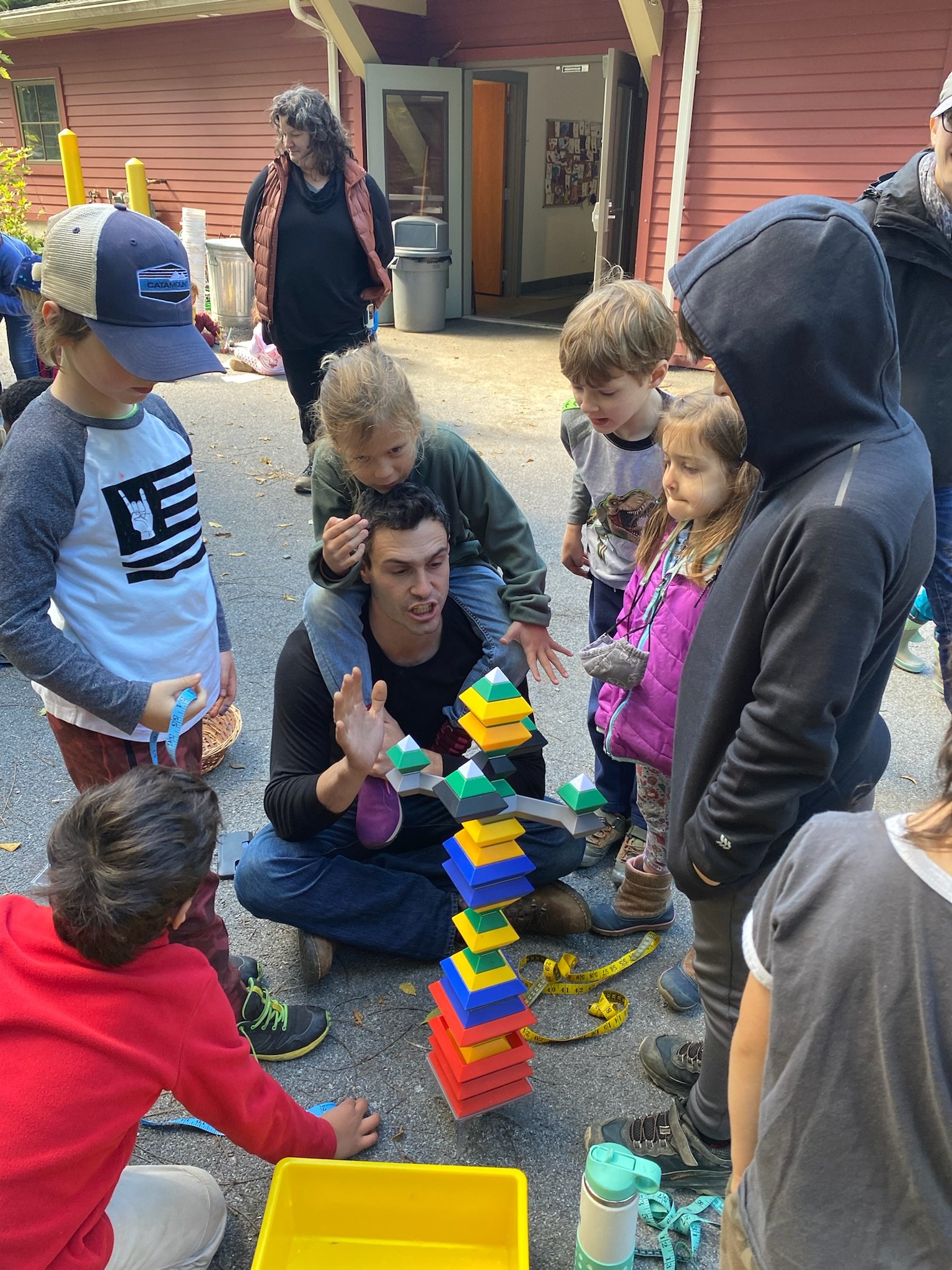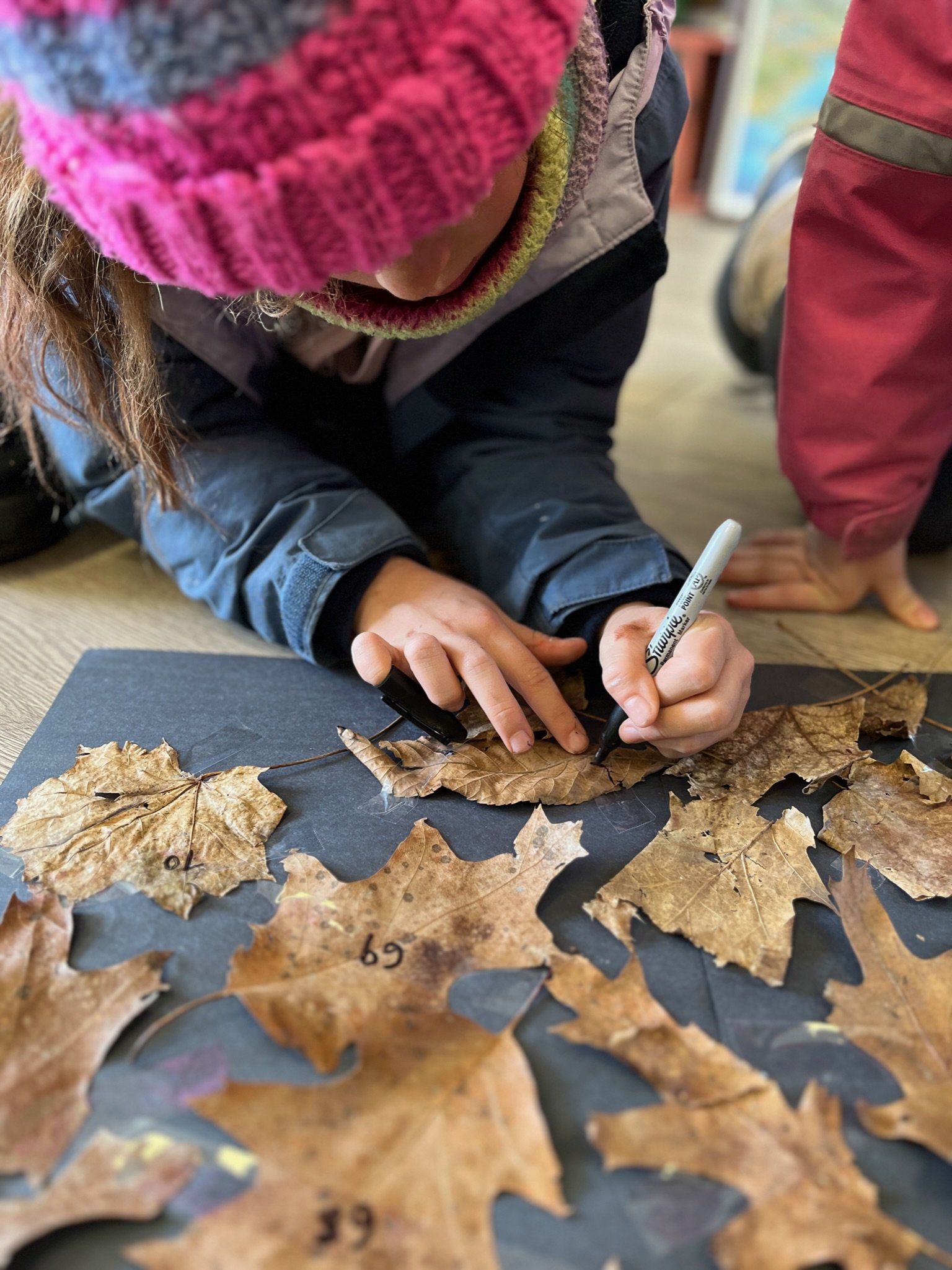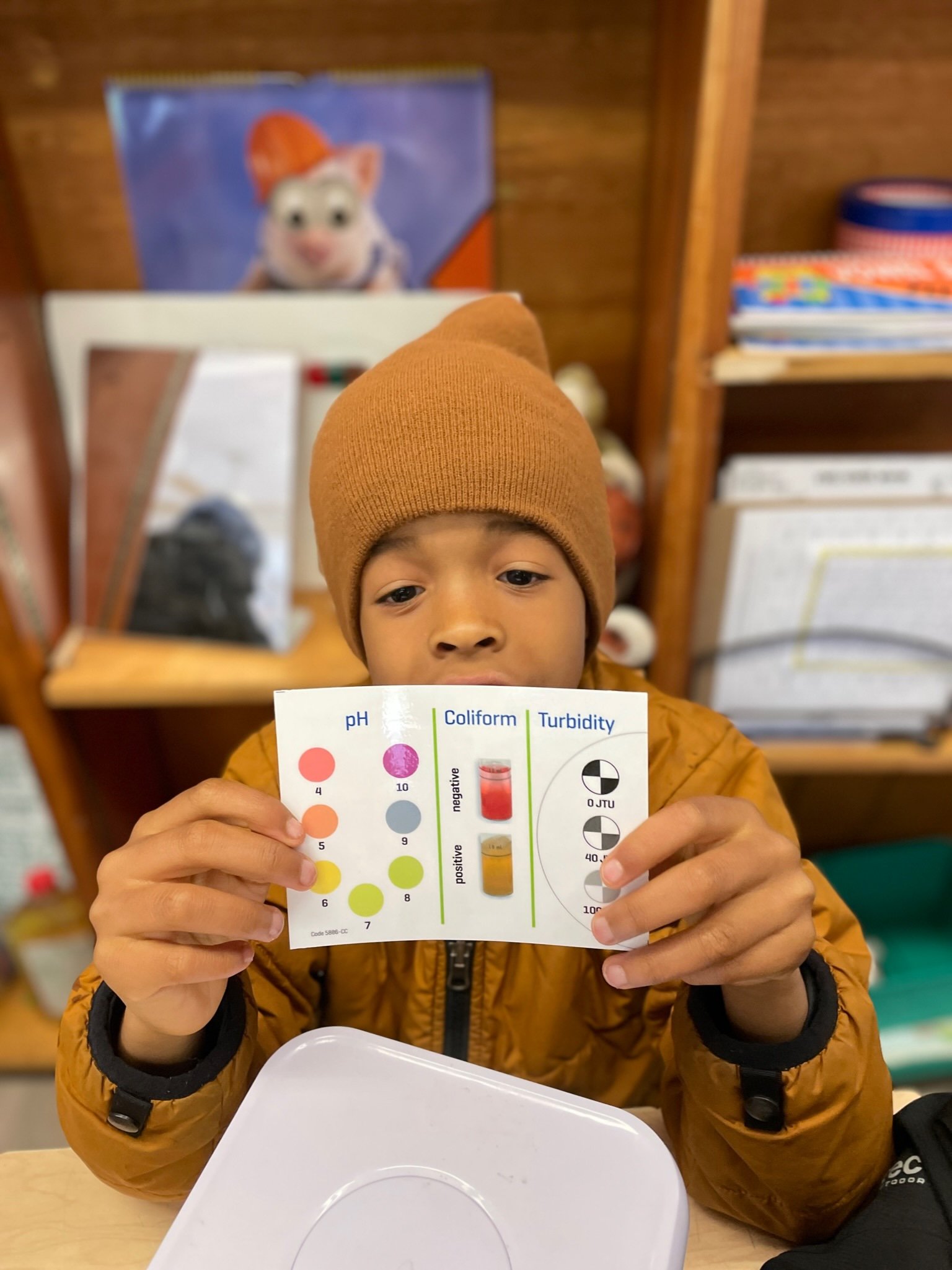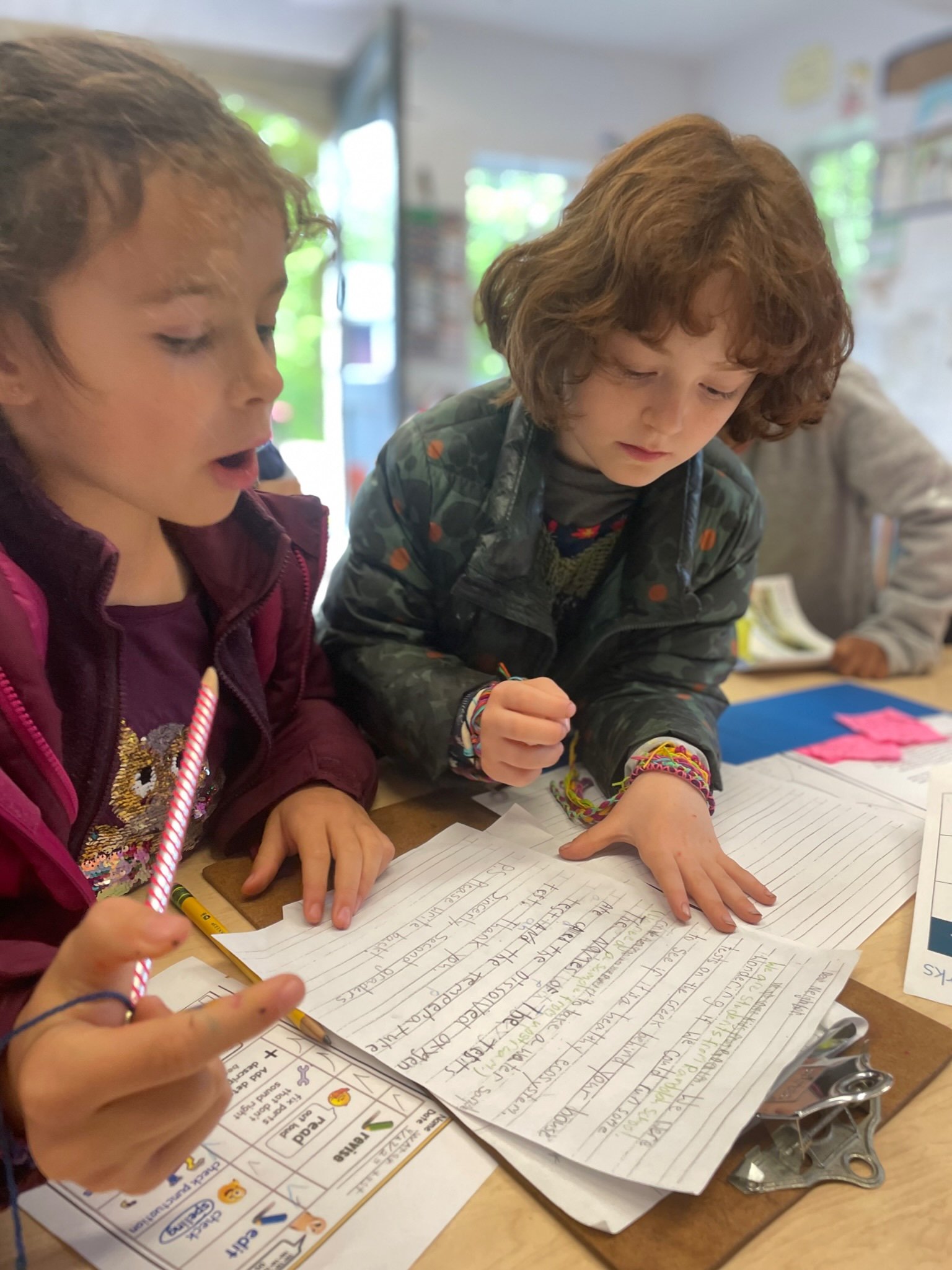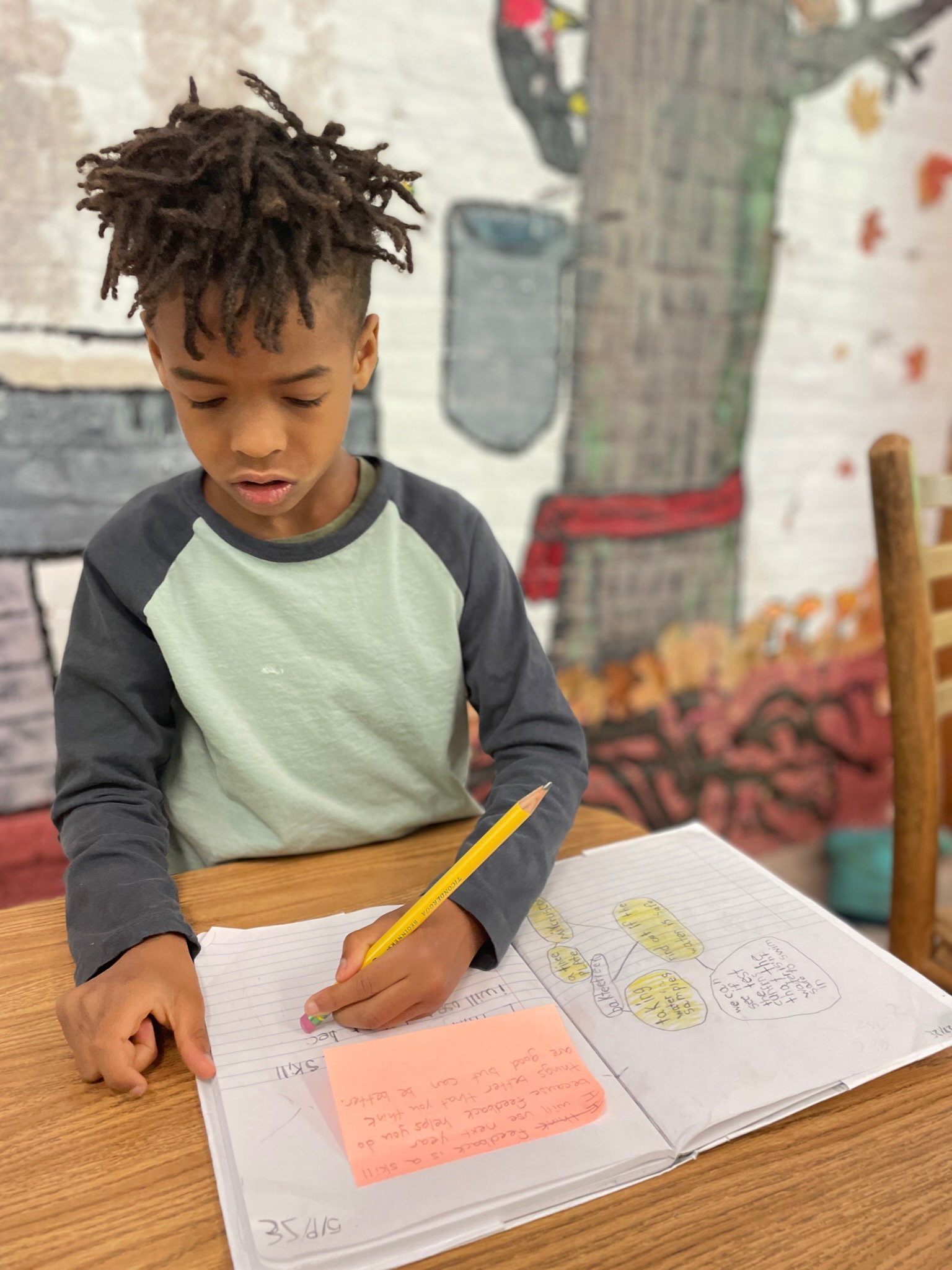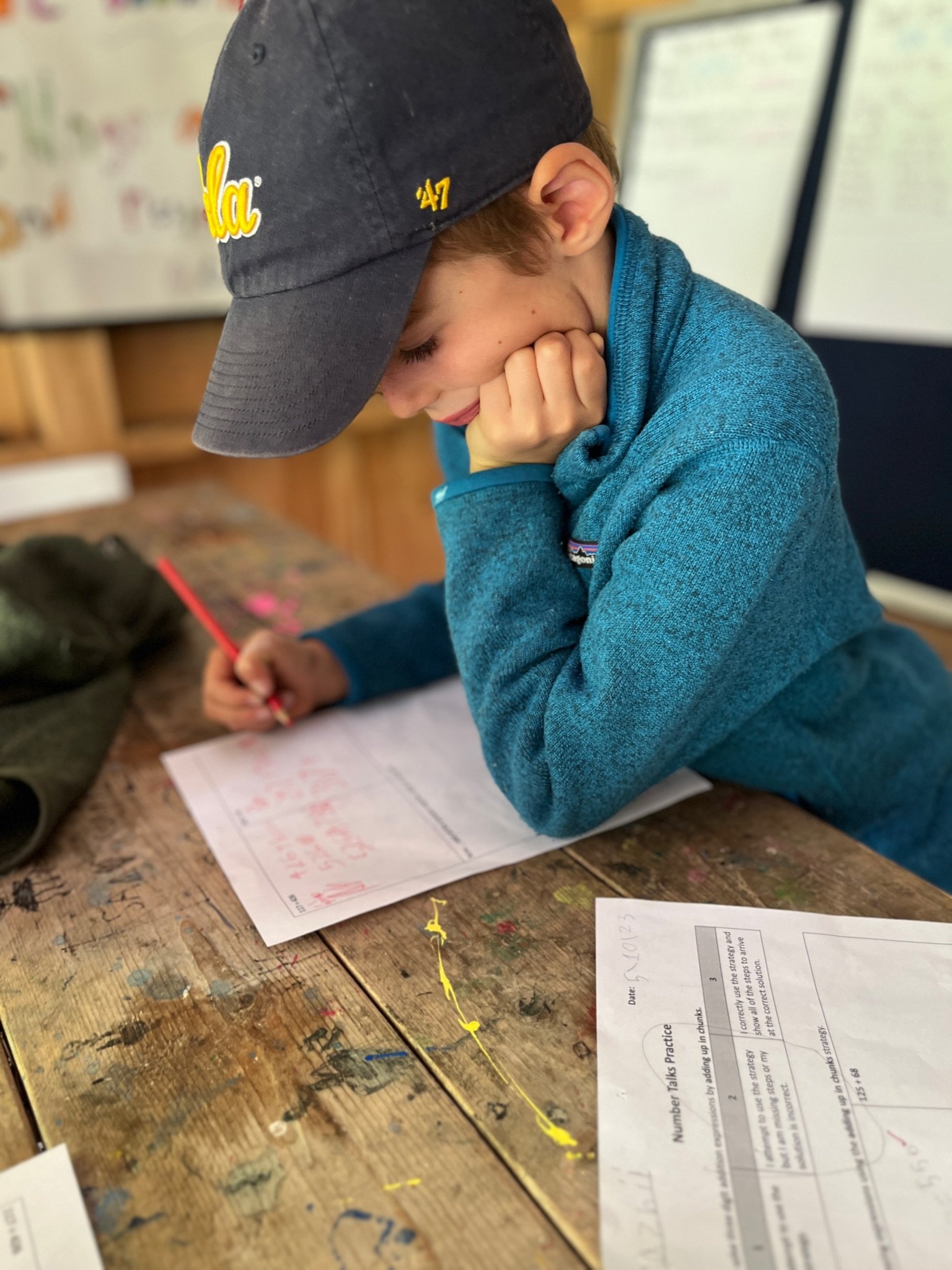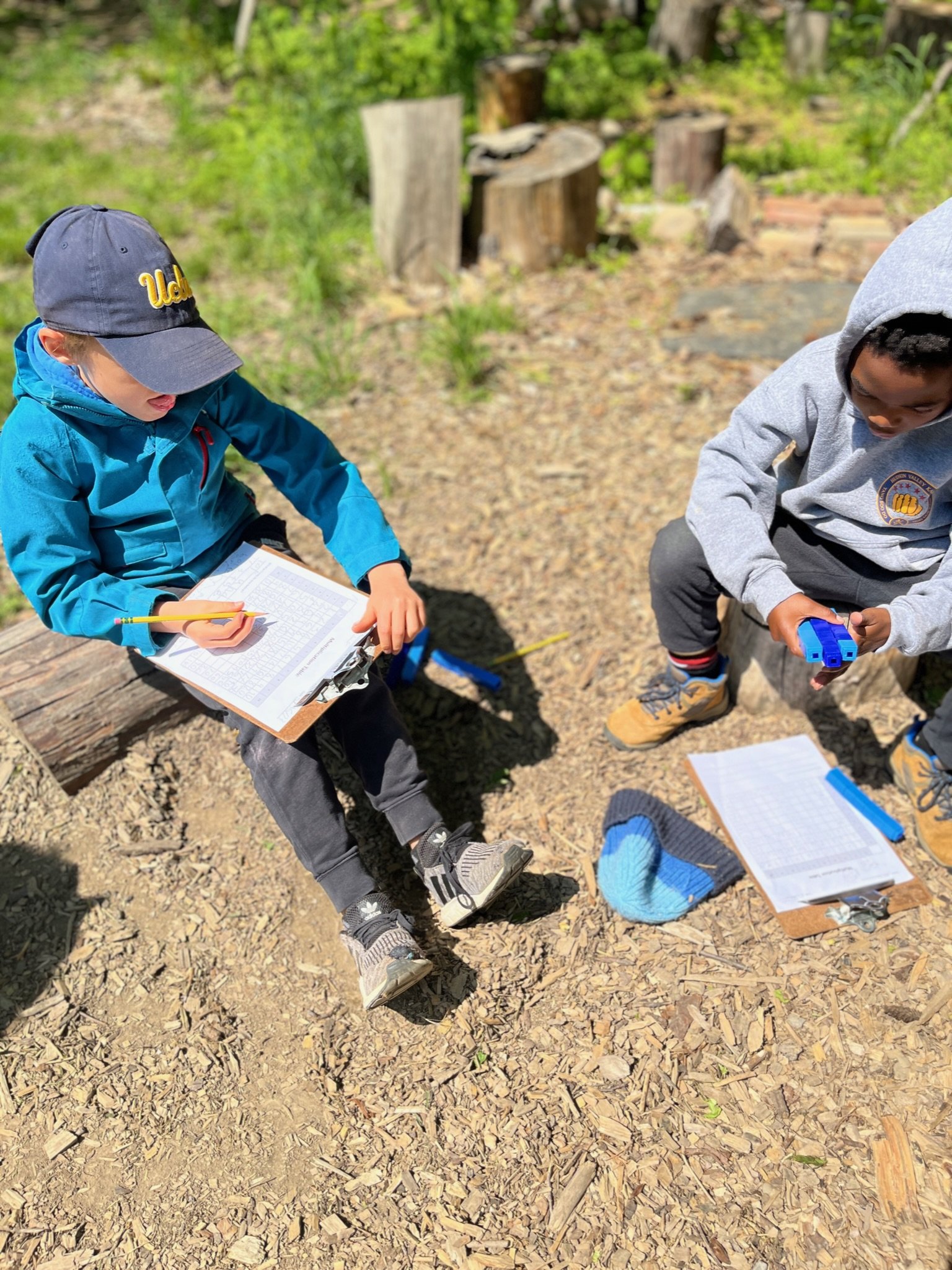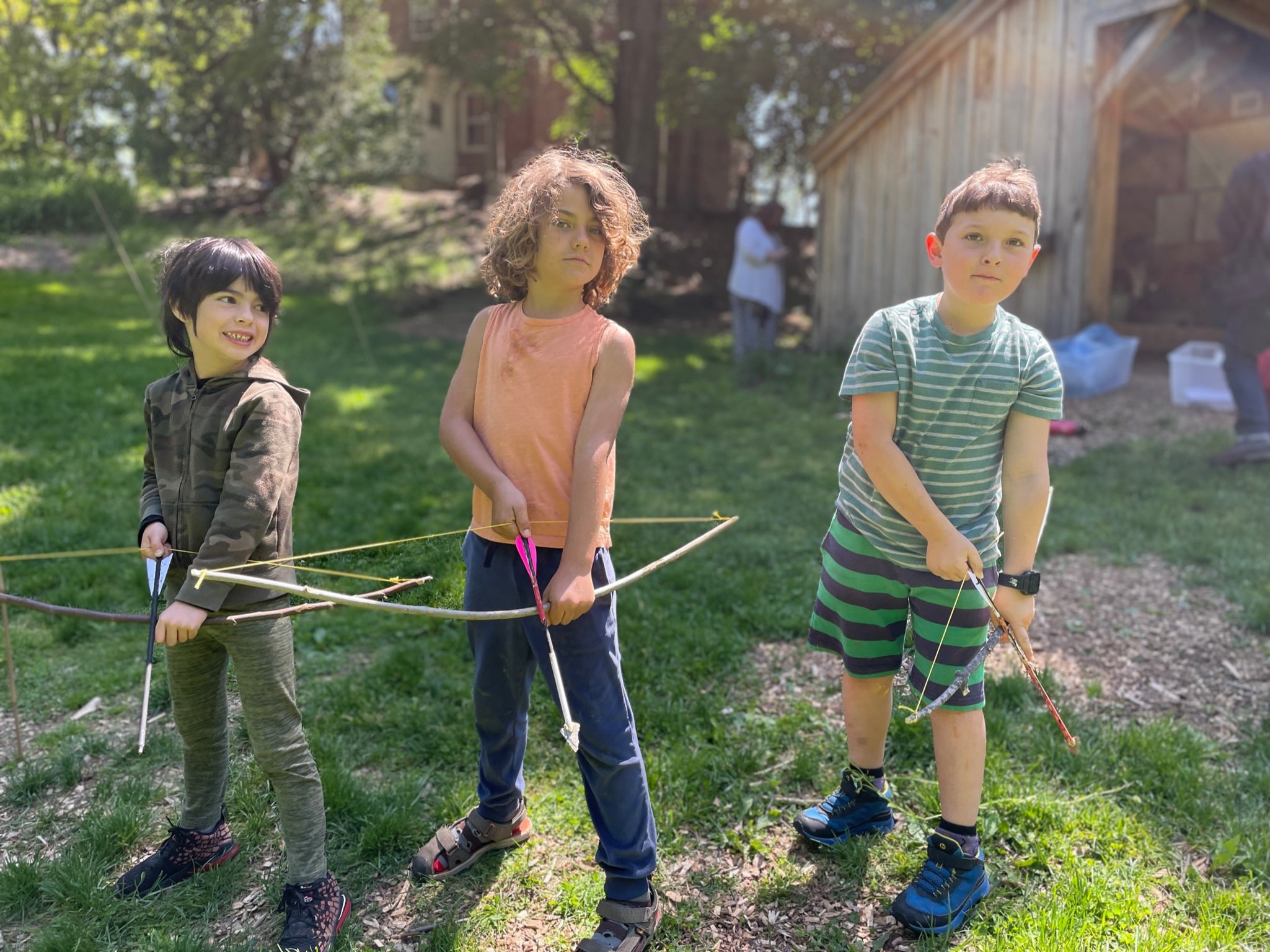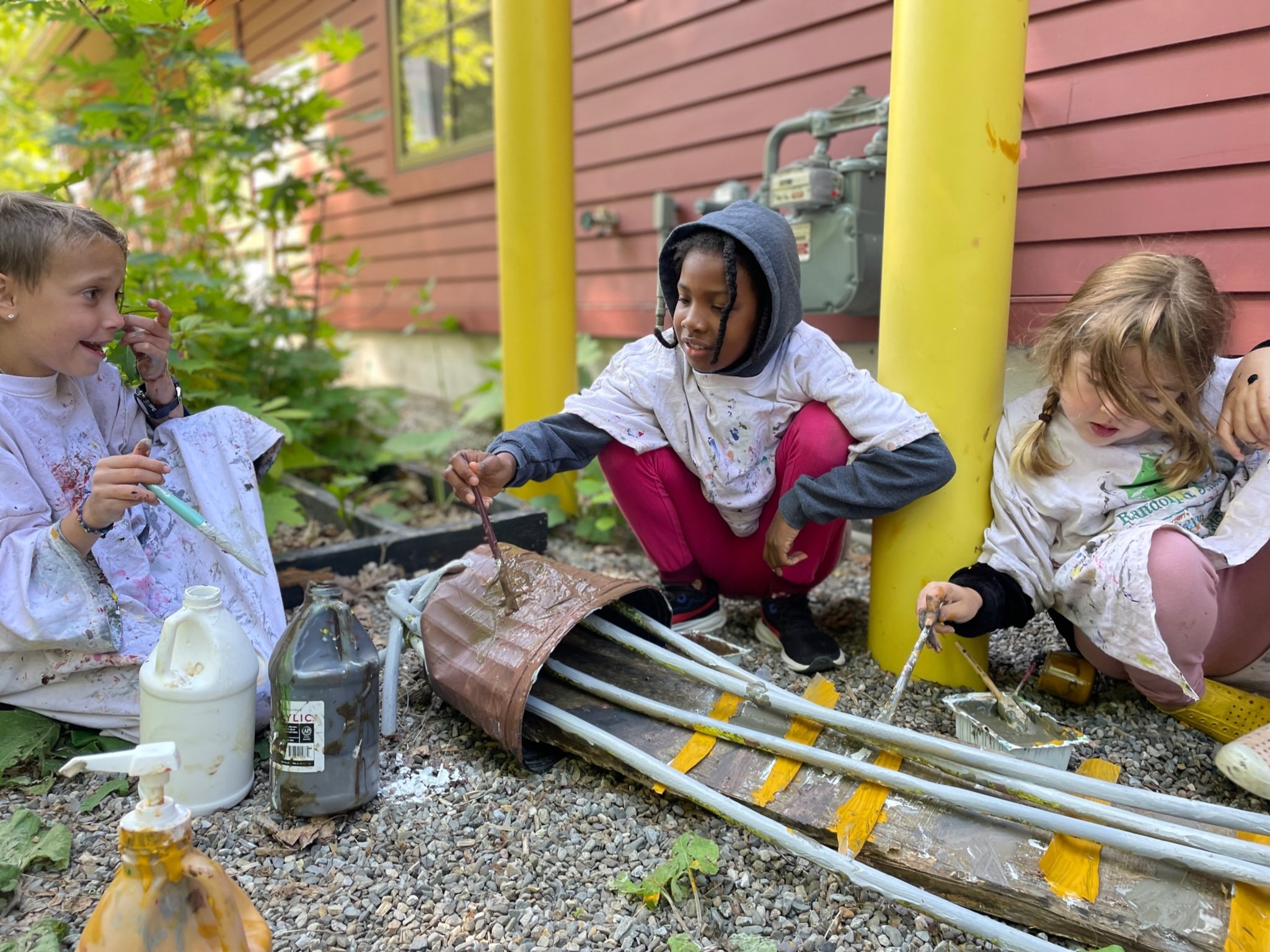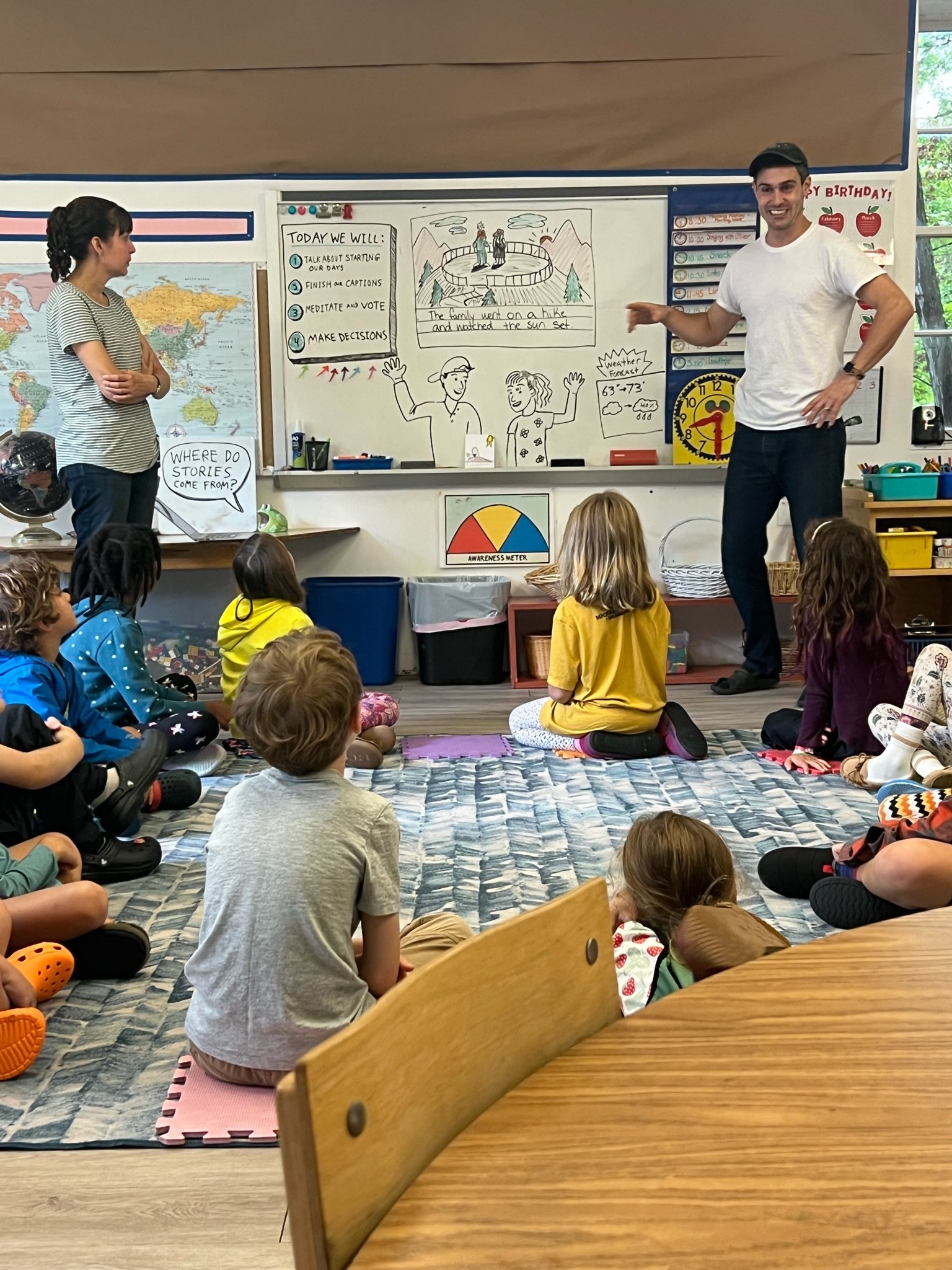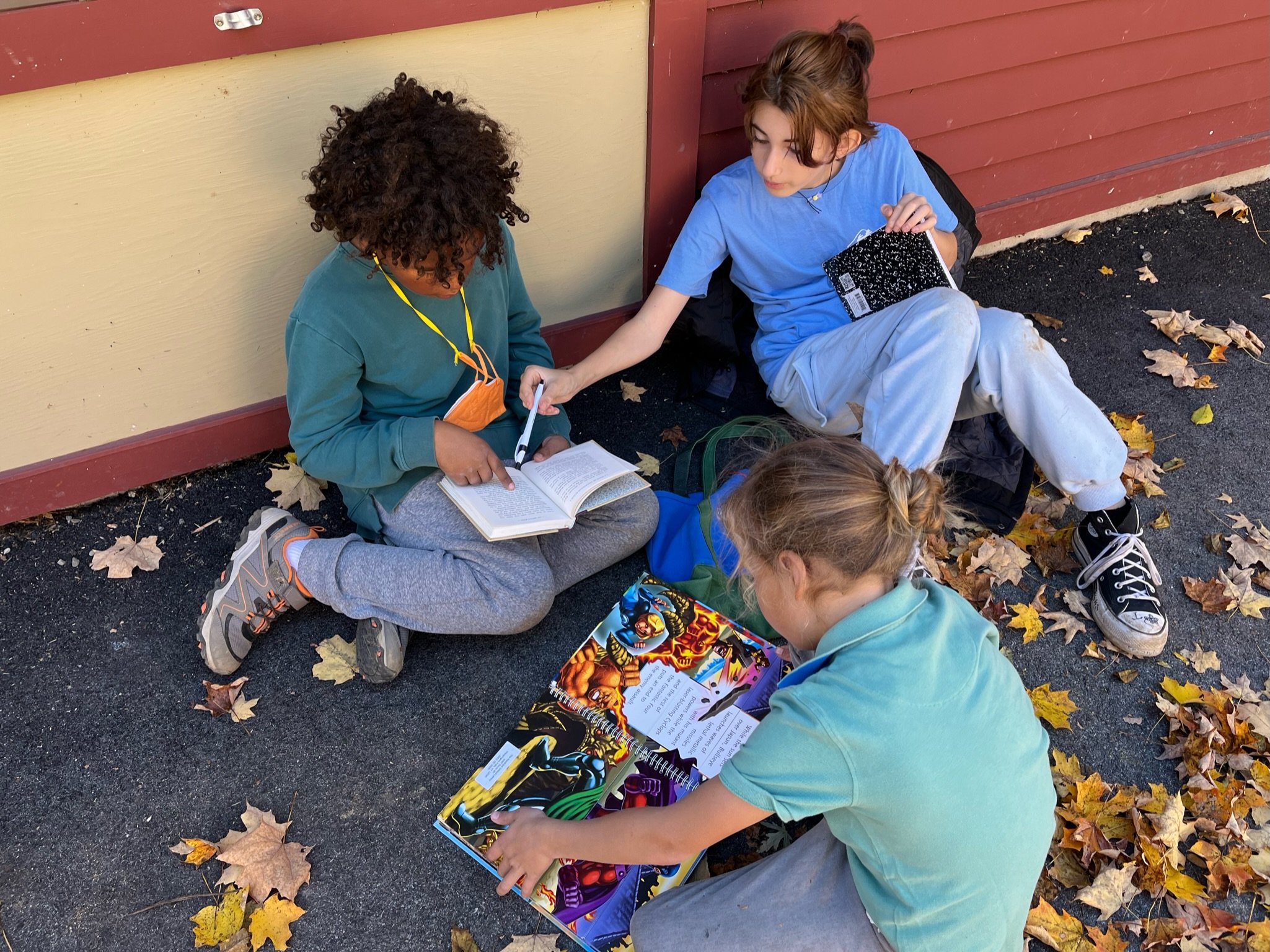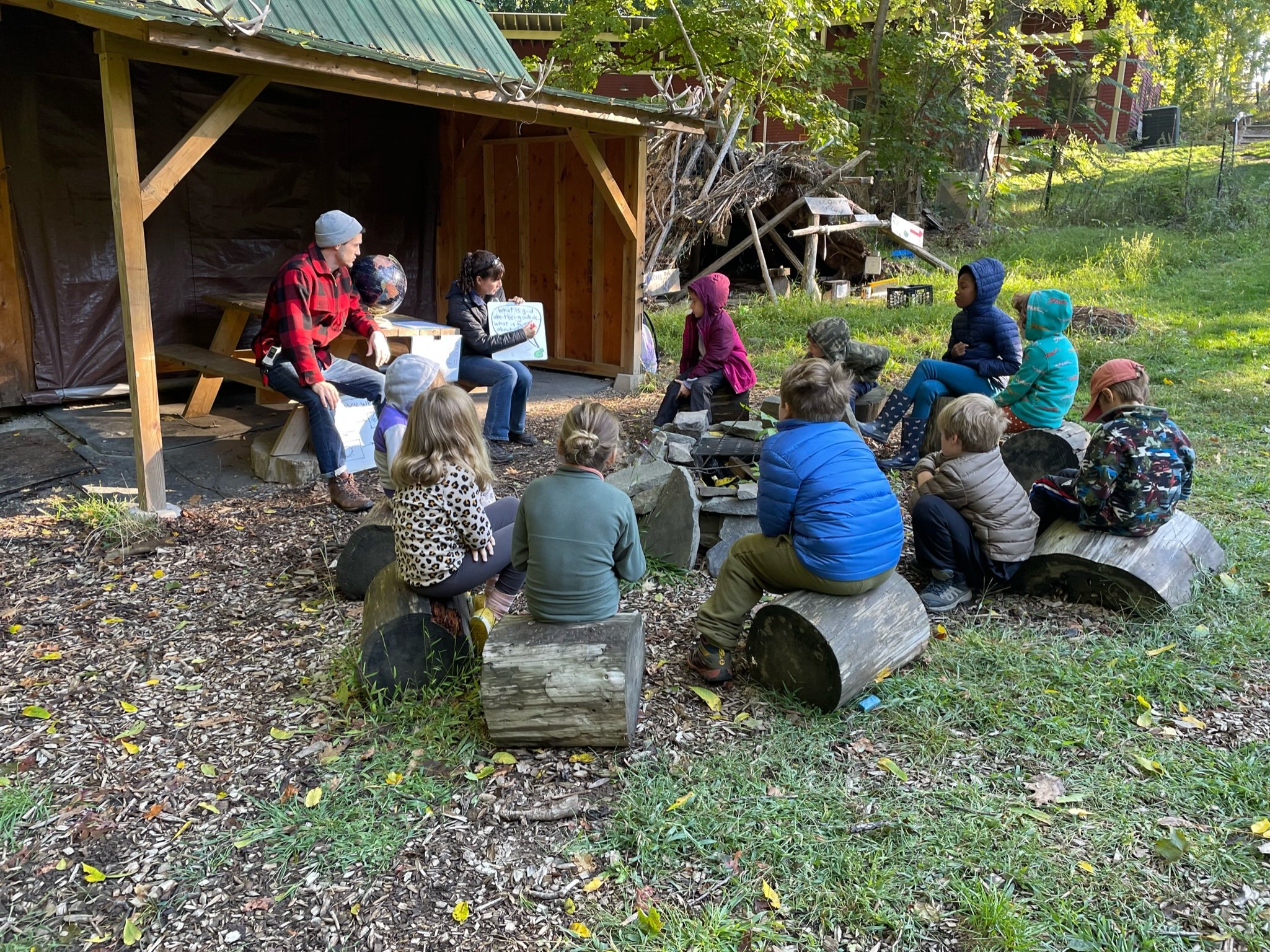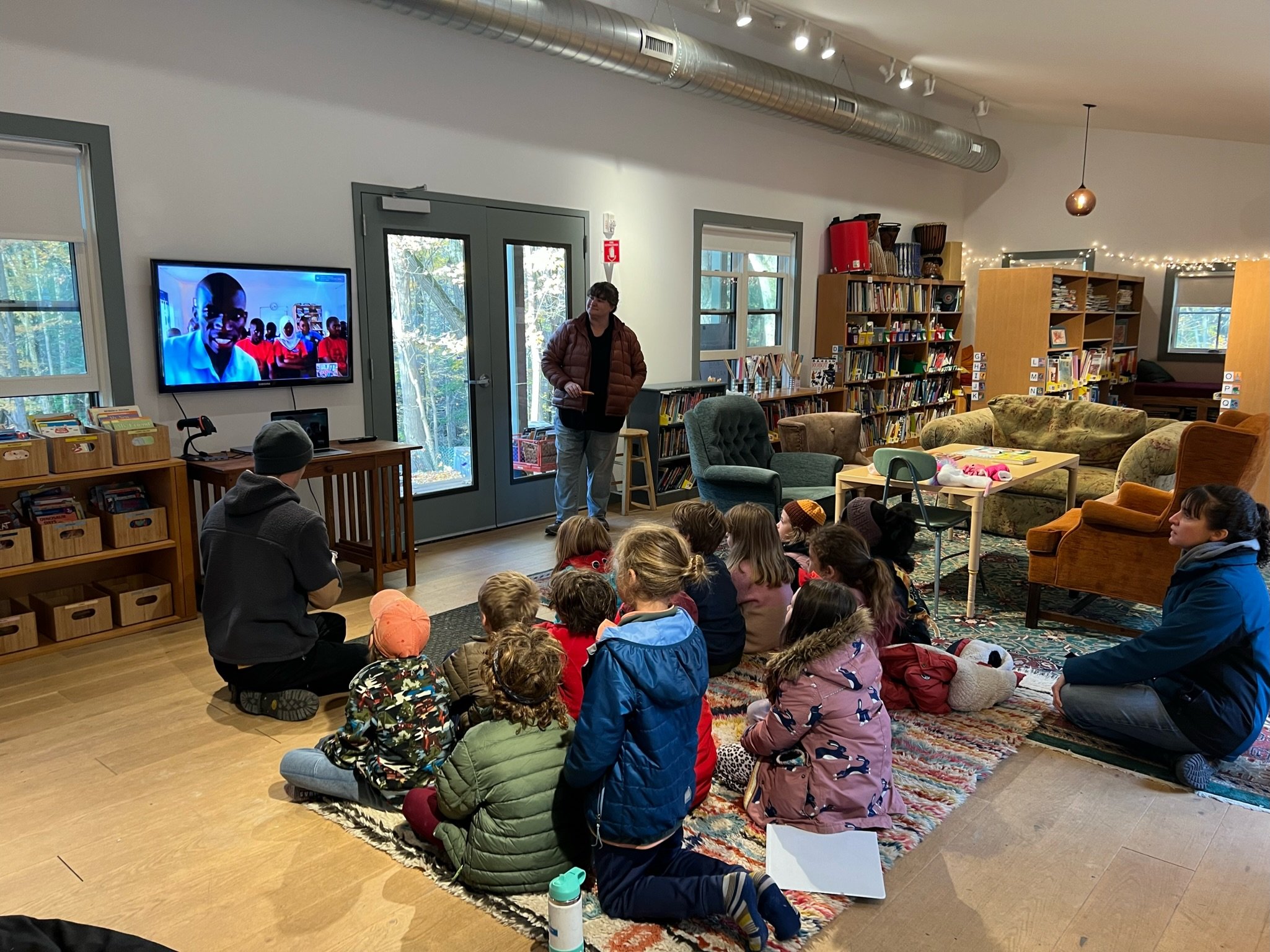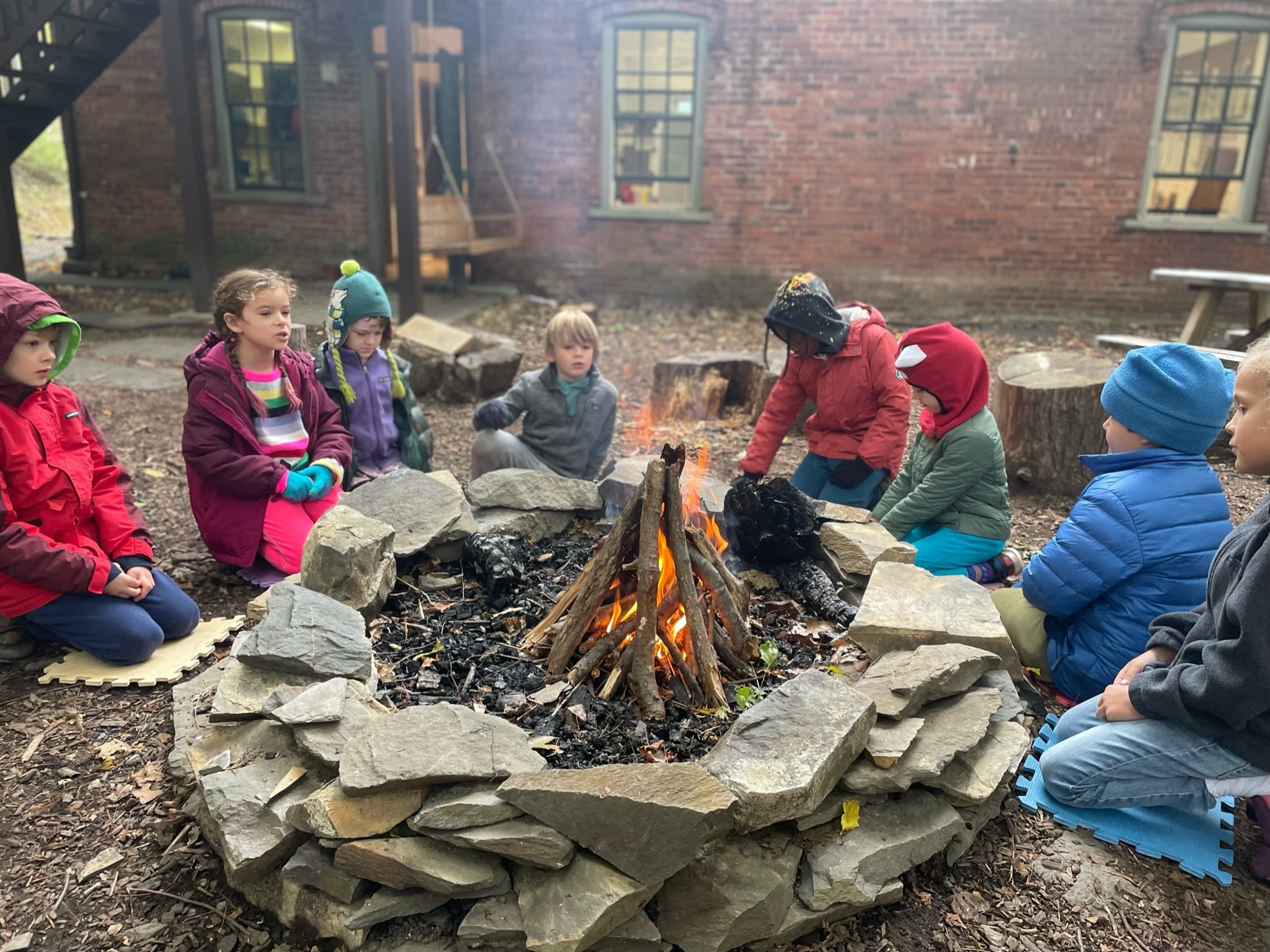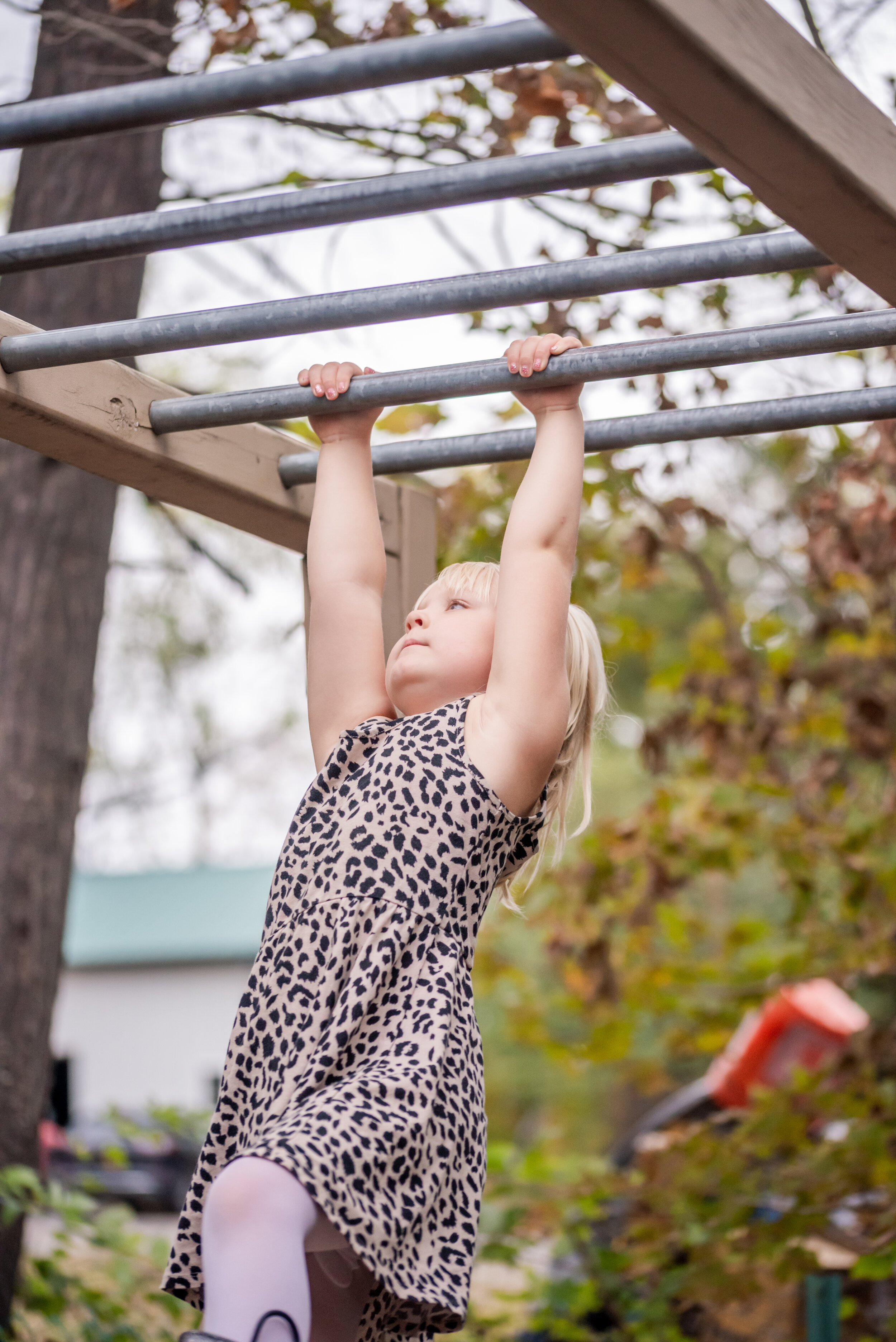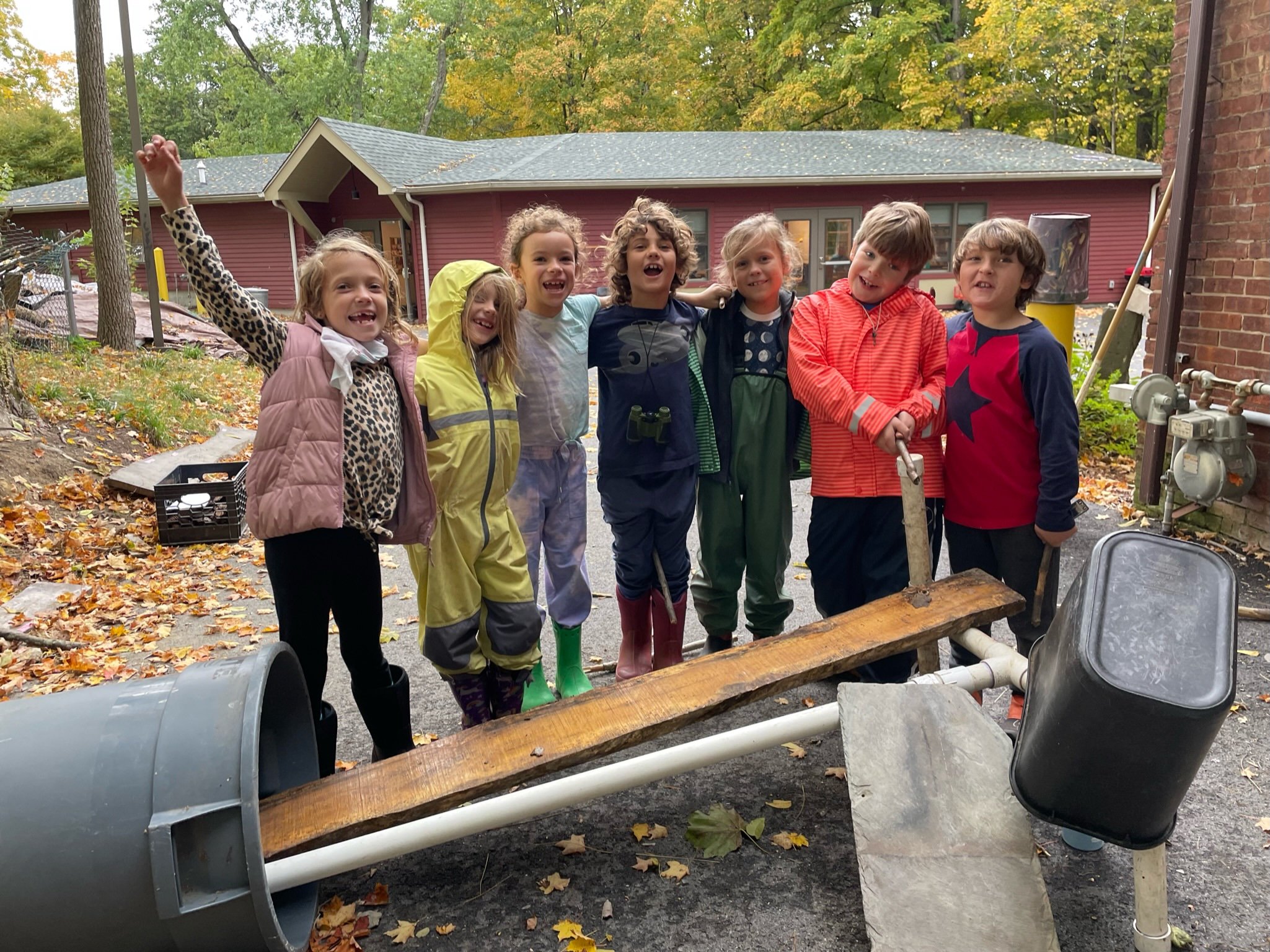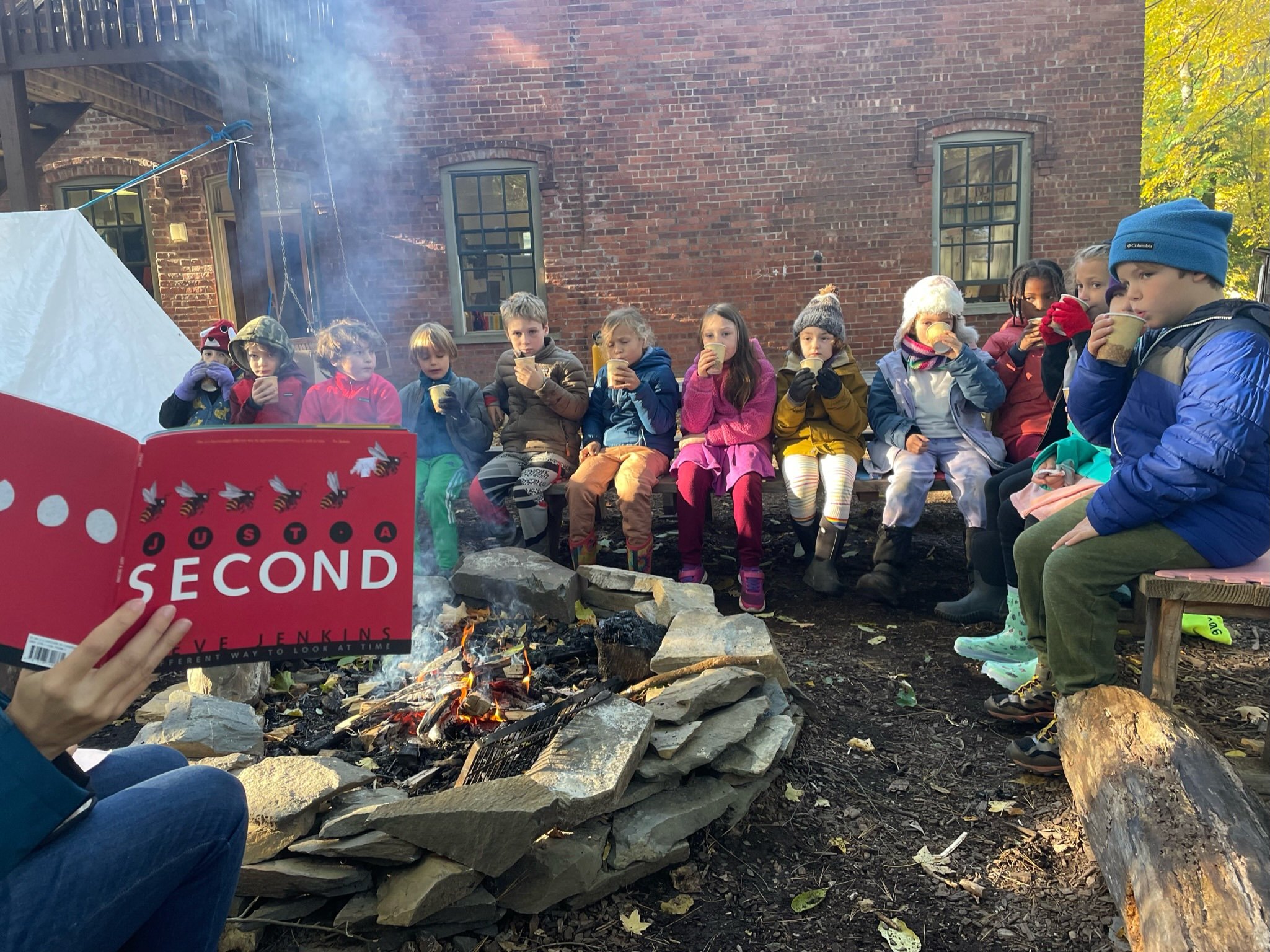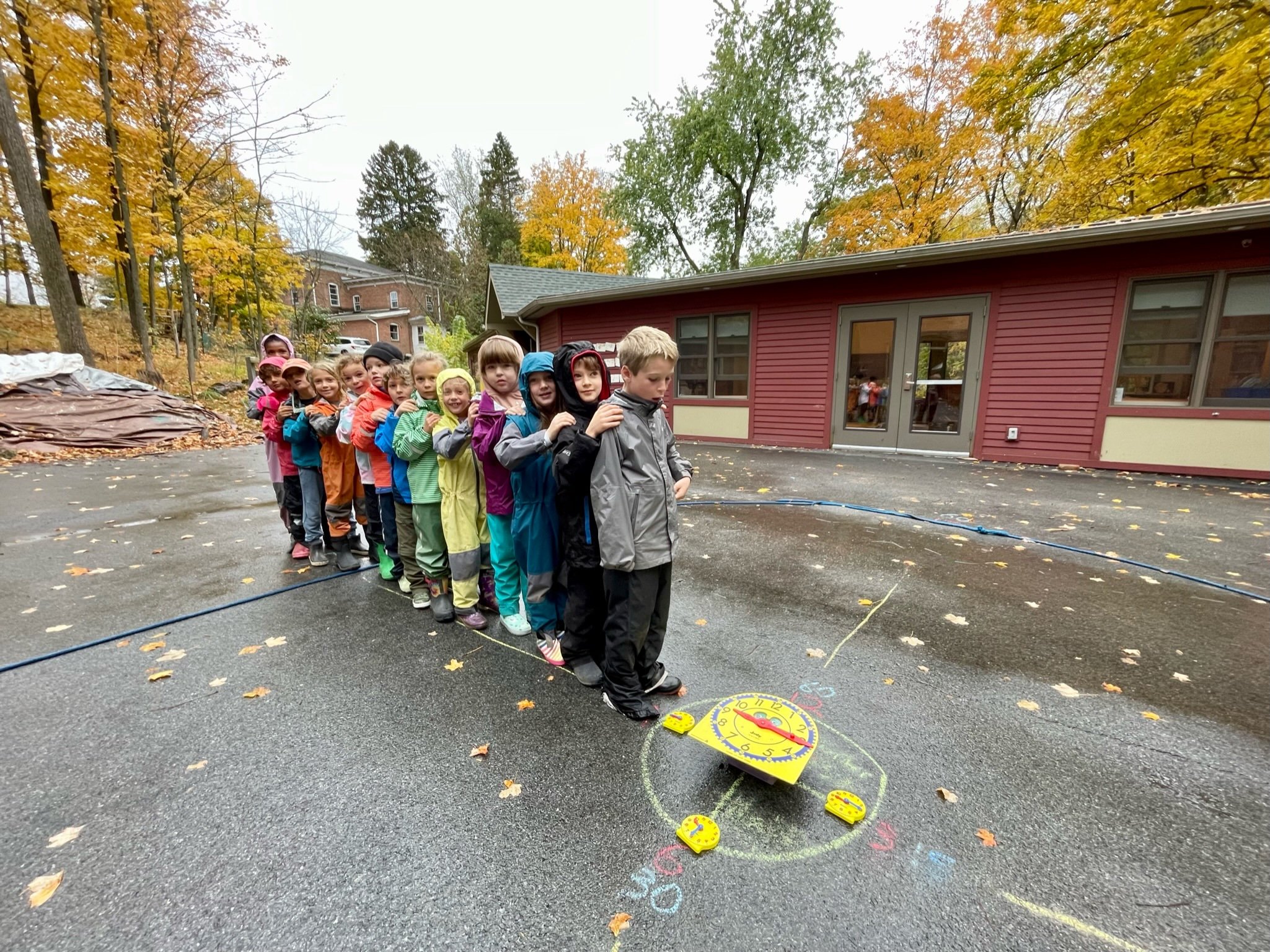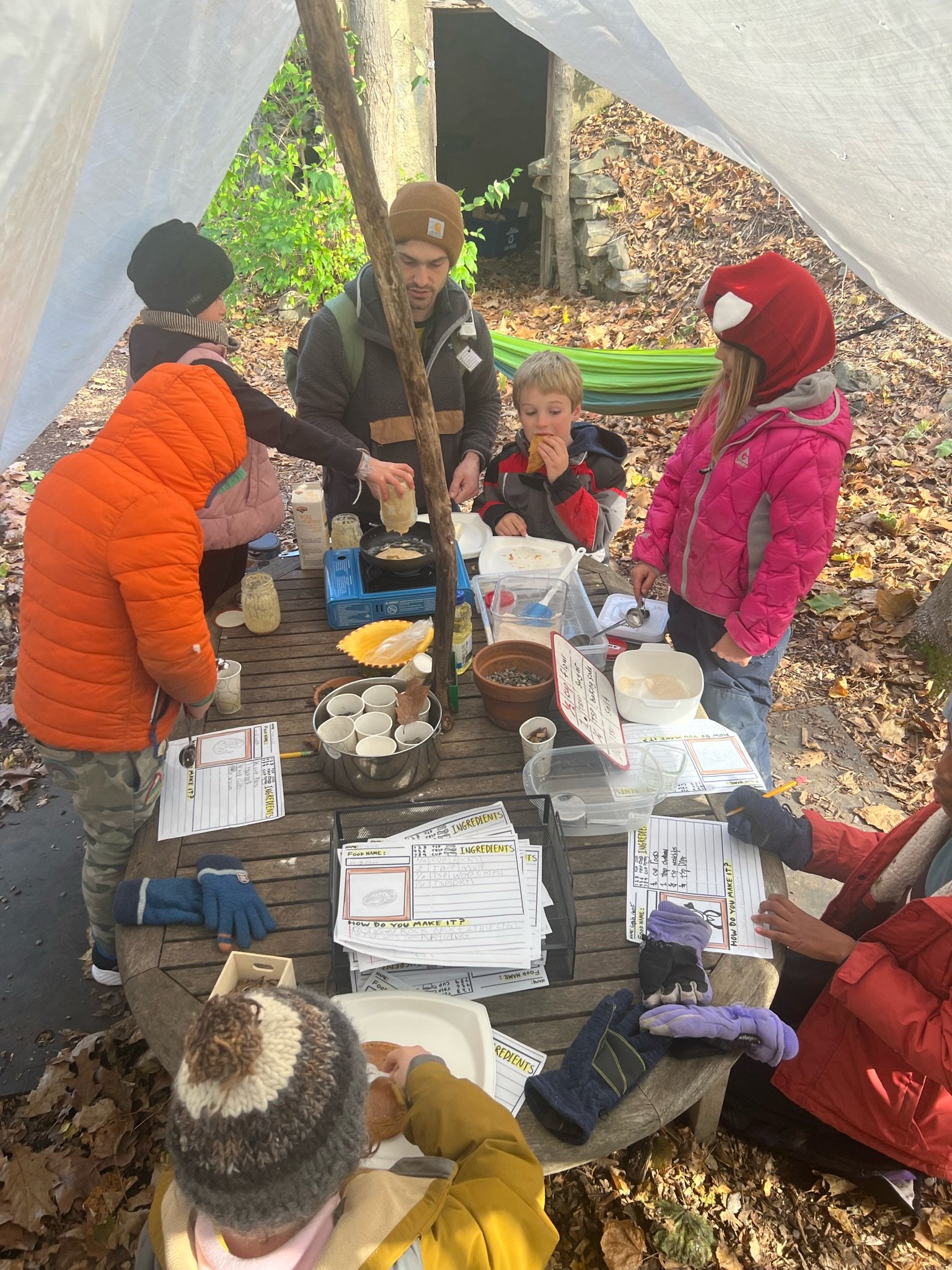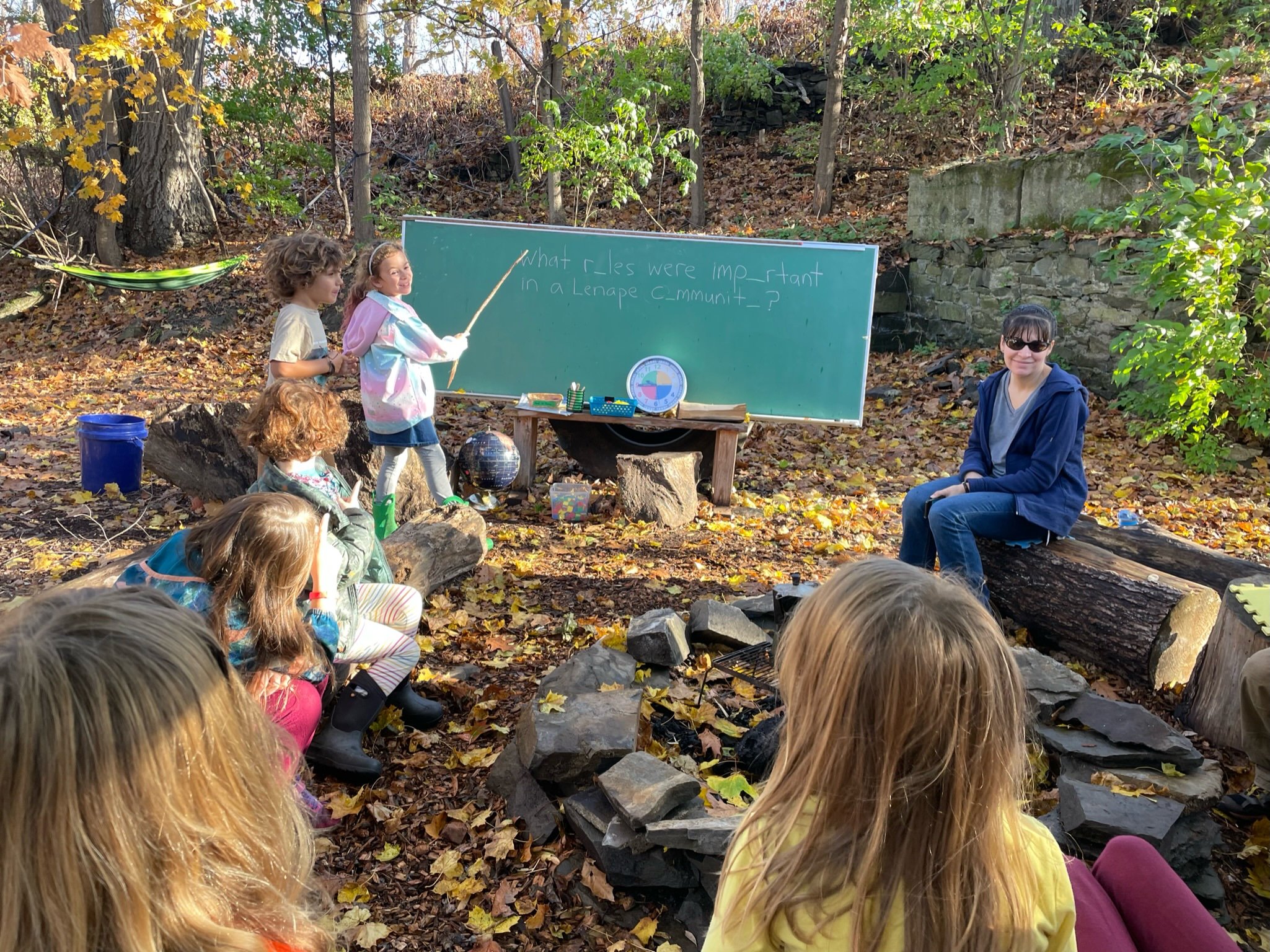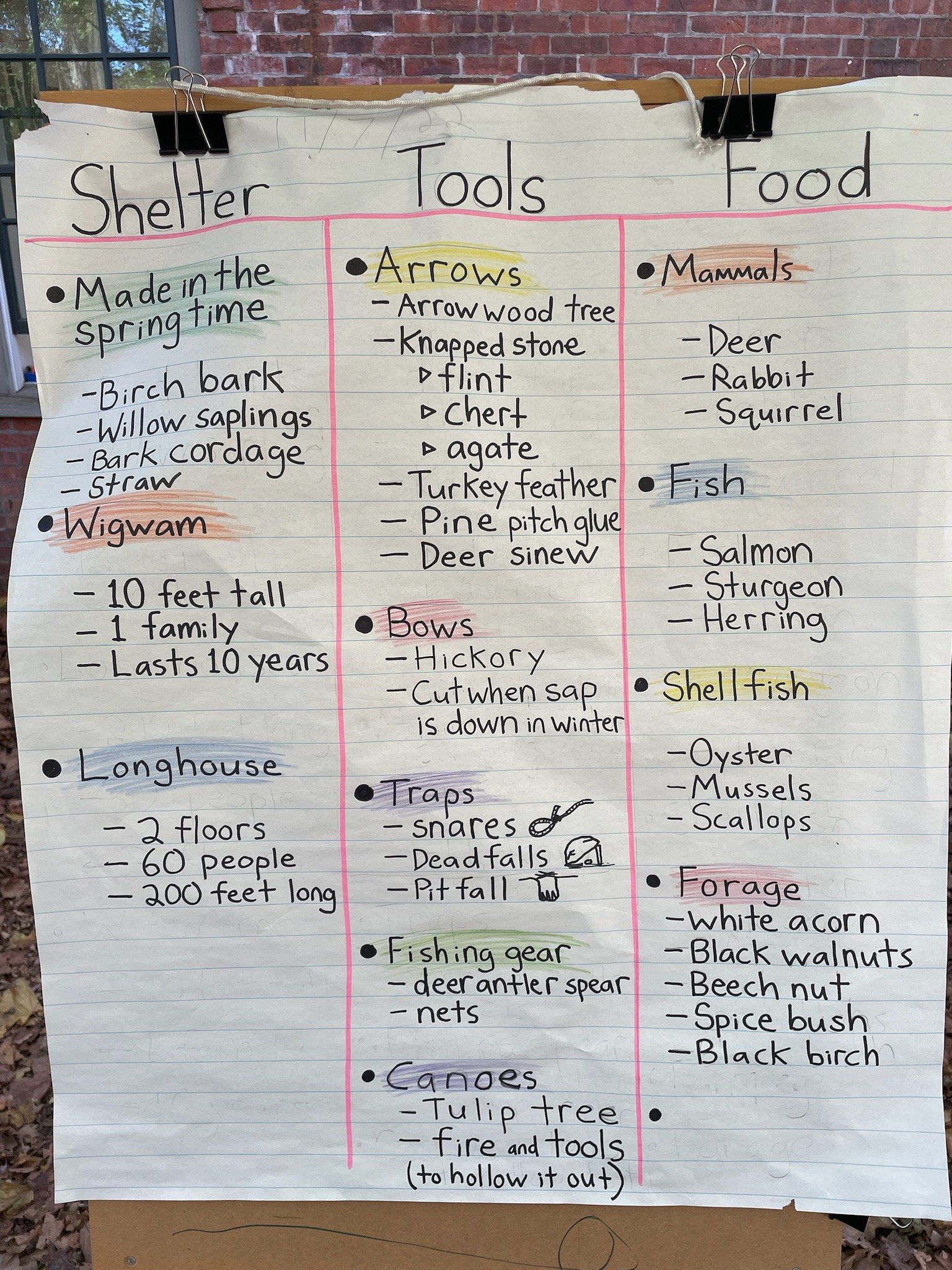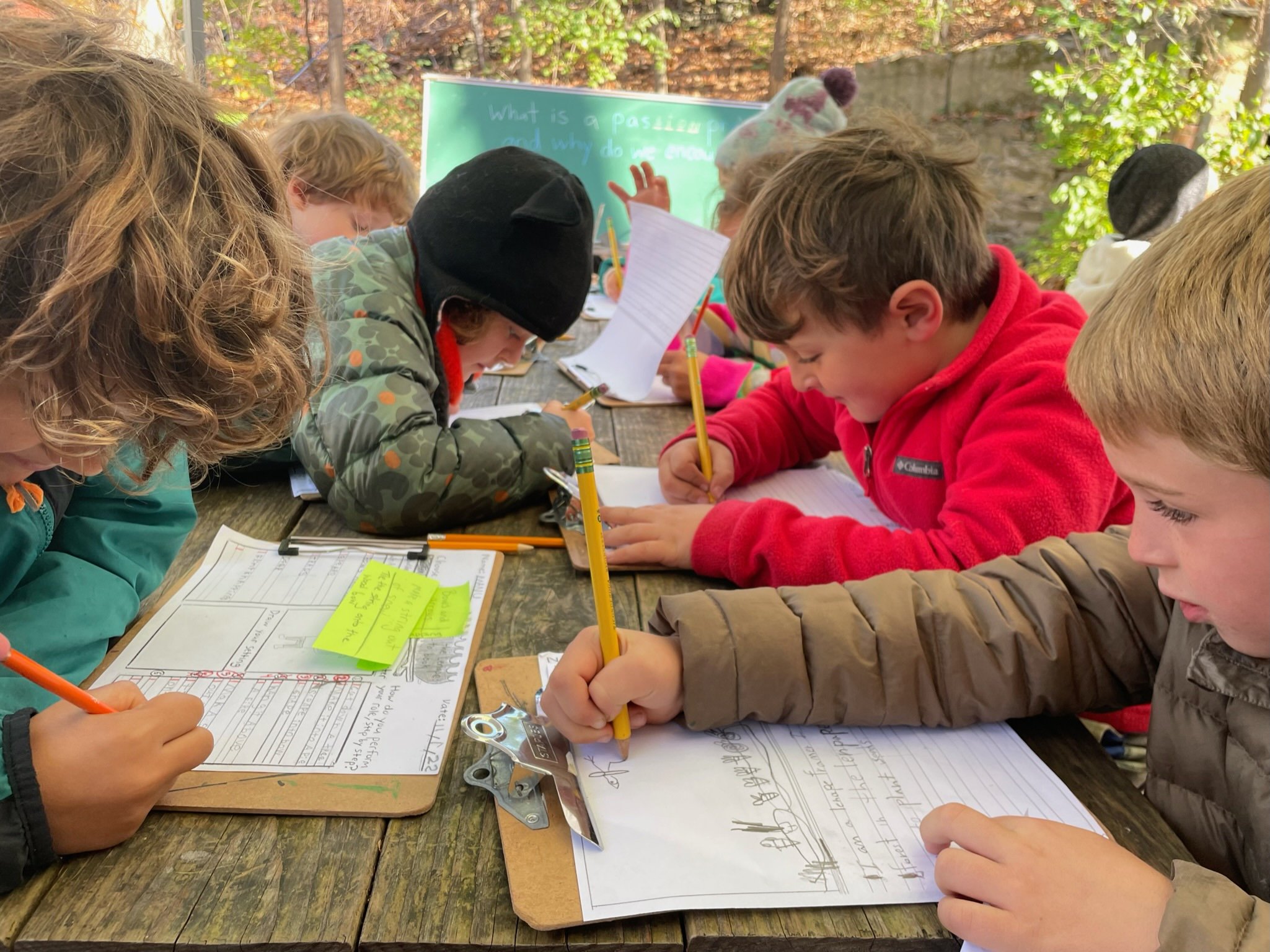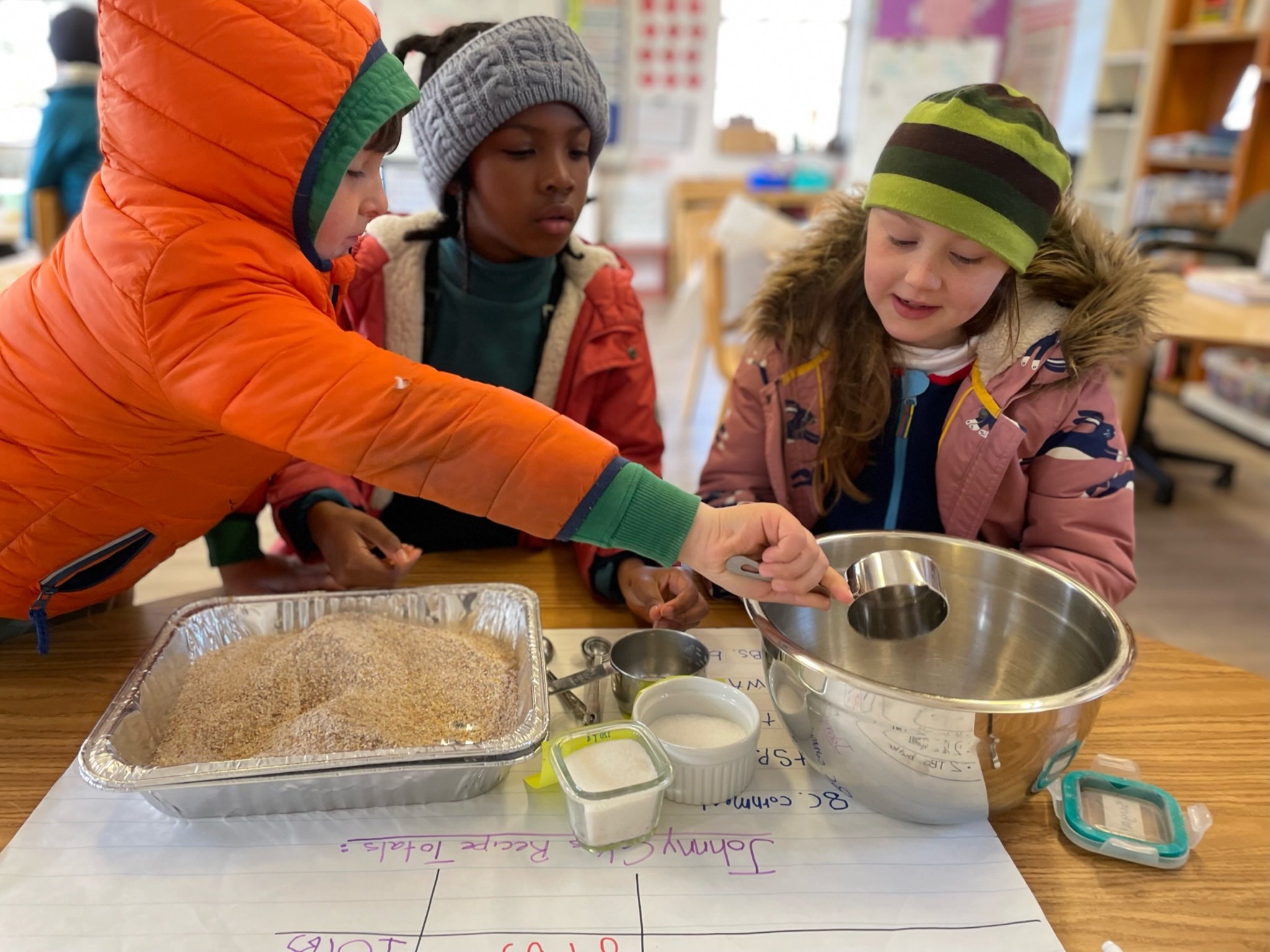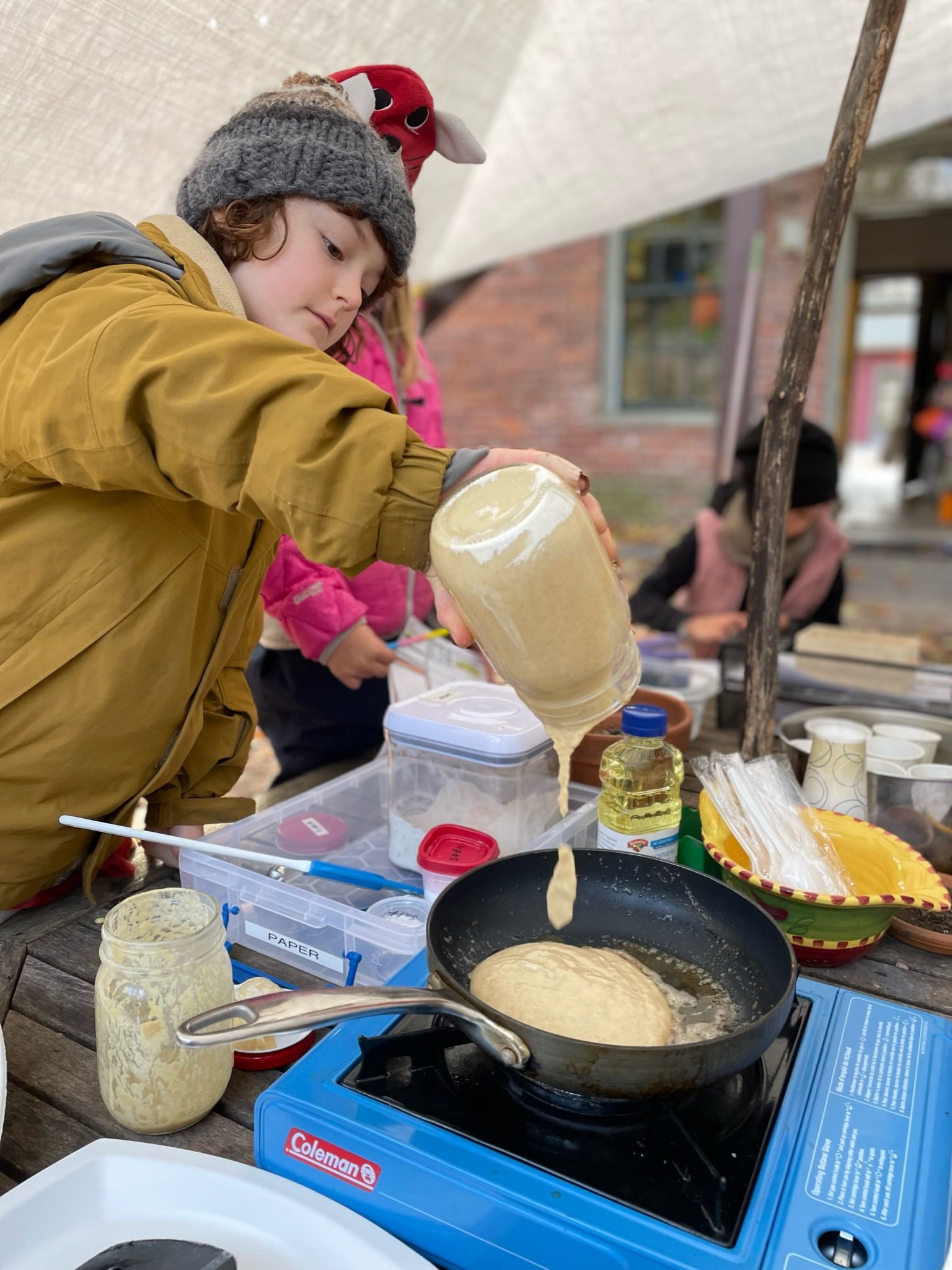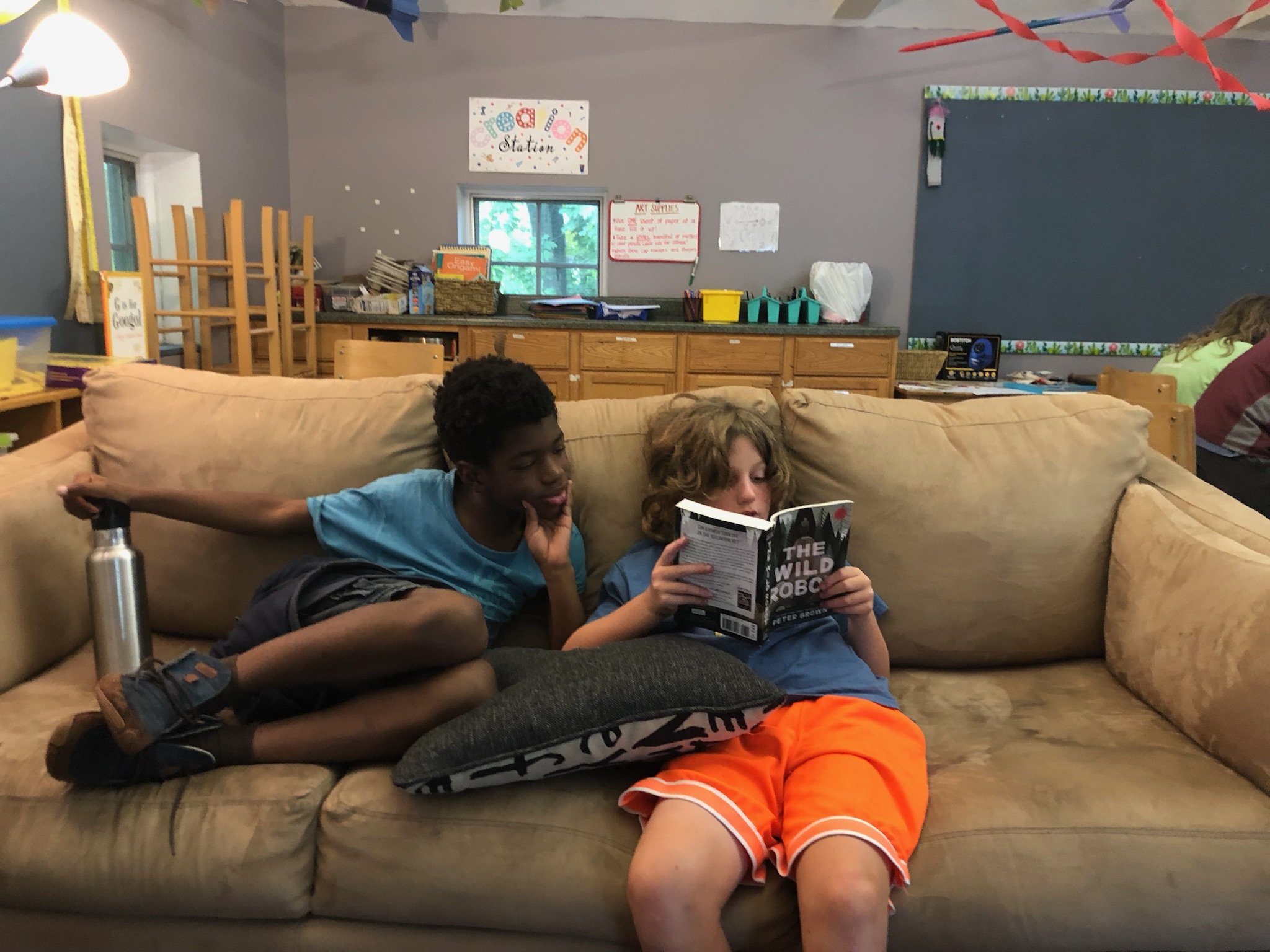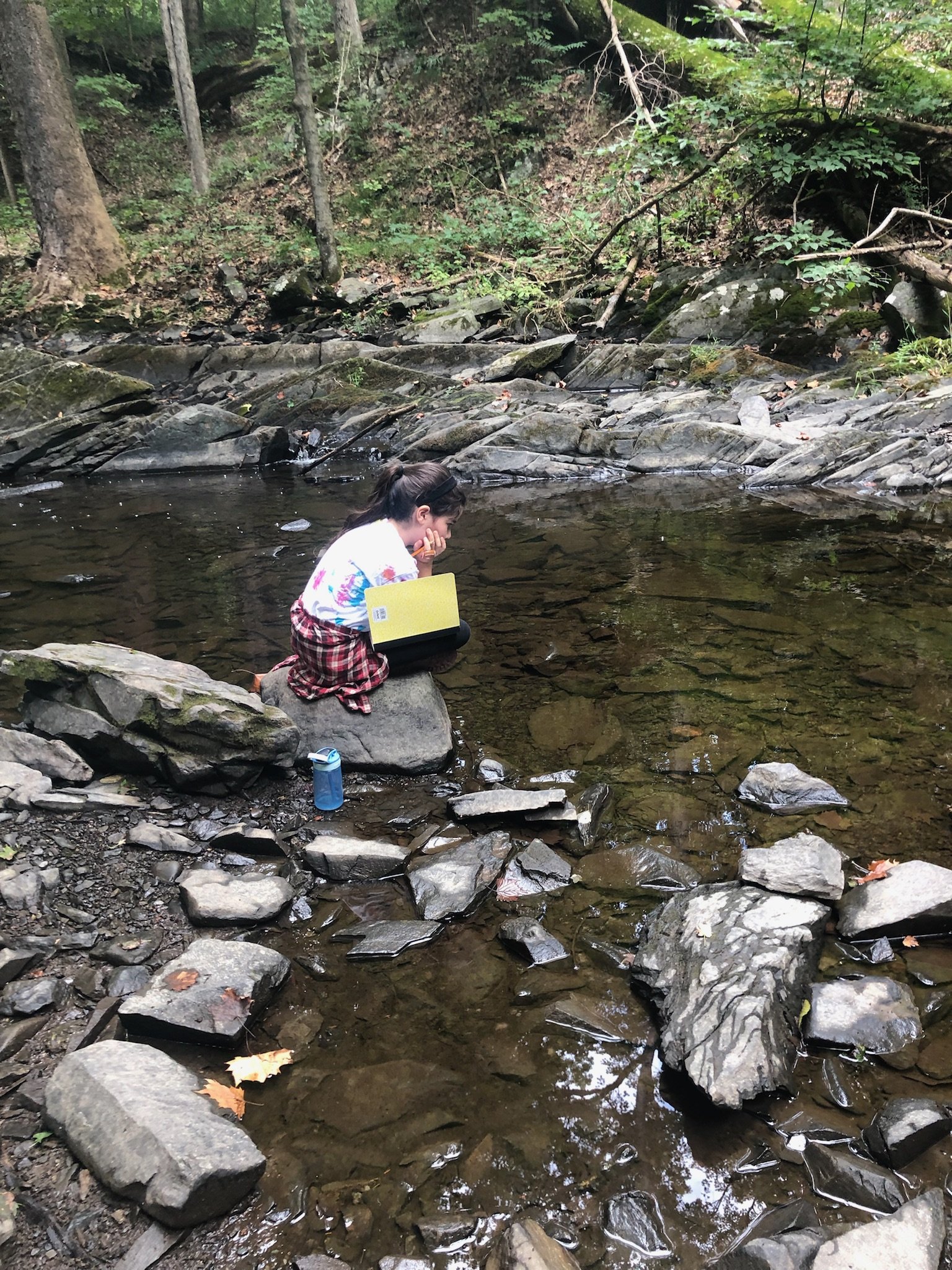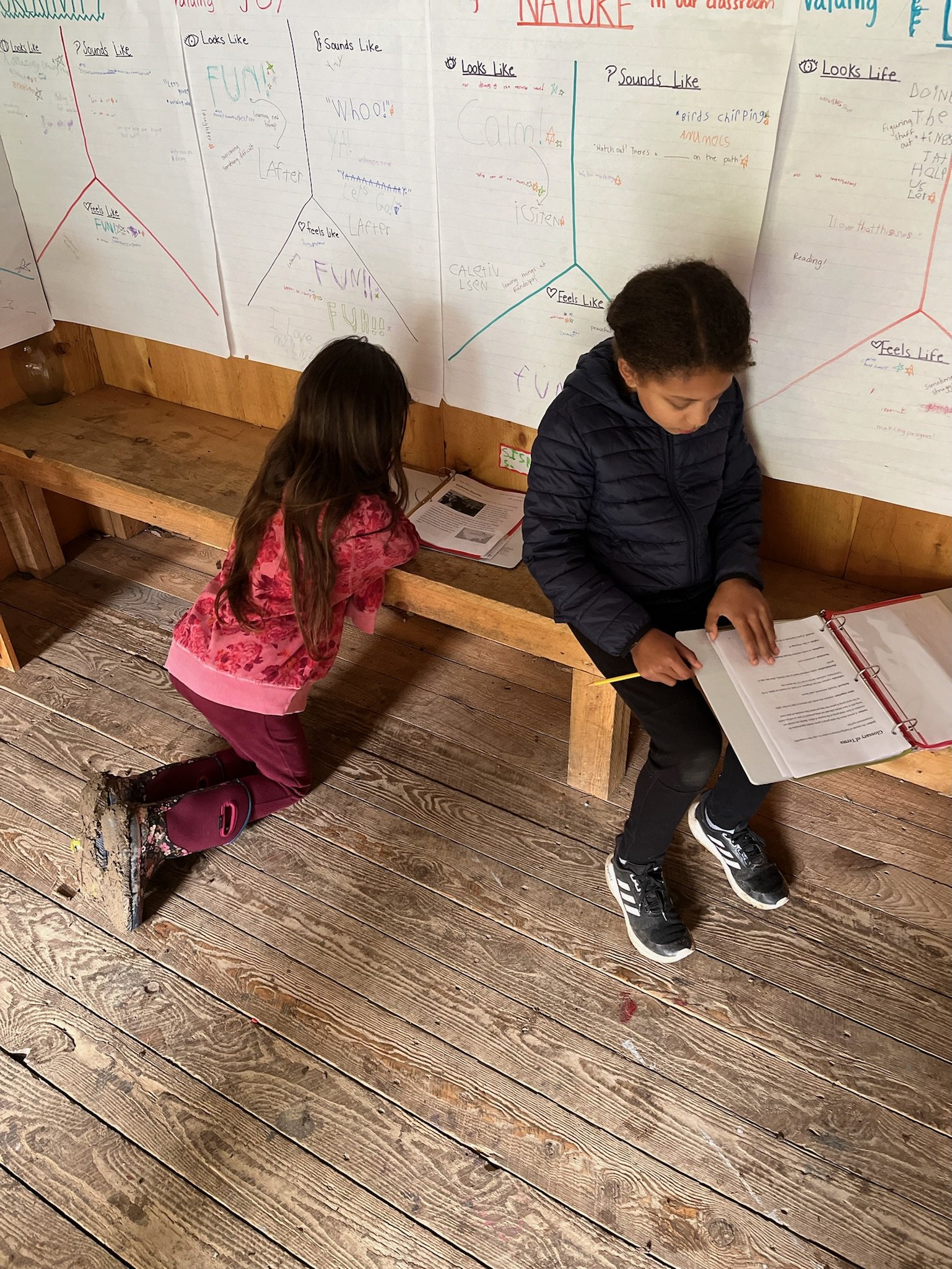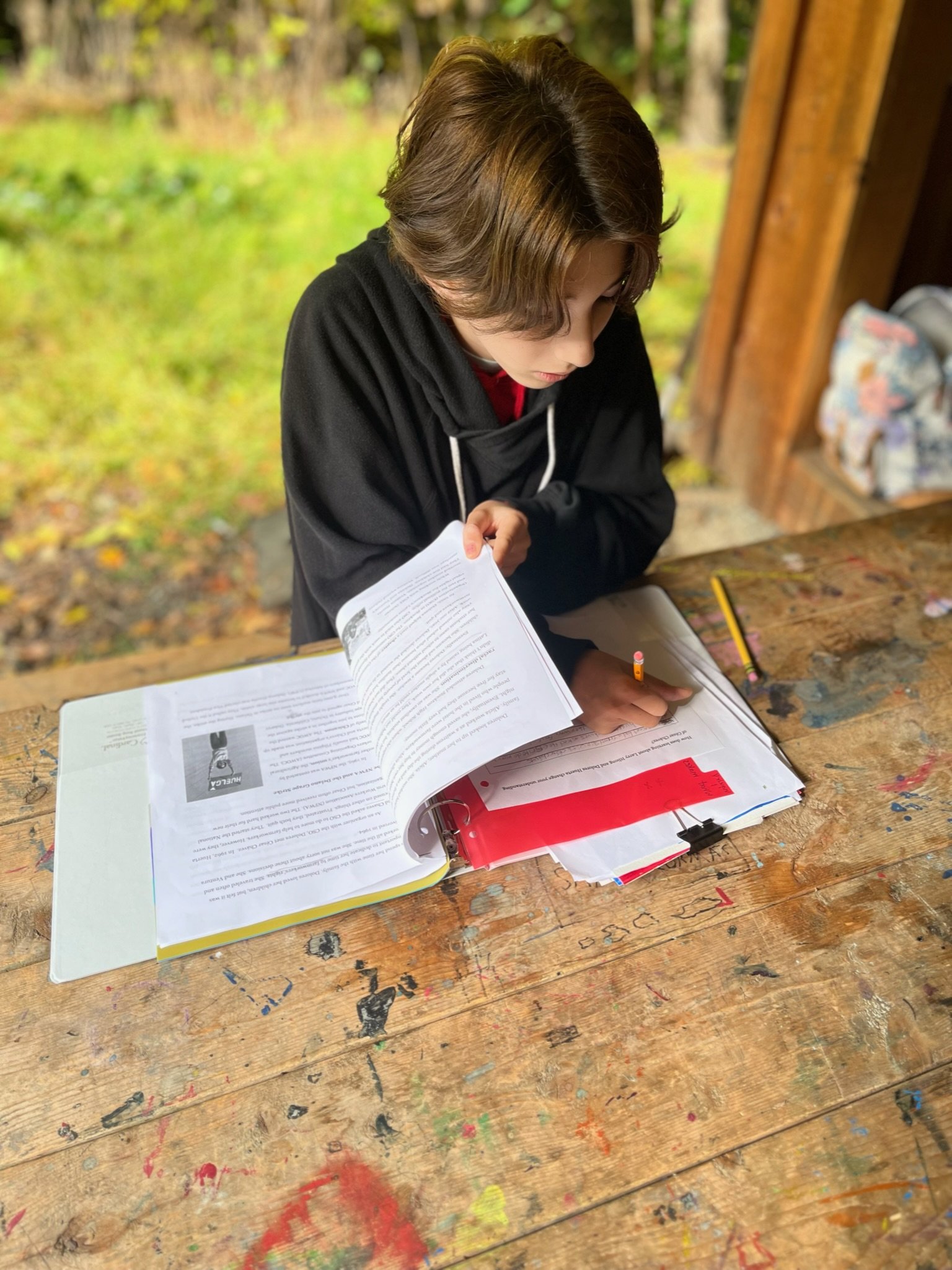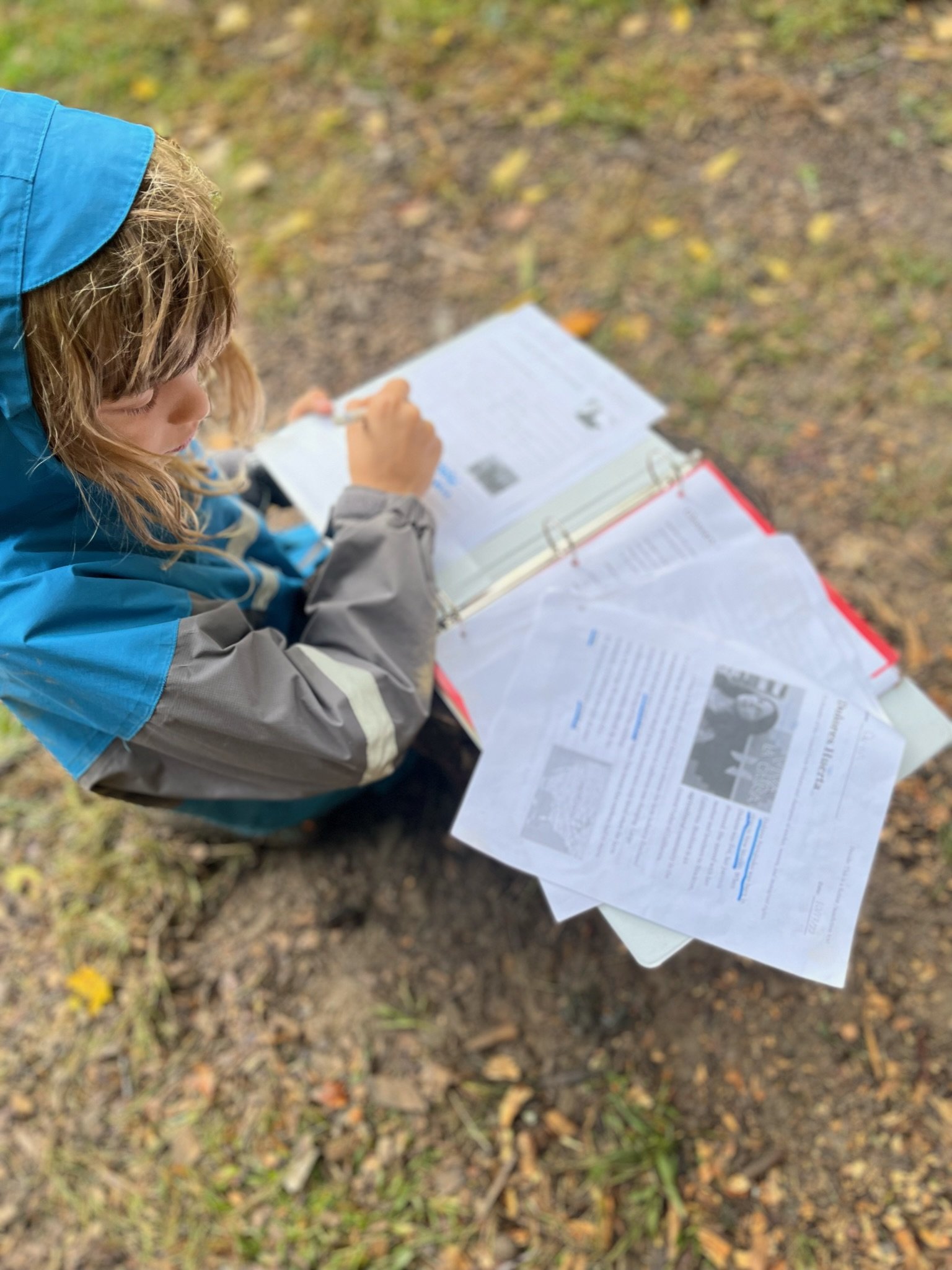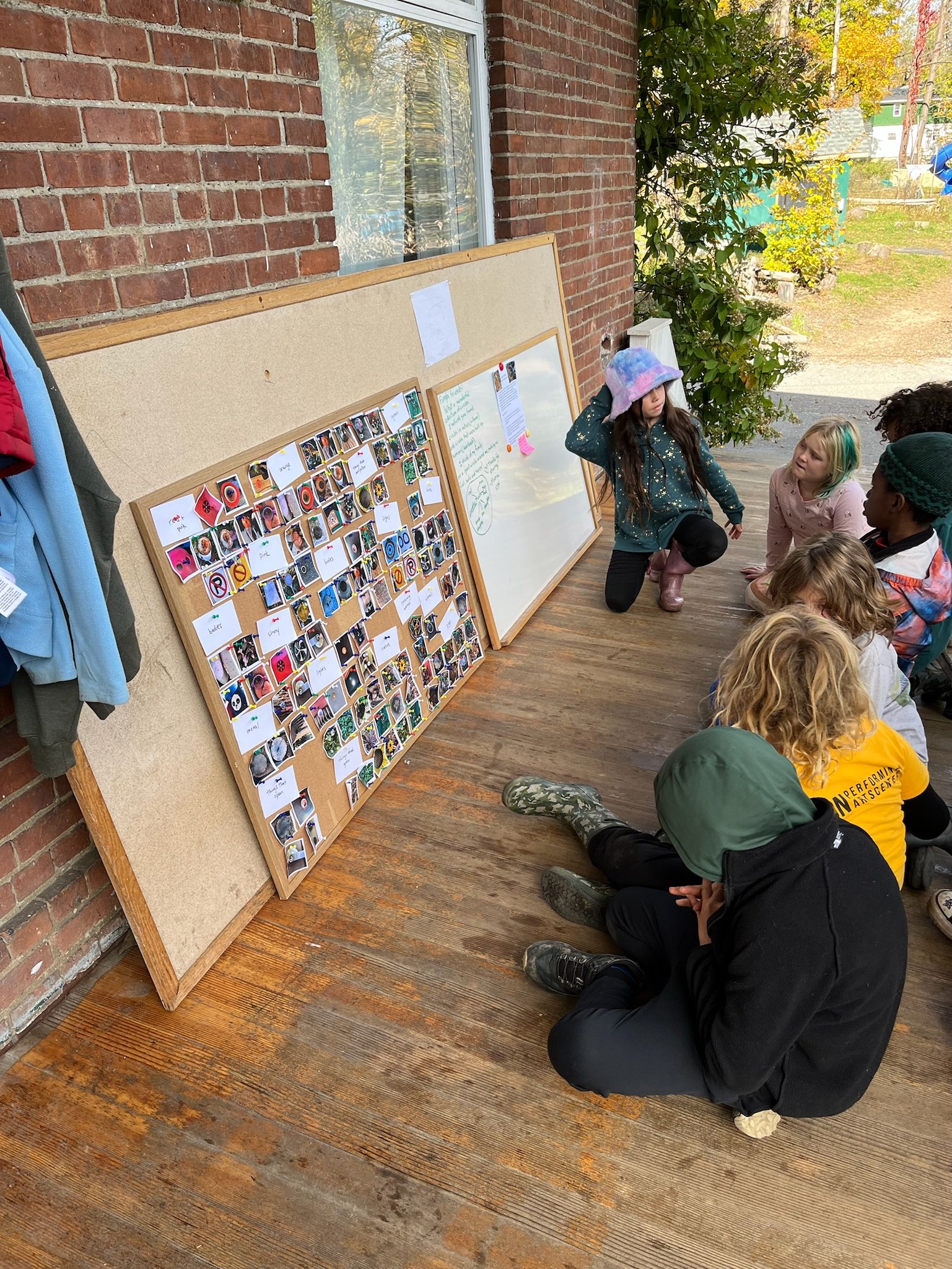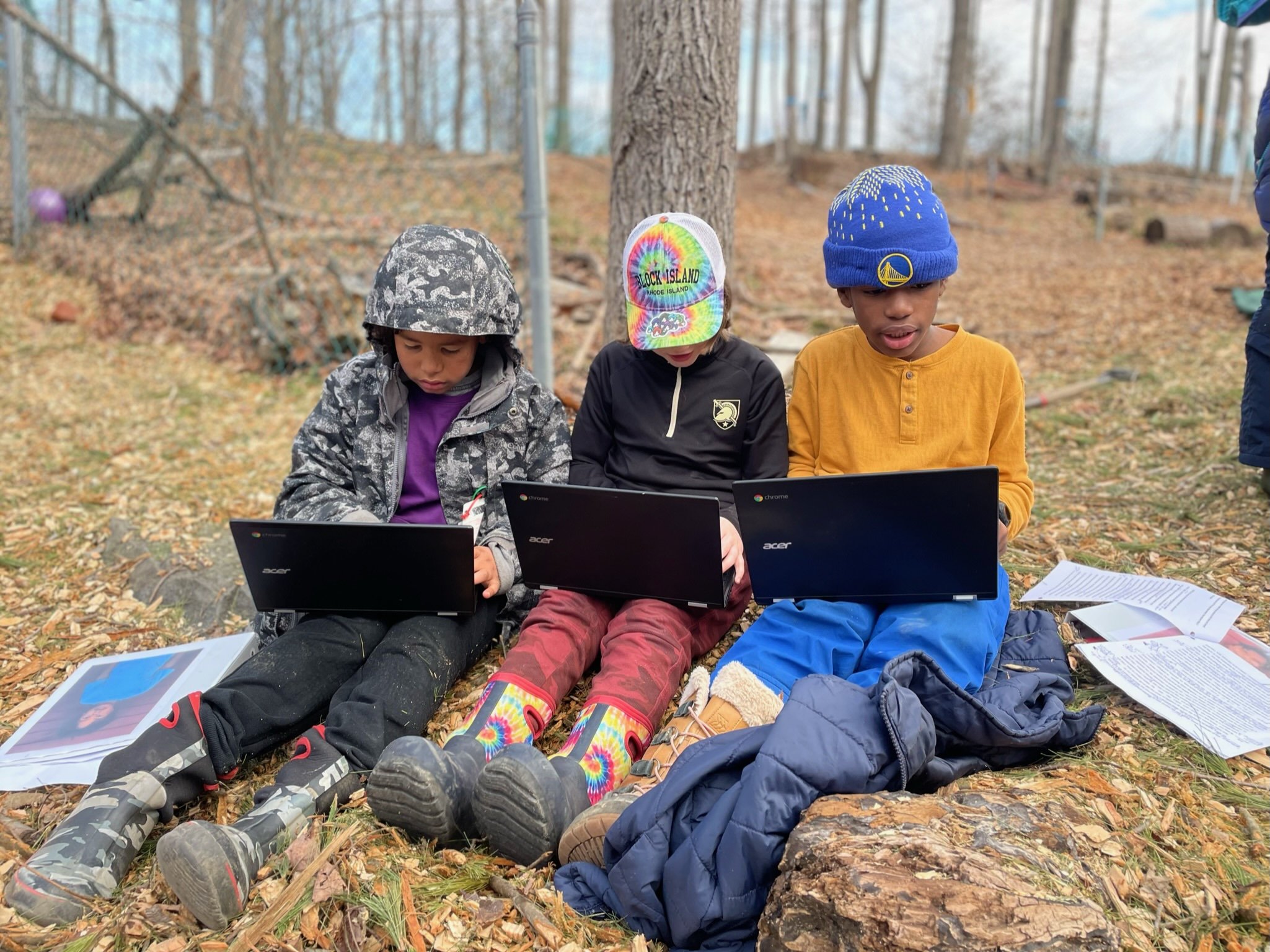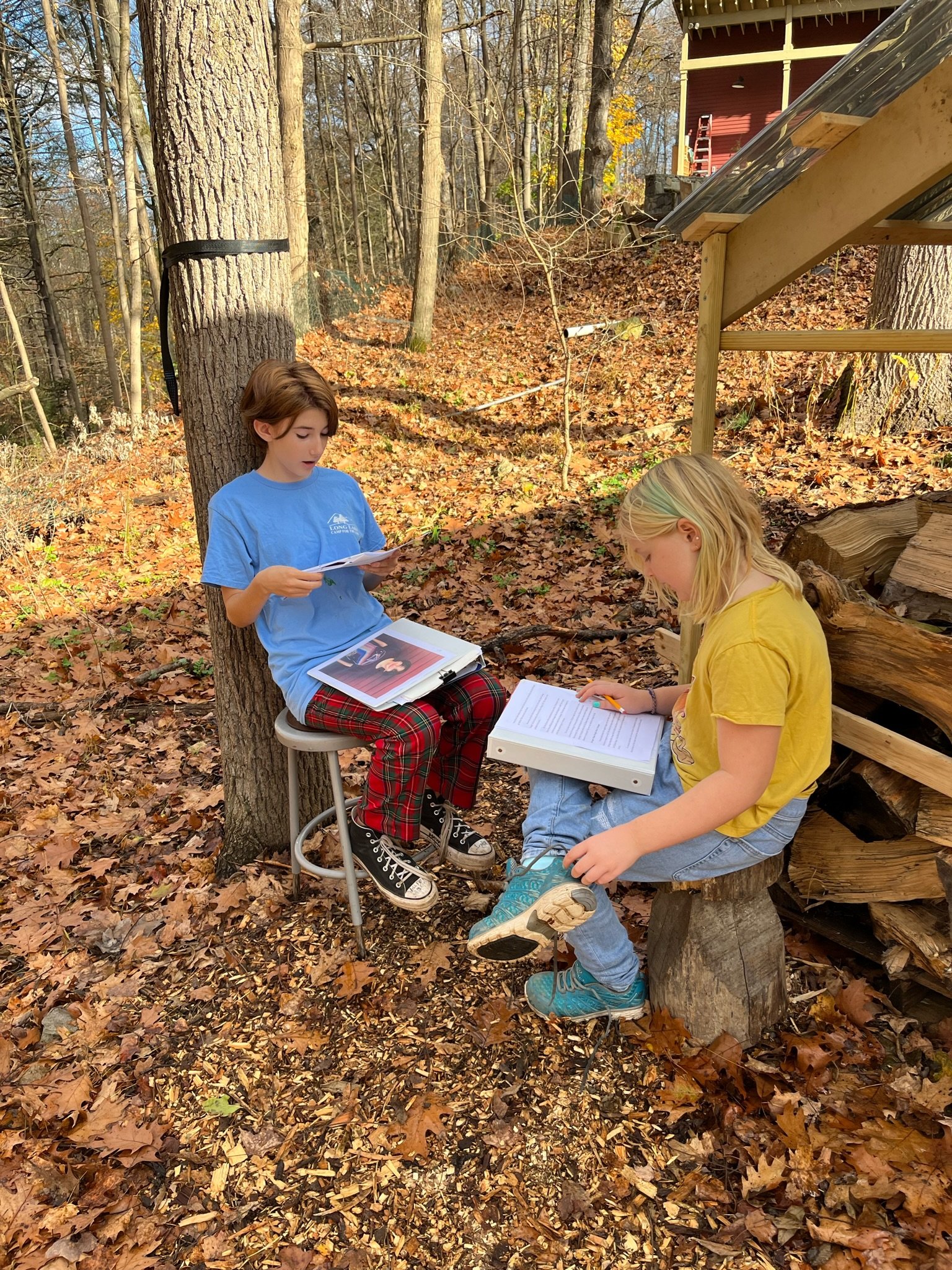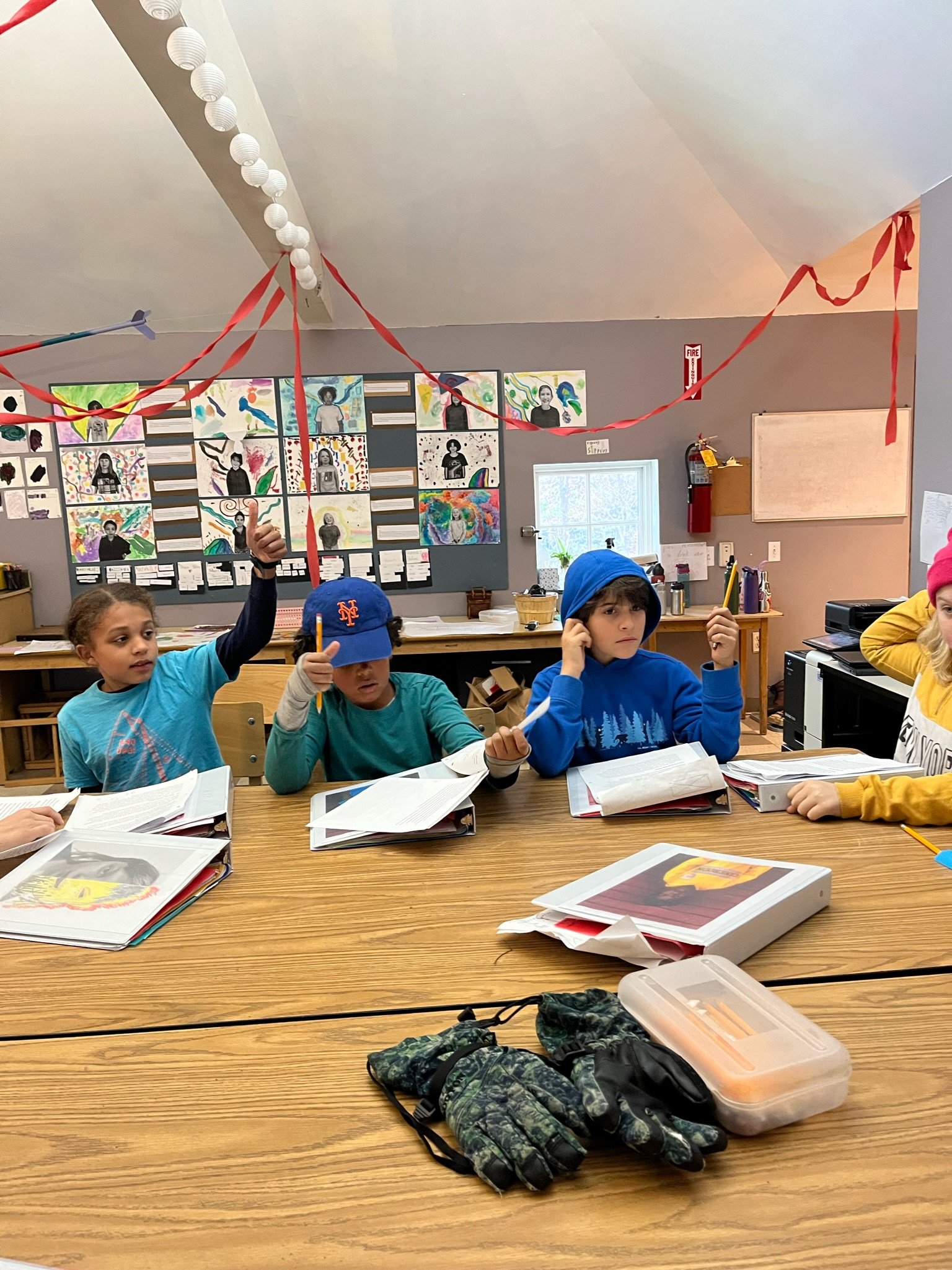“The goal of education is not to increase the amount of knowledge but to create the possibilities for a child to invent and discover, to create people who are capable of doing new things.”
Each year the 5-6-7 teachers and students work together to build an intentional community of learners. Children learn to work together in both small and large groups, often joining in the work of children in the other age groups. Teachers set the foundation for the joyful and challenging work of reading, writing, critical thinking, problem solving, mathematical thinking , and documenting observations.
Our seasonal studies provide an opportunity to observe the world around us, forming a basis for science and social studies appropriate for children at this stage of development. We harvest crops from our garden and cook for our school-wide Harvest Feast. In winter, we master new skills such as skiing, skating , and sledding. We tap maple trees, design and plant gardens with native plants to support our hive of bees and migrating butterflies.
Our outdoor classroom supports physical and social learning and informs intellectual development in many ways, which can include eliciting of writing about the creek or the garden. By practicing the Alexander Technique, we study of anatomy and its connection to our feelings, which help to bond us as a community and give us a common language for social interactions. This becomes a foundation for self-regulation and effective interpersonal communication.
Additionally the children build indoors and out, play board and card games, learn to finger knit and sew, dance and sing together, play sports, create art, jump rope , and swing from monkey bars. These activities require each child to collaborate, plan, problem solve, and exercise their bodies and imaginations.
More than 50 years of traditions also inform our curriculum when children participate in the publication of two newsletters, explore the night sky with Starlab, the portable planetarium we borrow from Mid-Hudson Teacher Center, build and launch rockets, and hatch chicks. Each of these studies provide the opportunity for children to invest in their own learning and make it meaningful. The work of the teachers at Randolph is to creatively introduce opportunities for academic, social, emotional, physical, and artistic skill-building.
The upper elementary program consists of two multi-age groups, the 7-8-9s and the 9-10-11s. The main goal of this program is to engage students in meaningful and authentic learning experiences that will allow them opportunities to foster independence, challenge themselves academically and build social emotional skills. Education is for the whole child and social, emotional, physical and artistic development are carefully balanced with intellectual and academic growth.
Our curriculum is project-based and designed to be thematic in nature. All content areas are interwoven throughout the course of a study. We encourage children to think about learning as a complex and multi-disciplinary endeavor. Real learning happens inside and outside of the classroom. Curricular goals are further explored through field trips and our skiing program. We celebrate the process of learning and embrace failures and mistakes. We foster strong community connections that help students support each other through challenges. As elders in our community, the upper elementary students take on an increasing amount of responsibility. They have the opportunity to guide and influence their younger peers. Learners are encouraged to dig deep into academic content to construct meaningful learning, explore new interests, take risks and grow.
